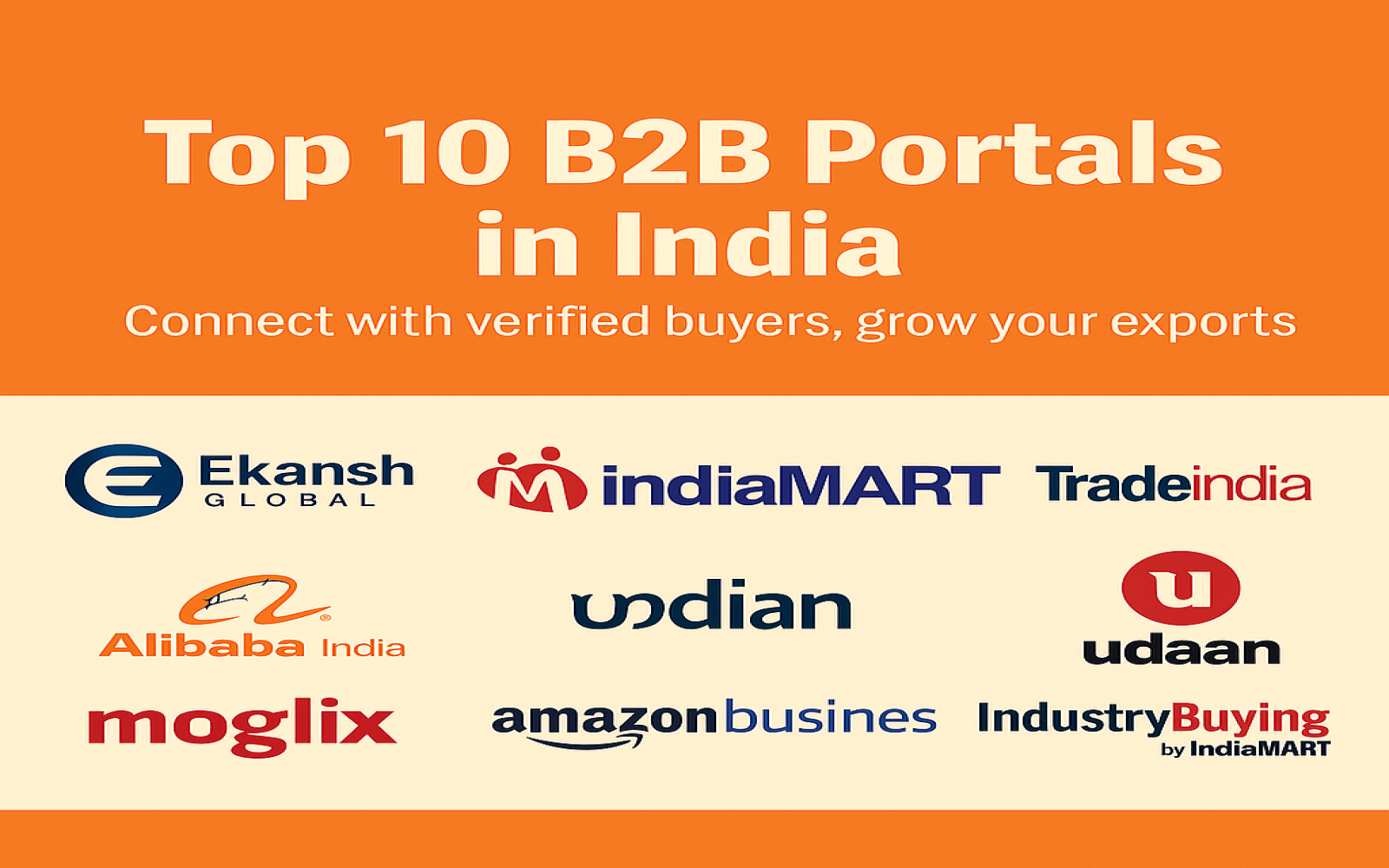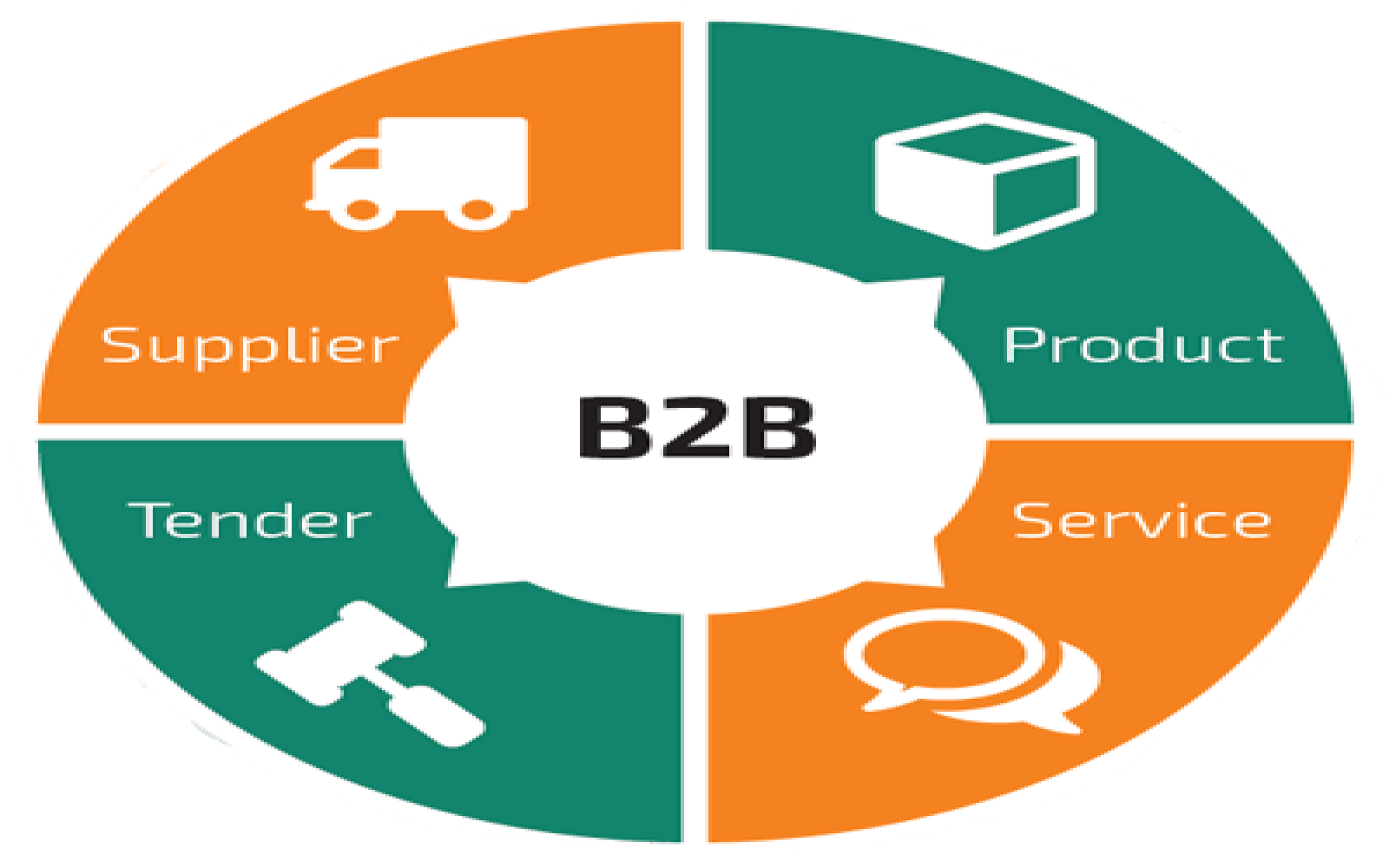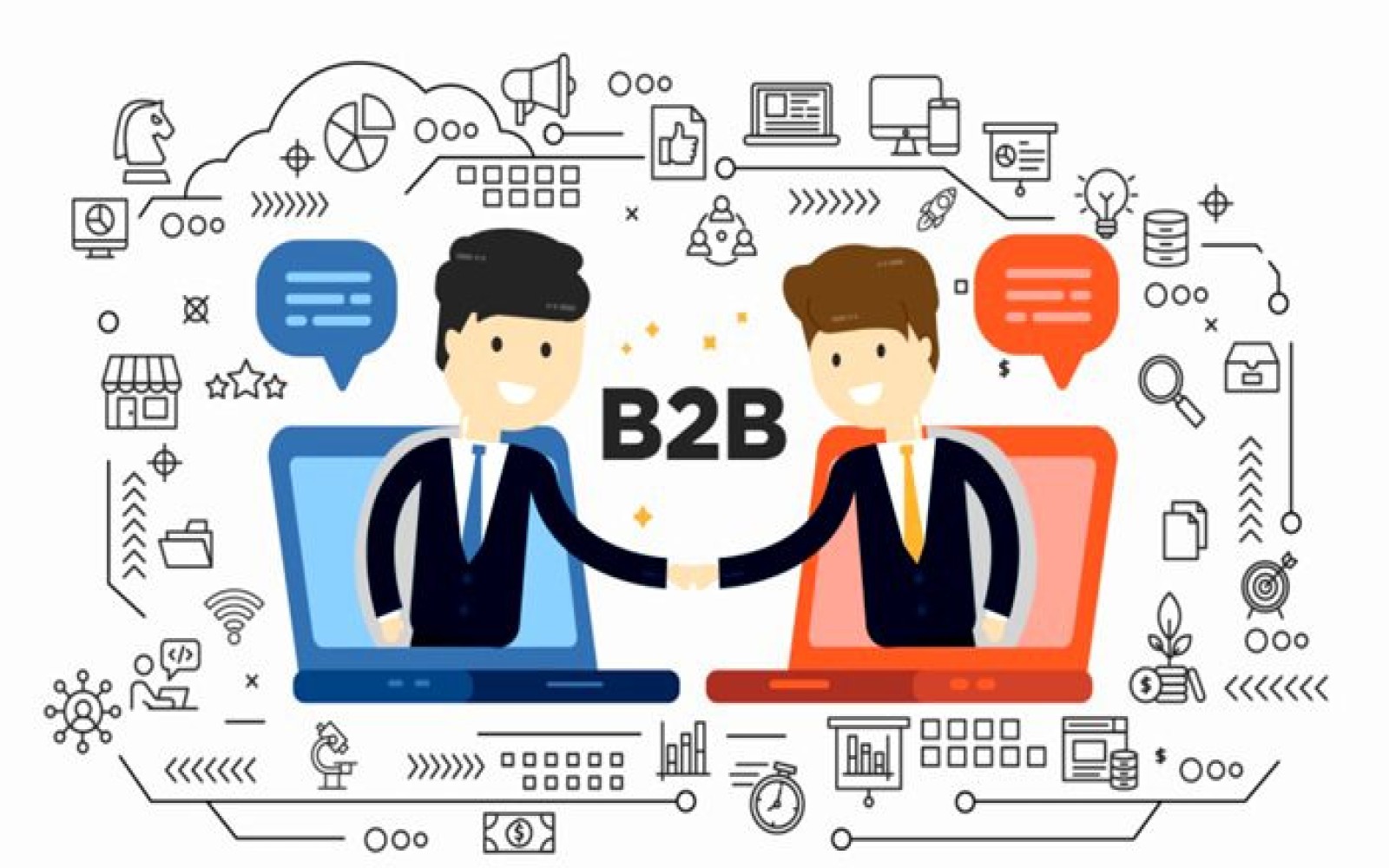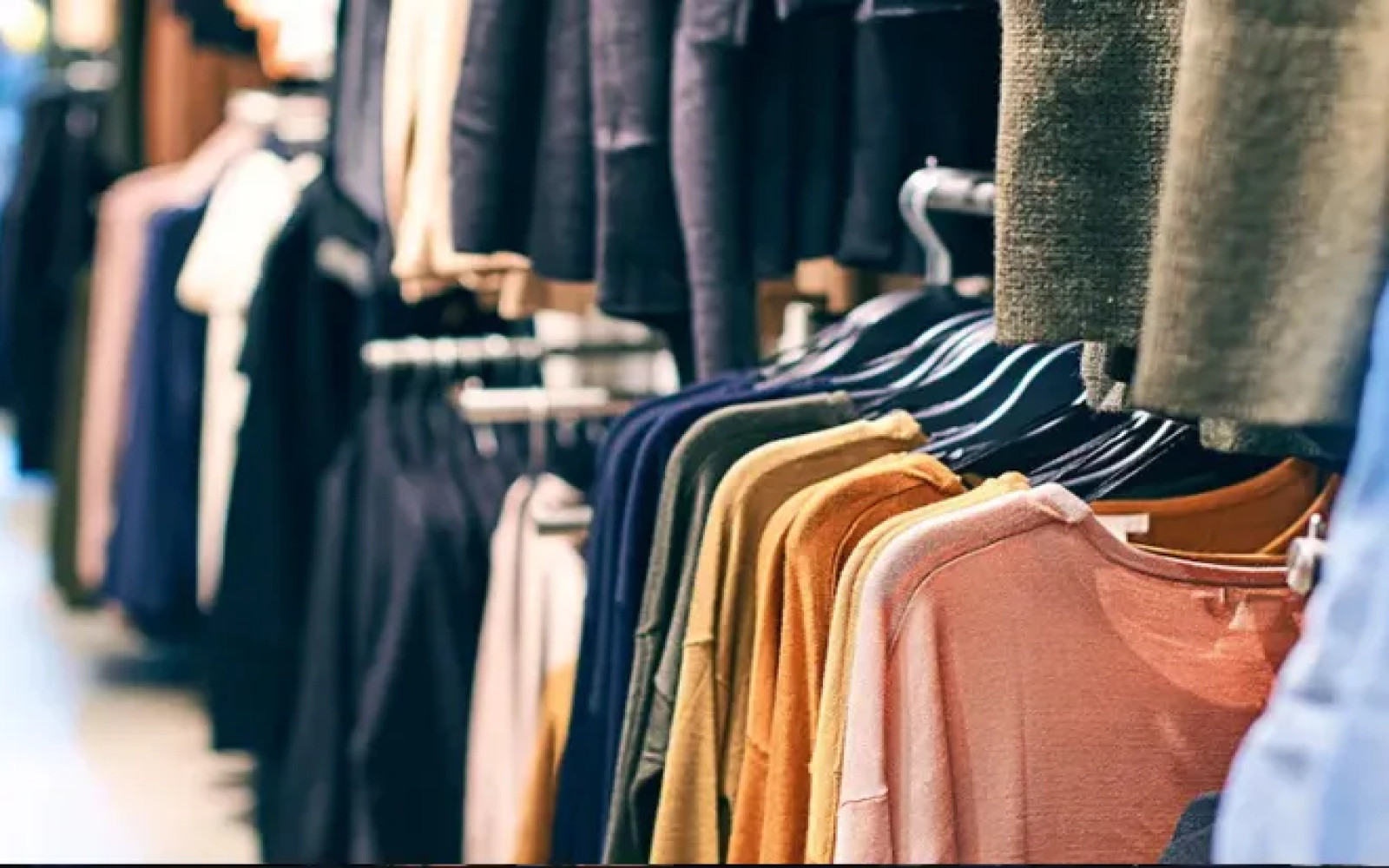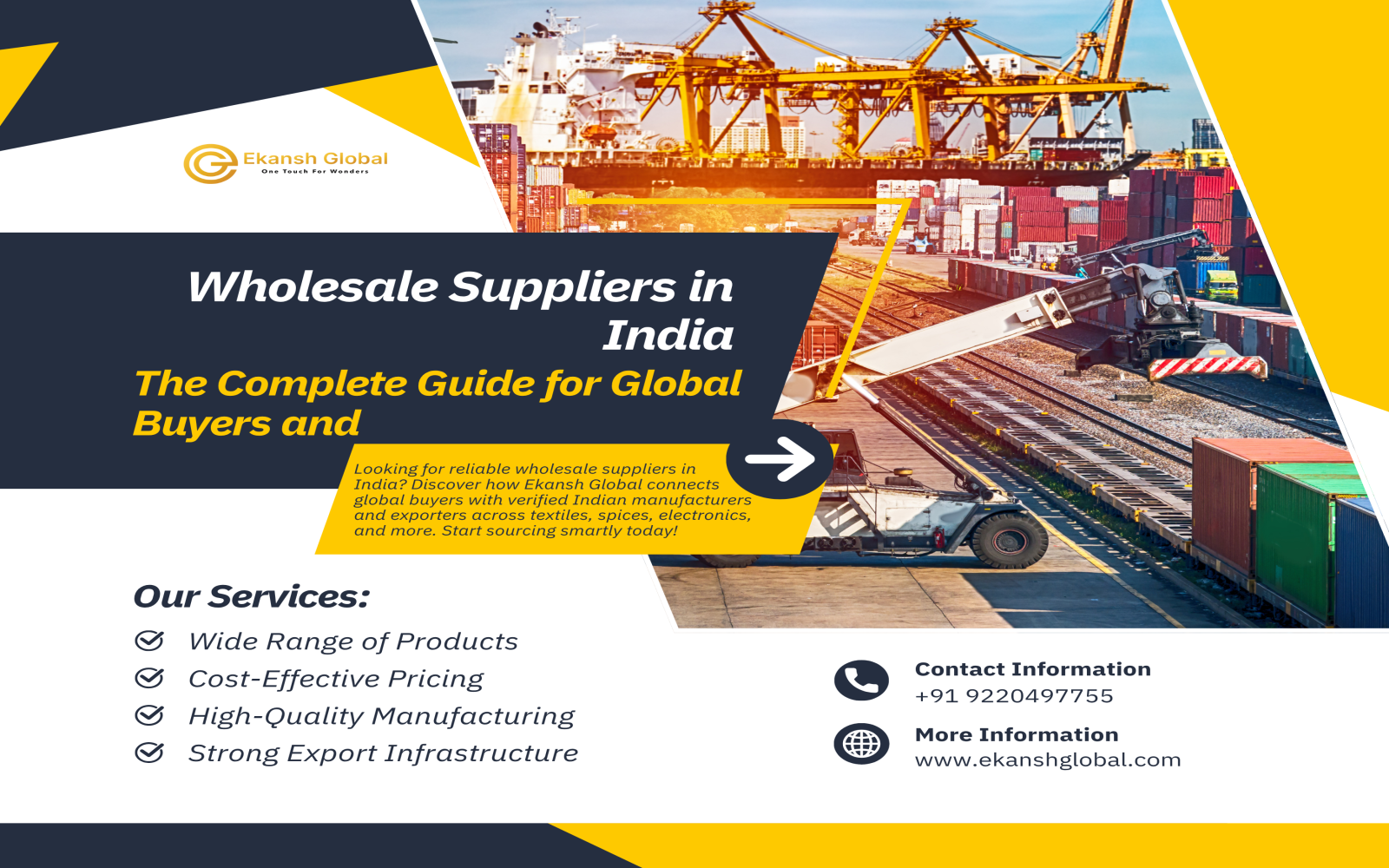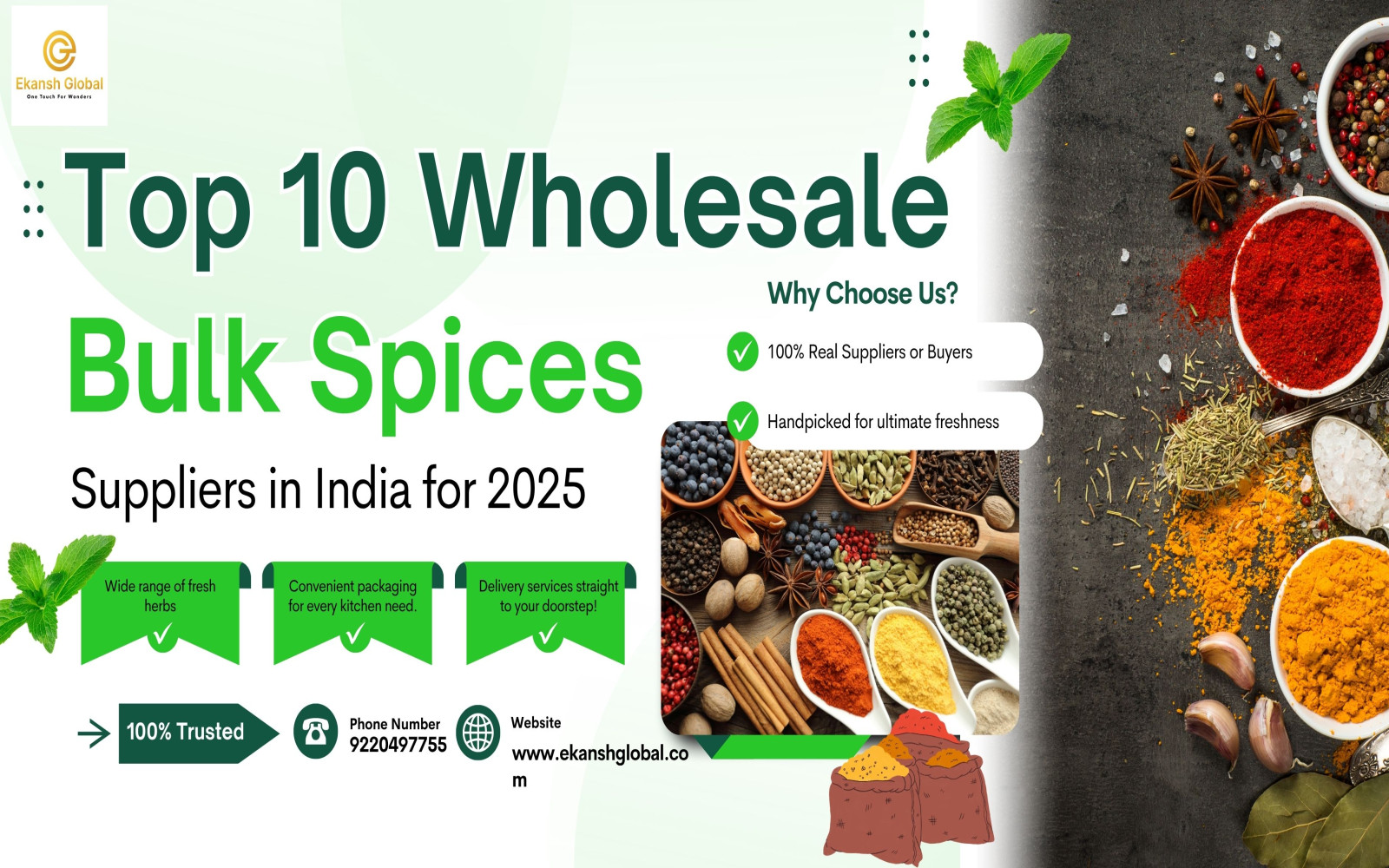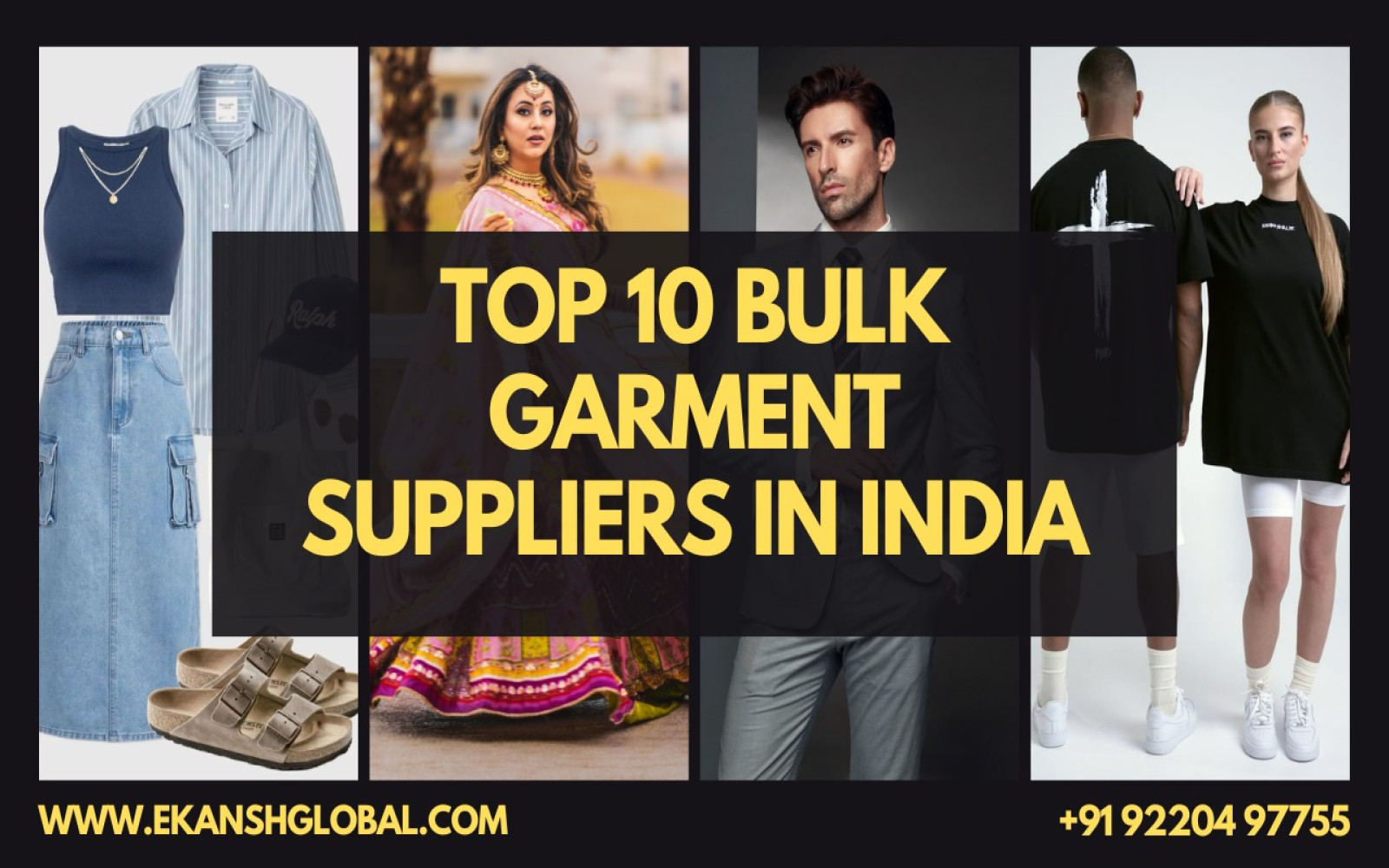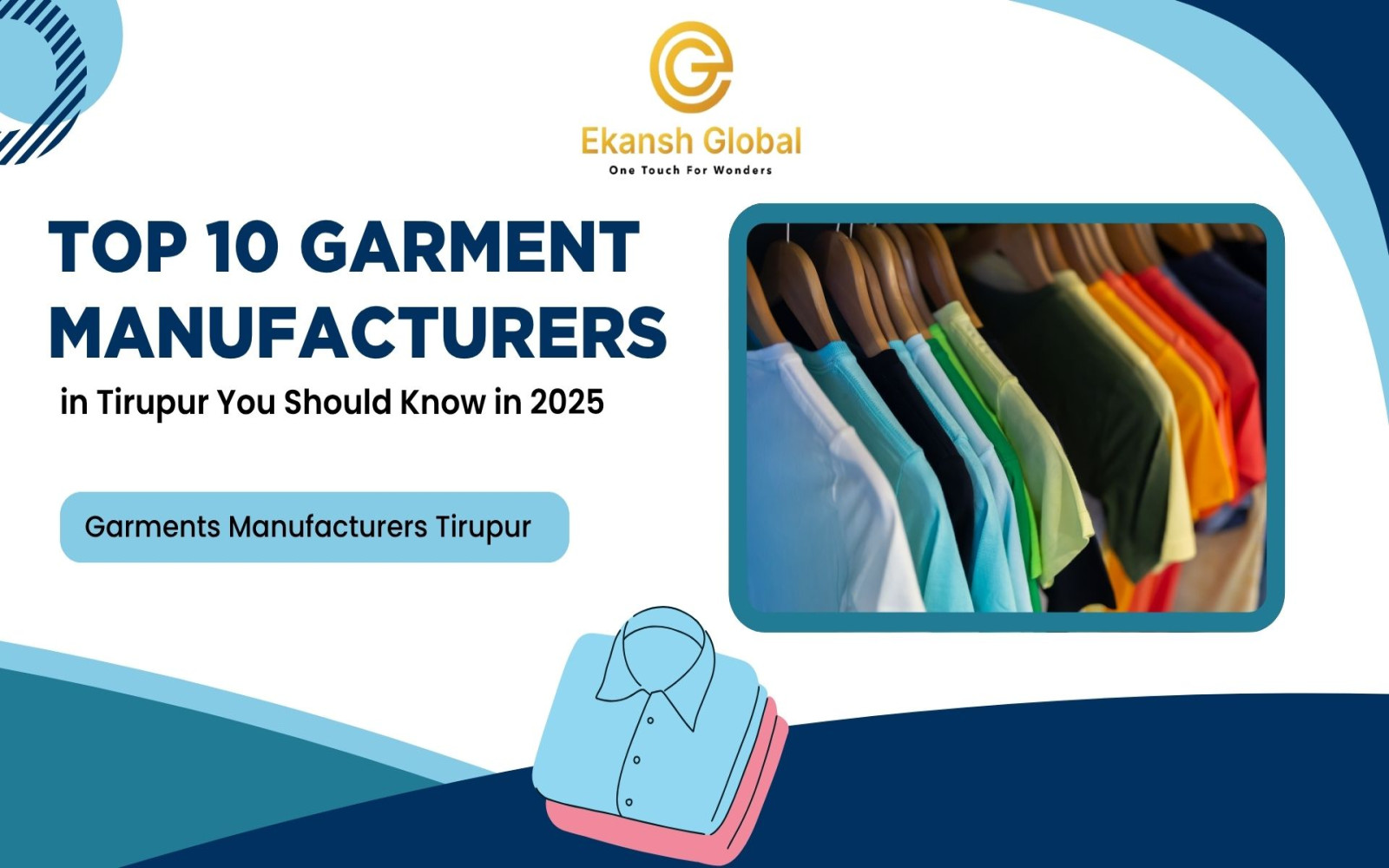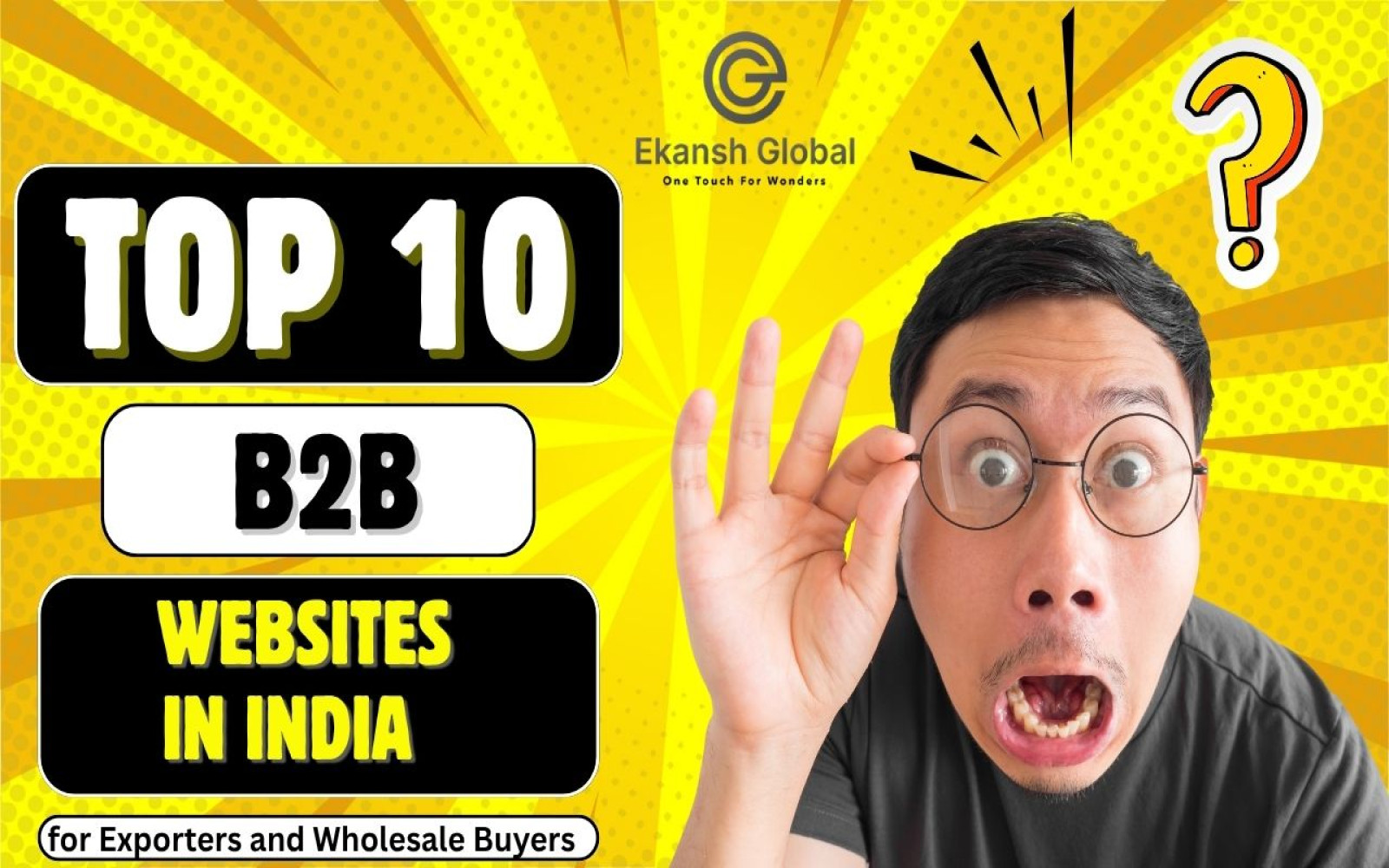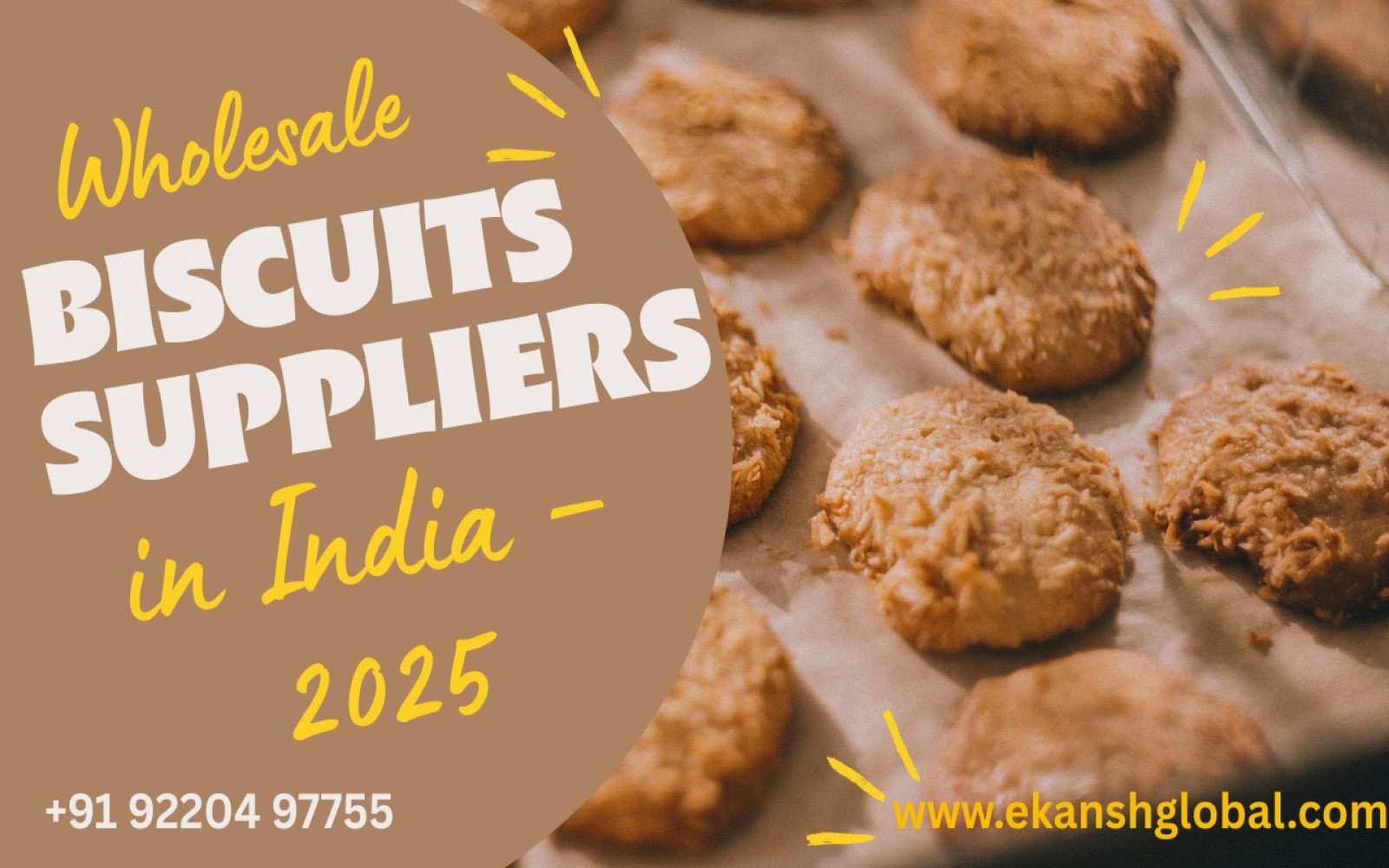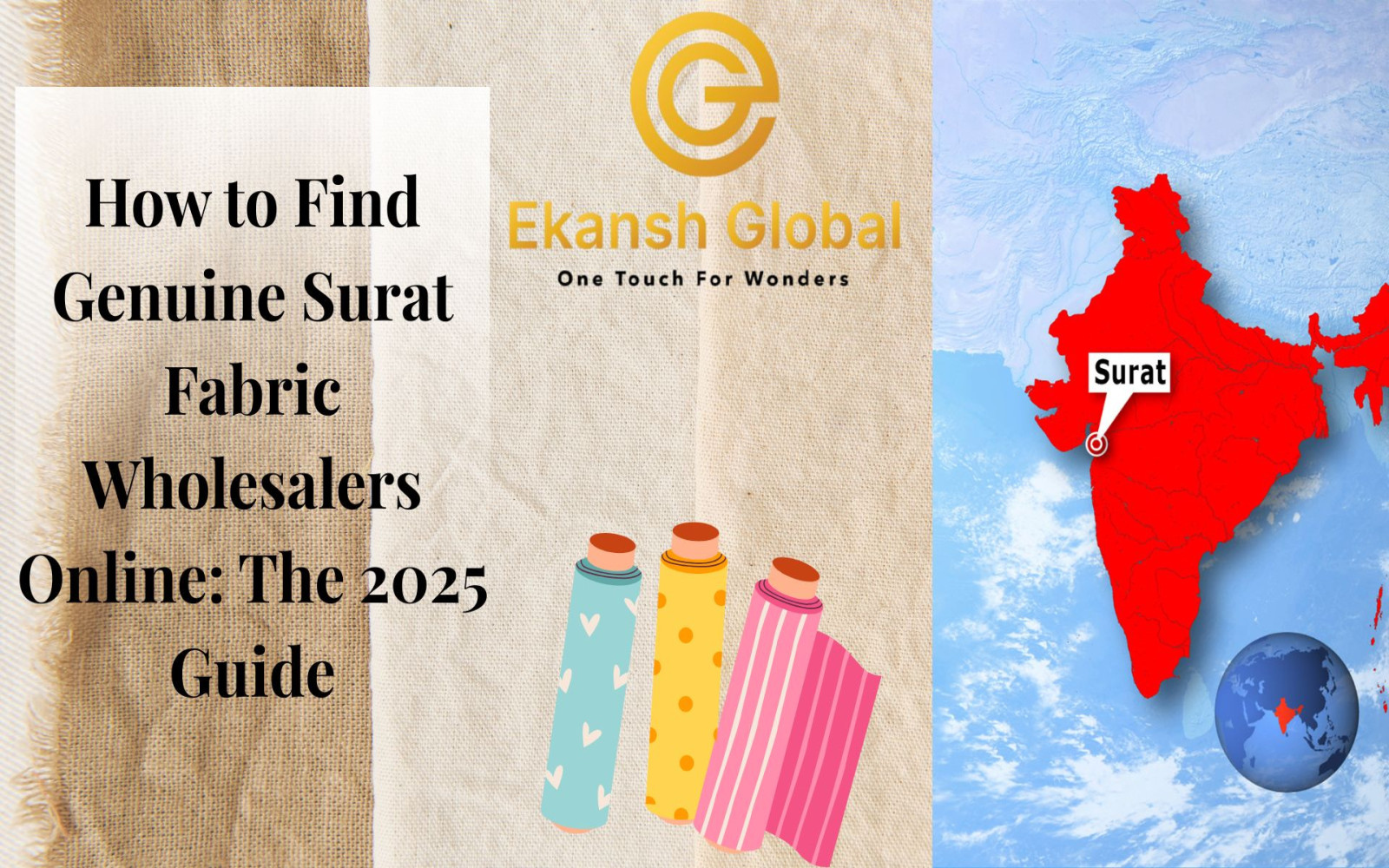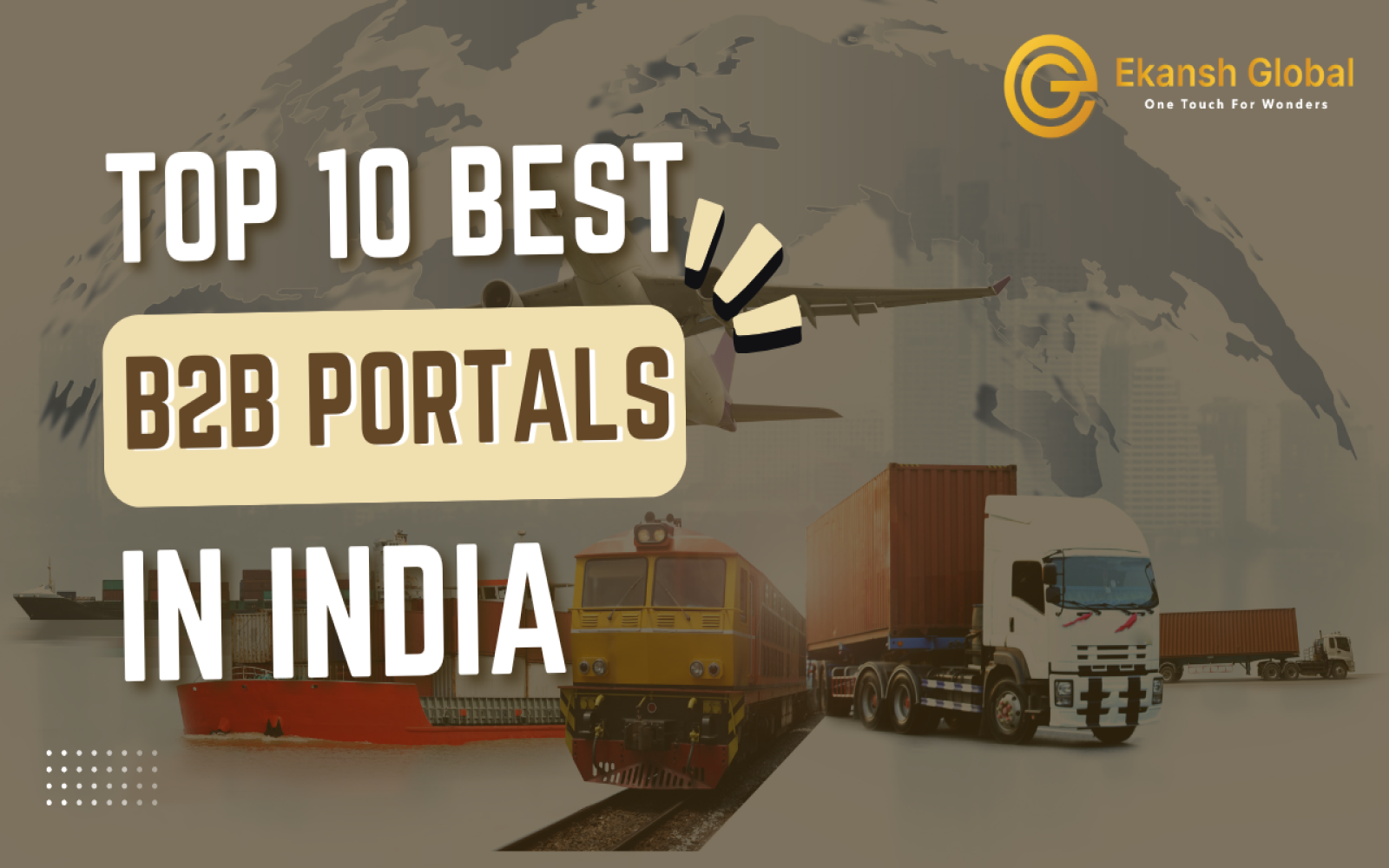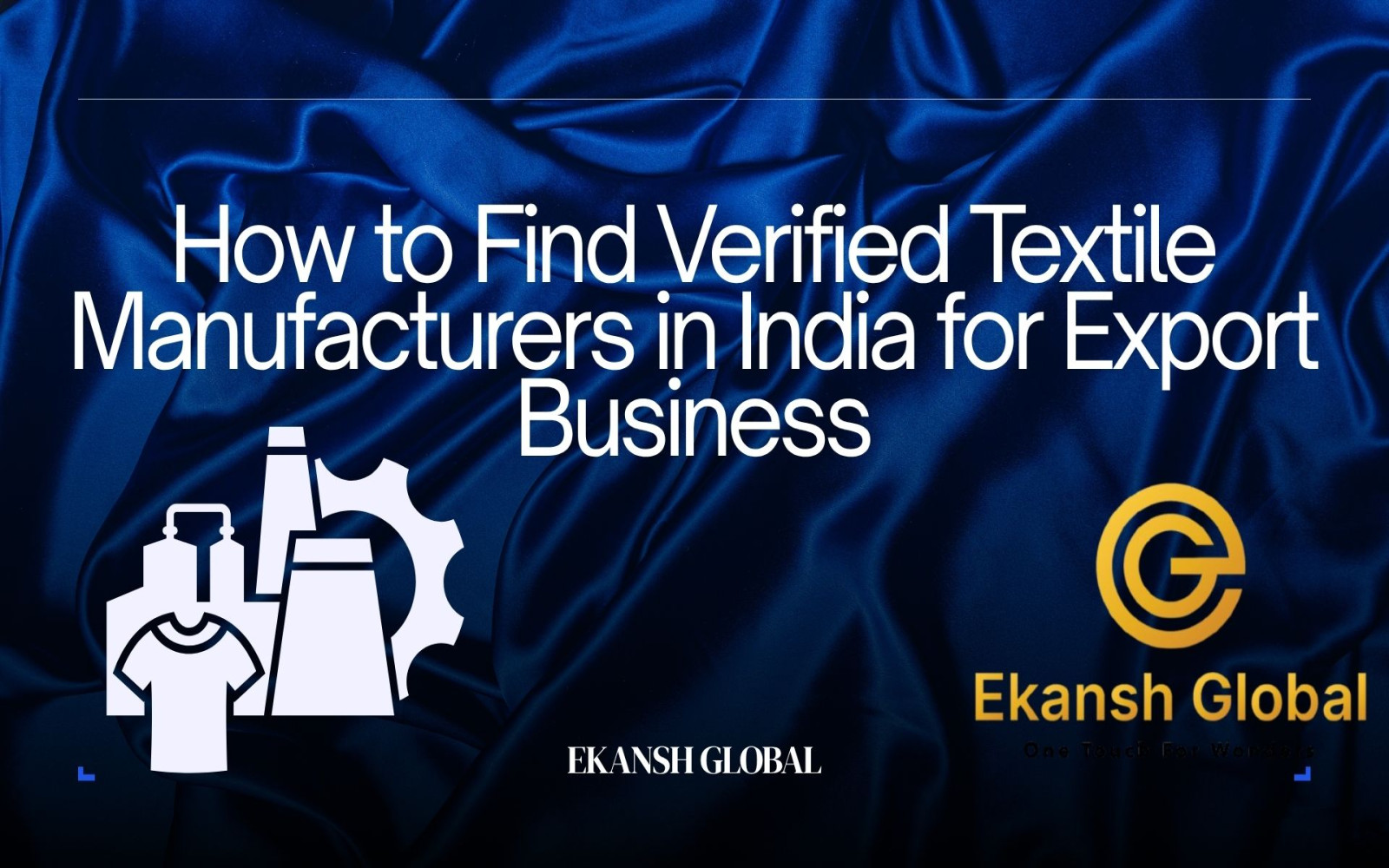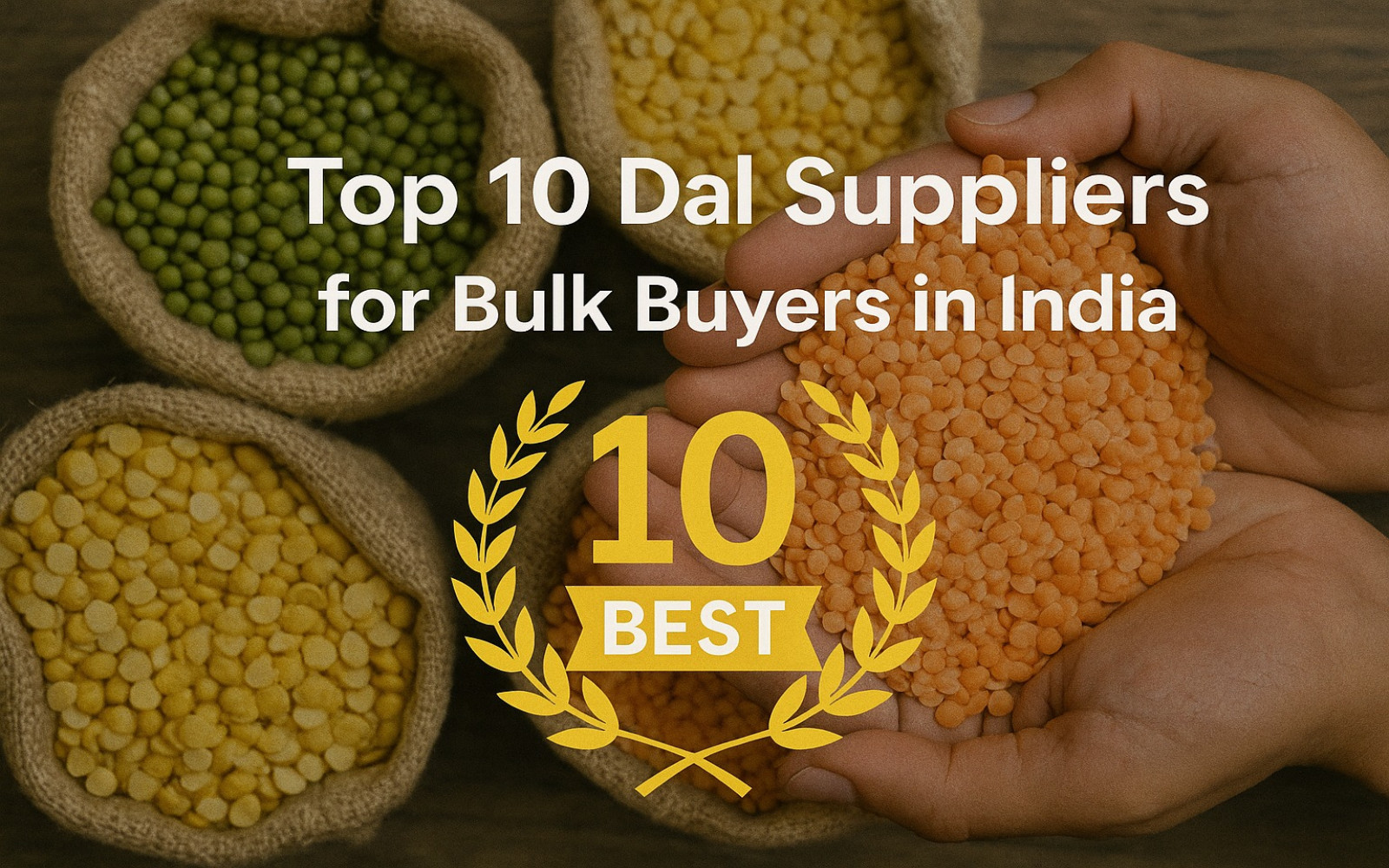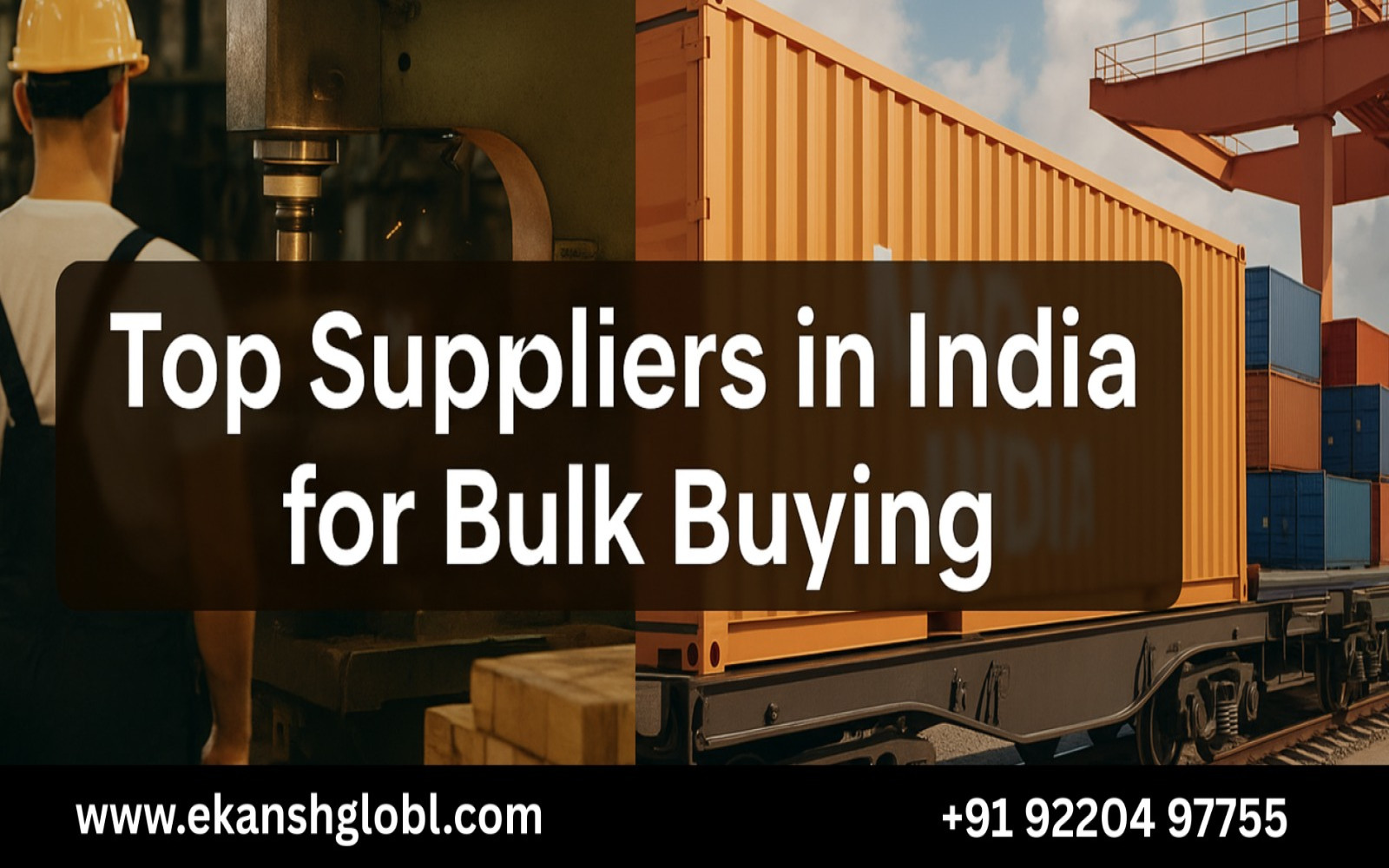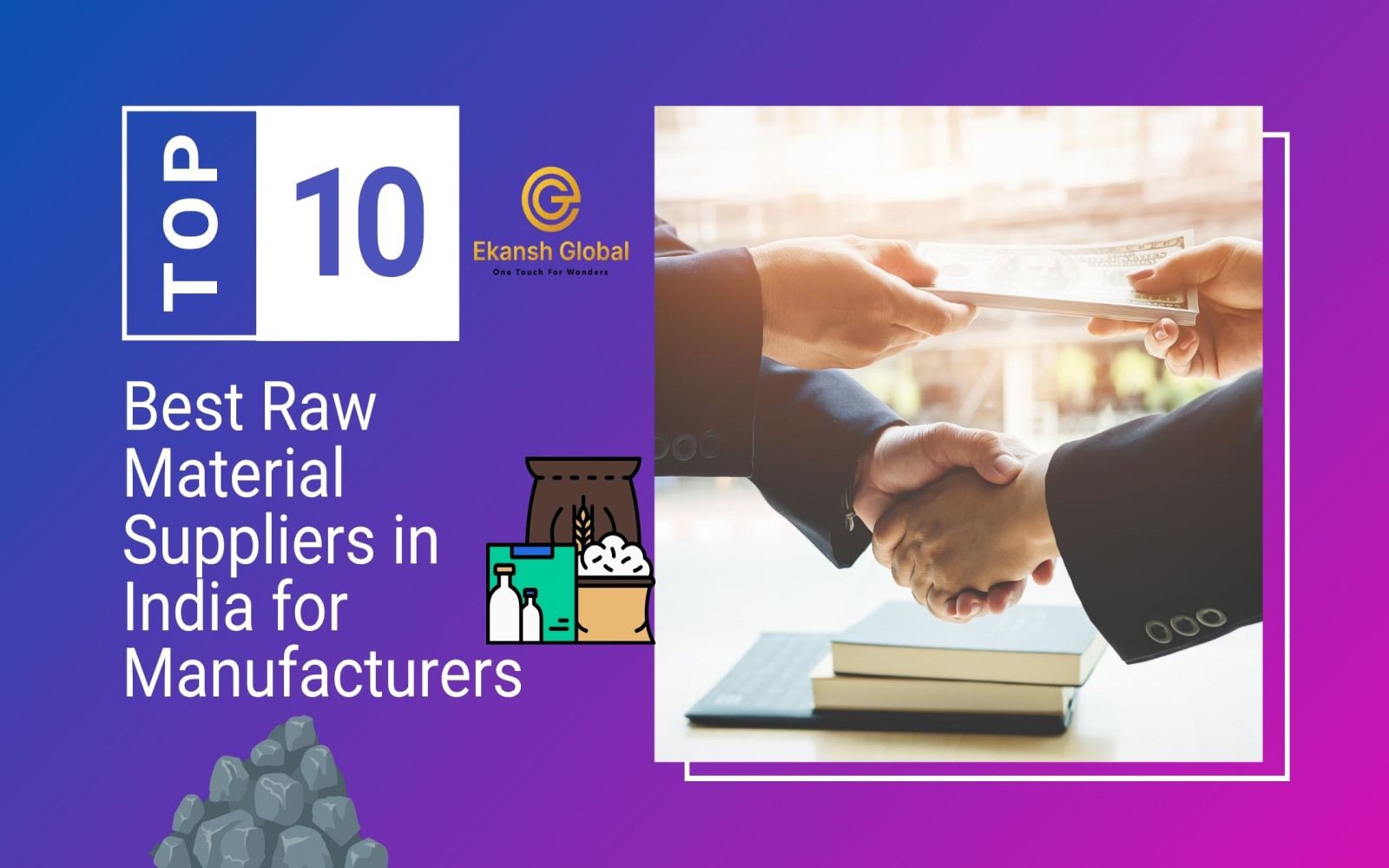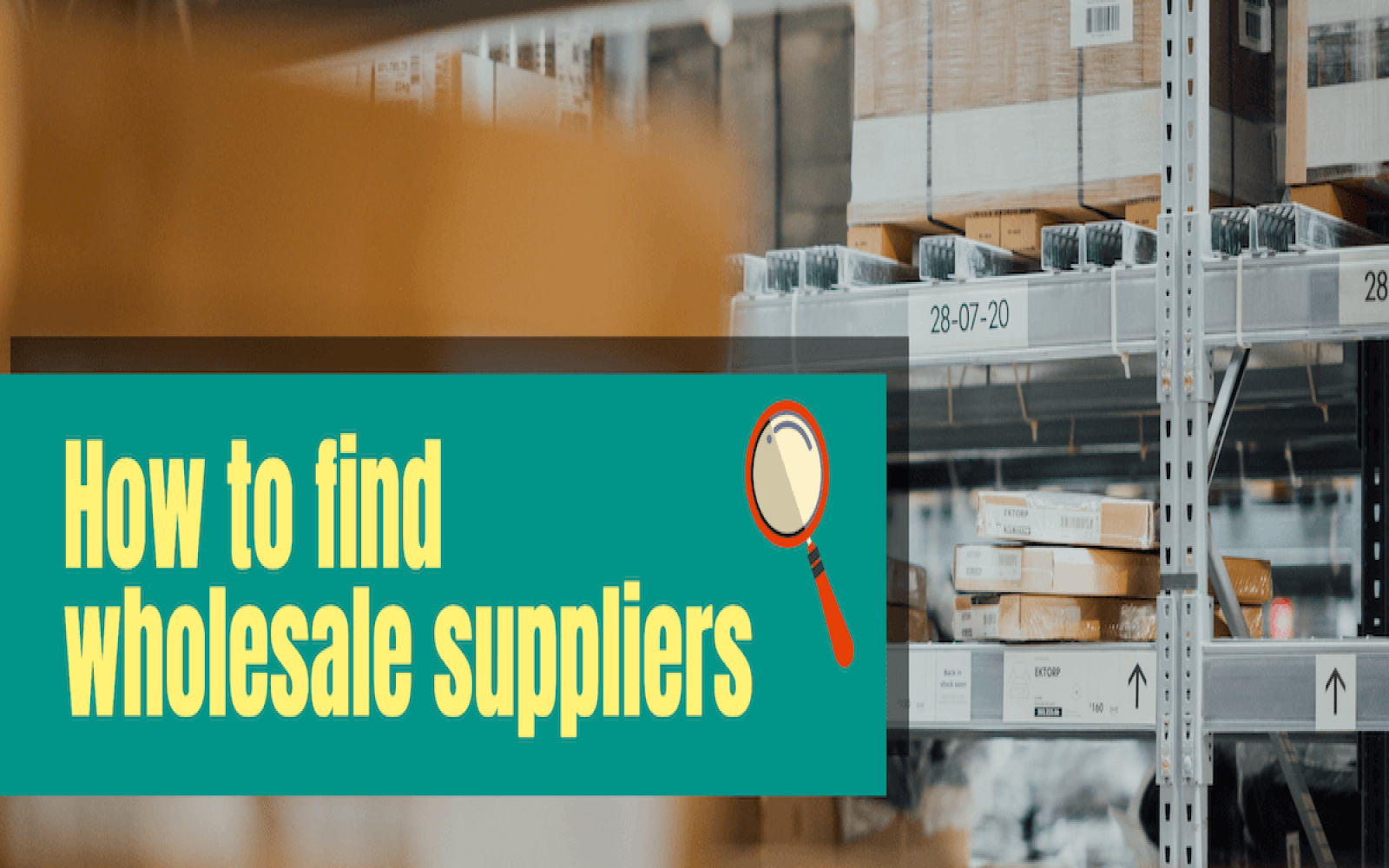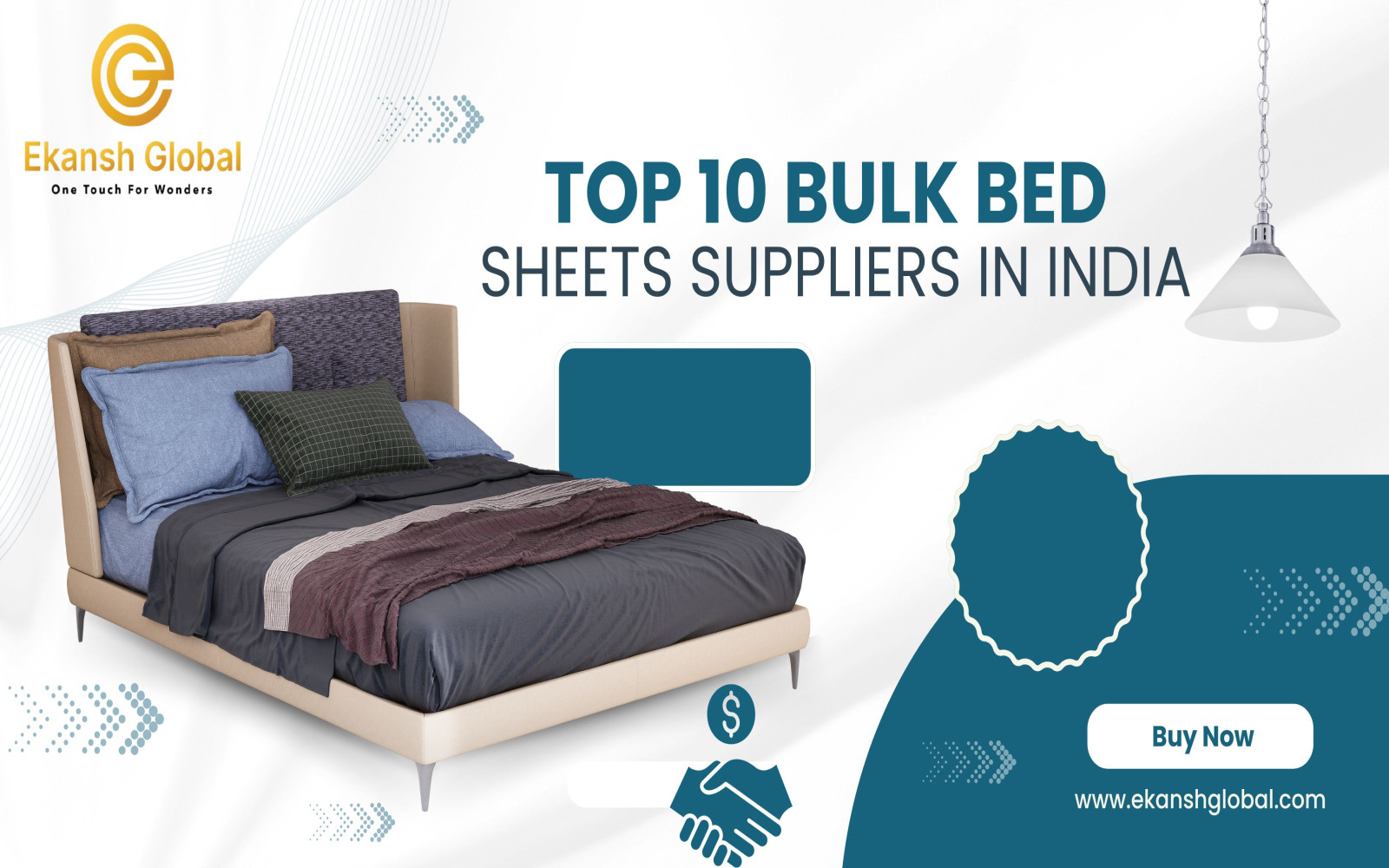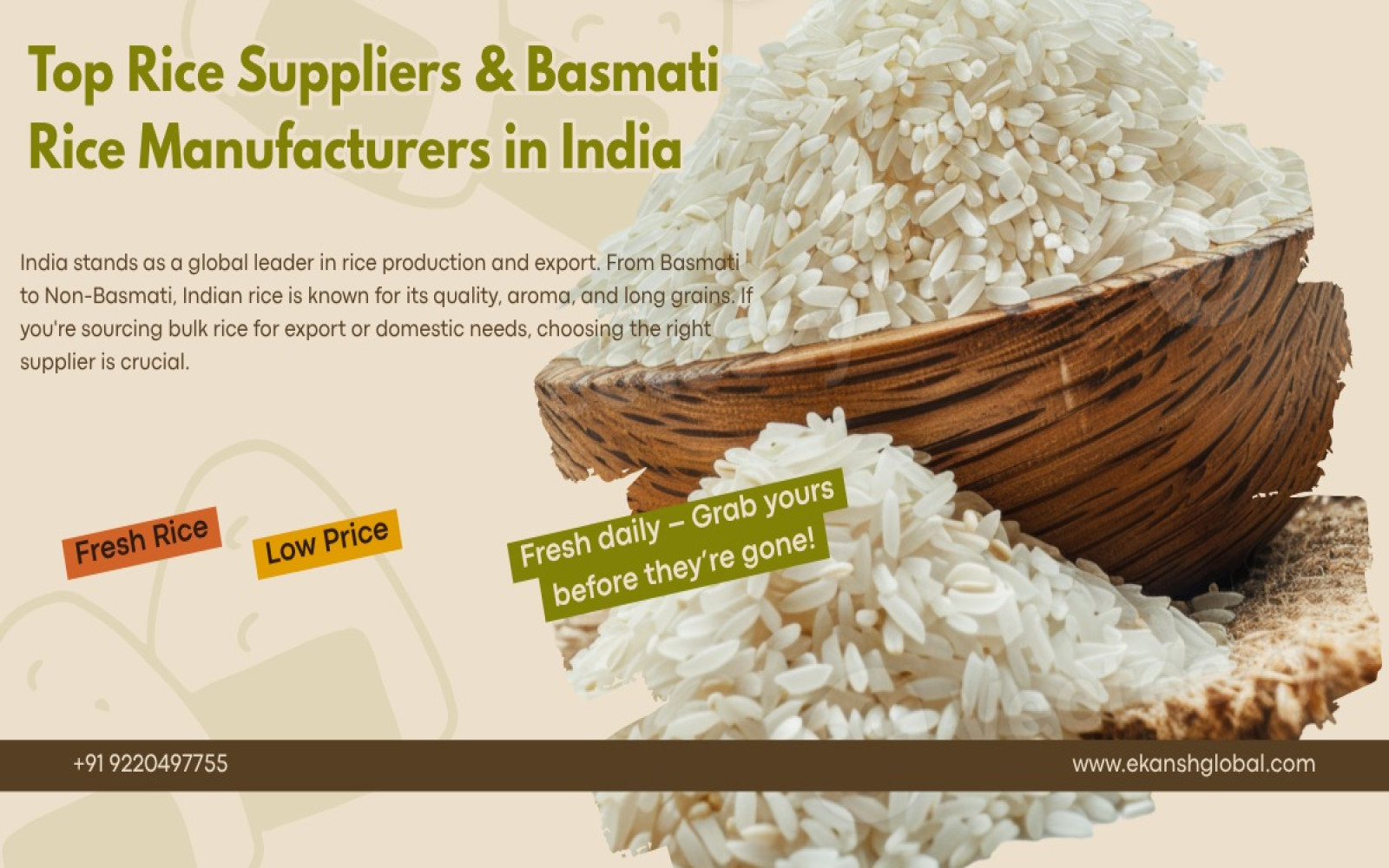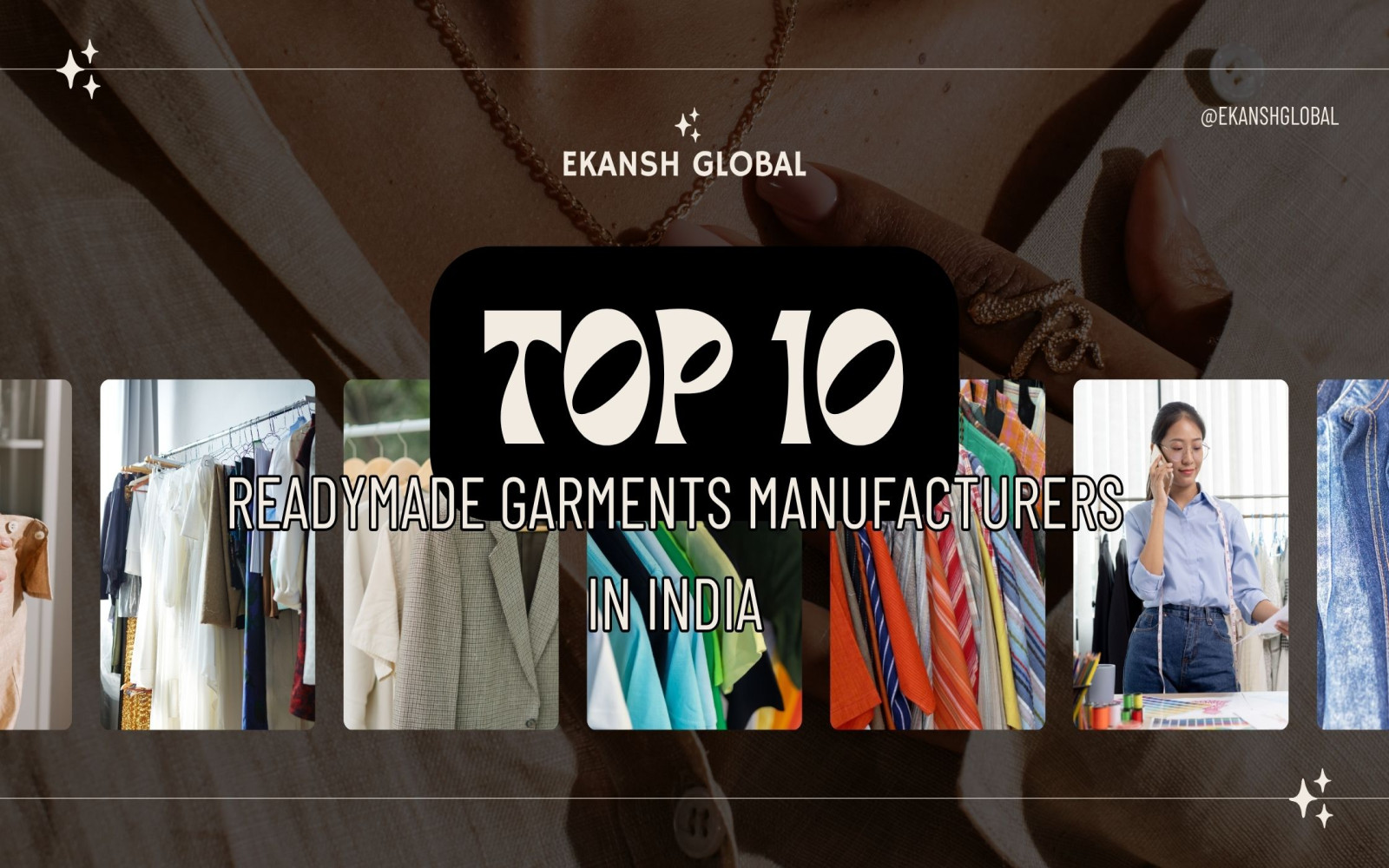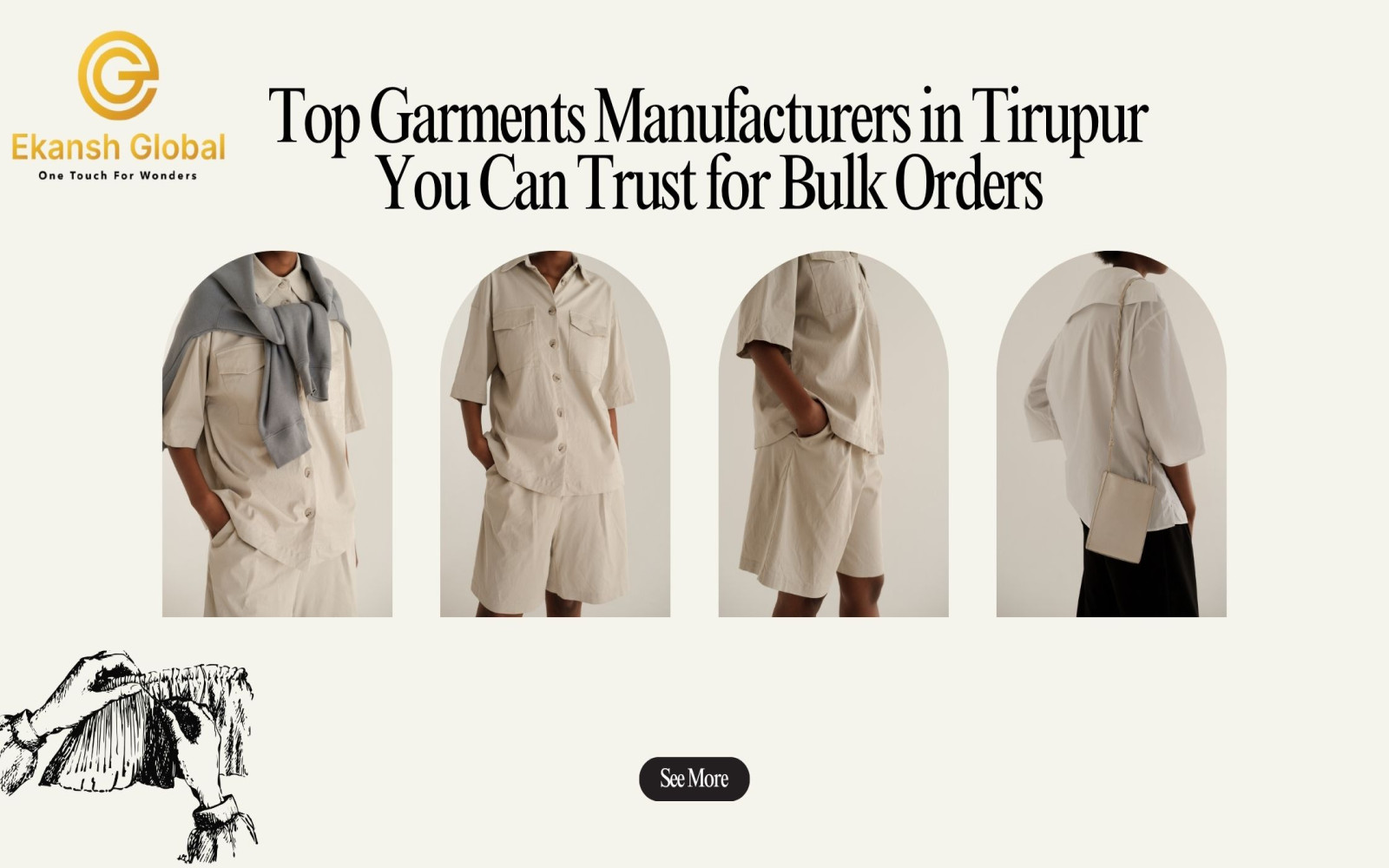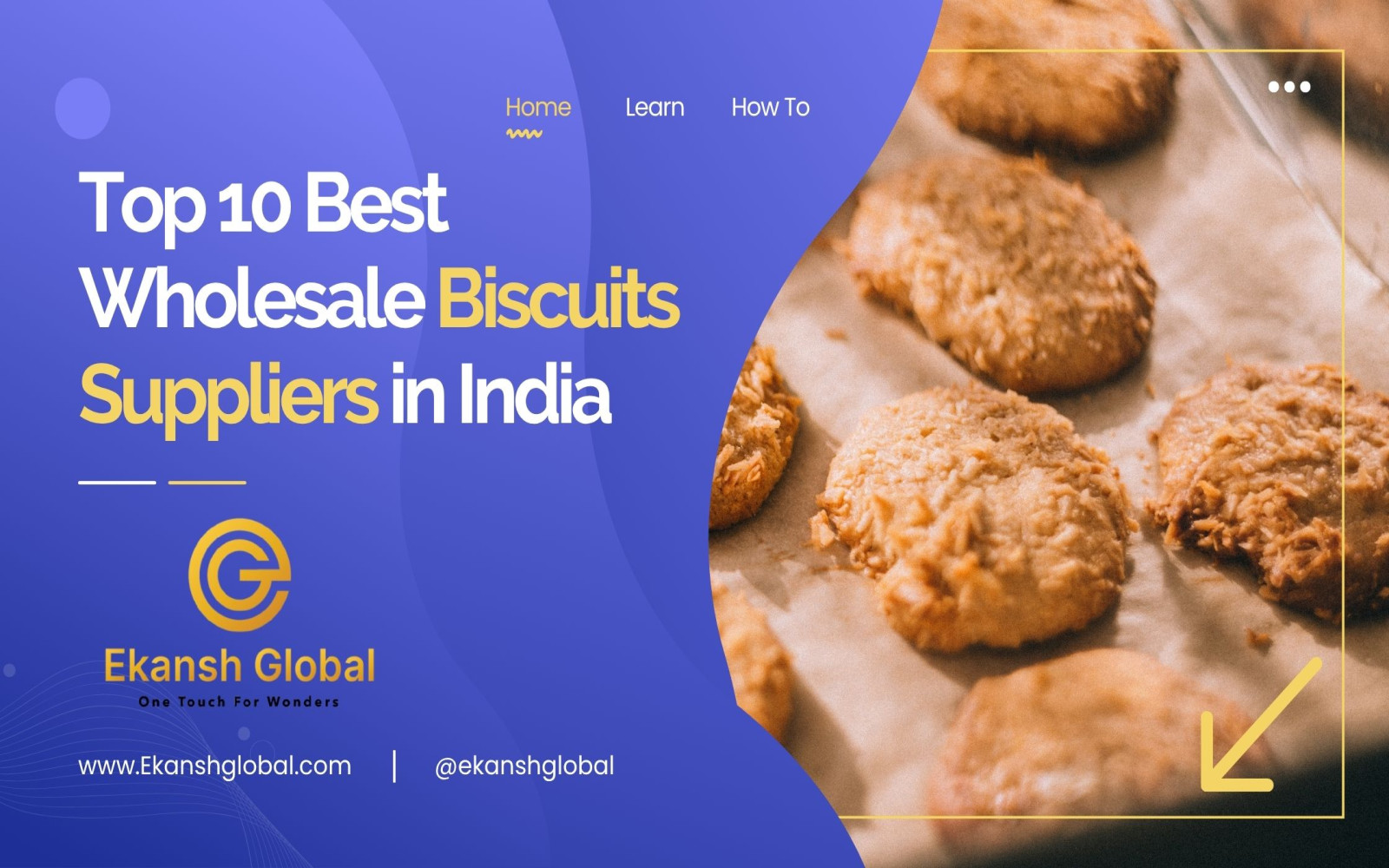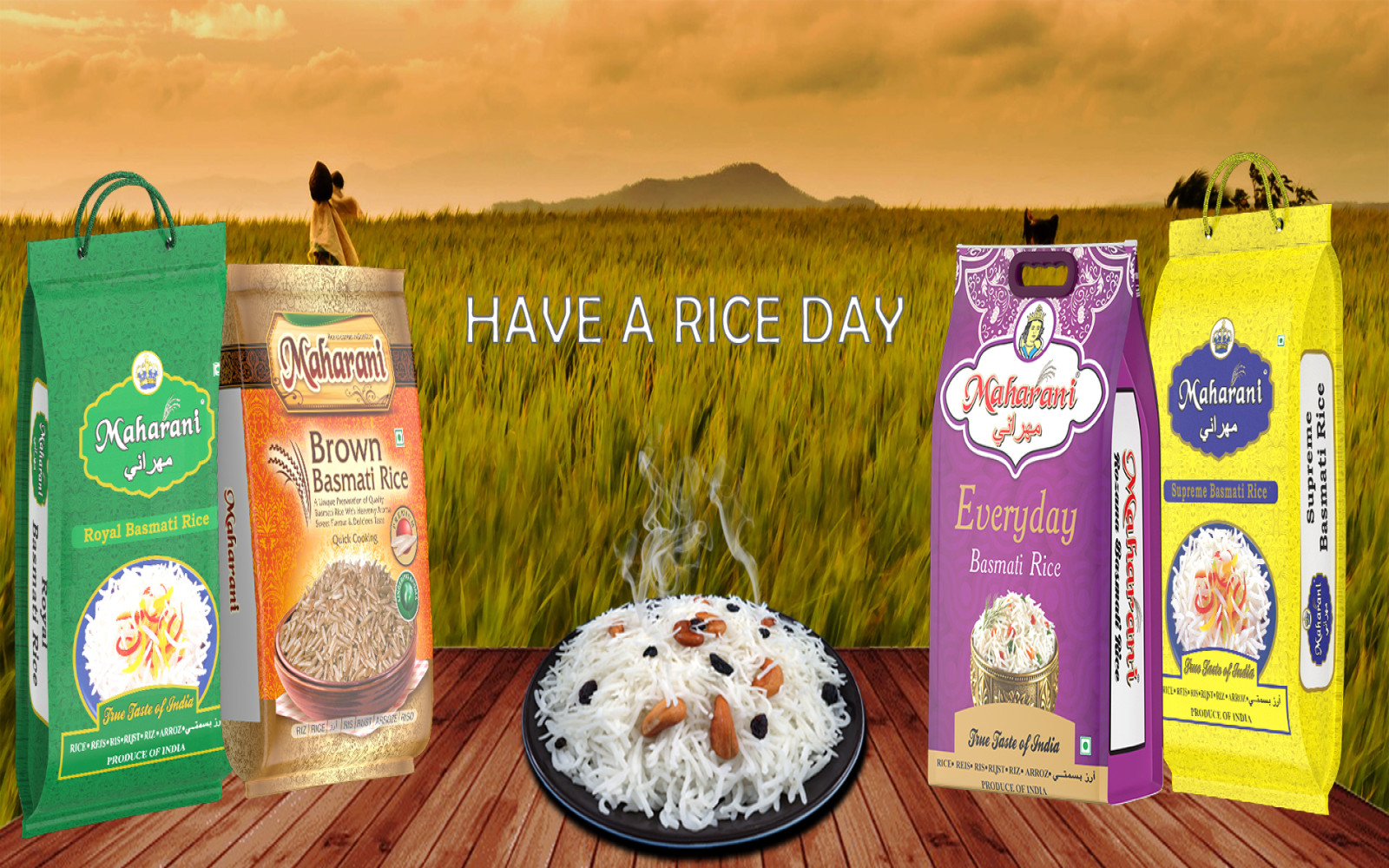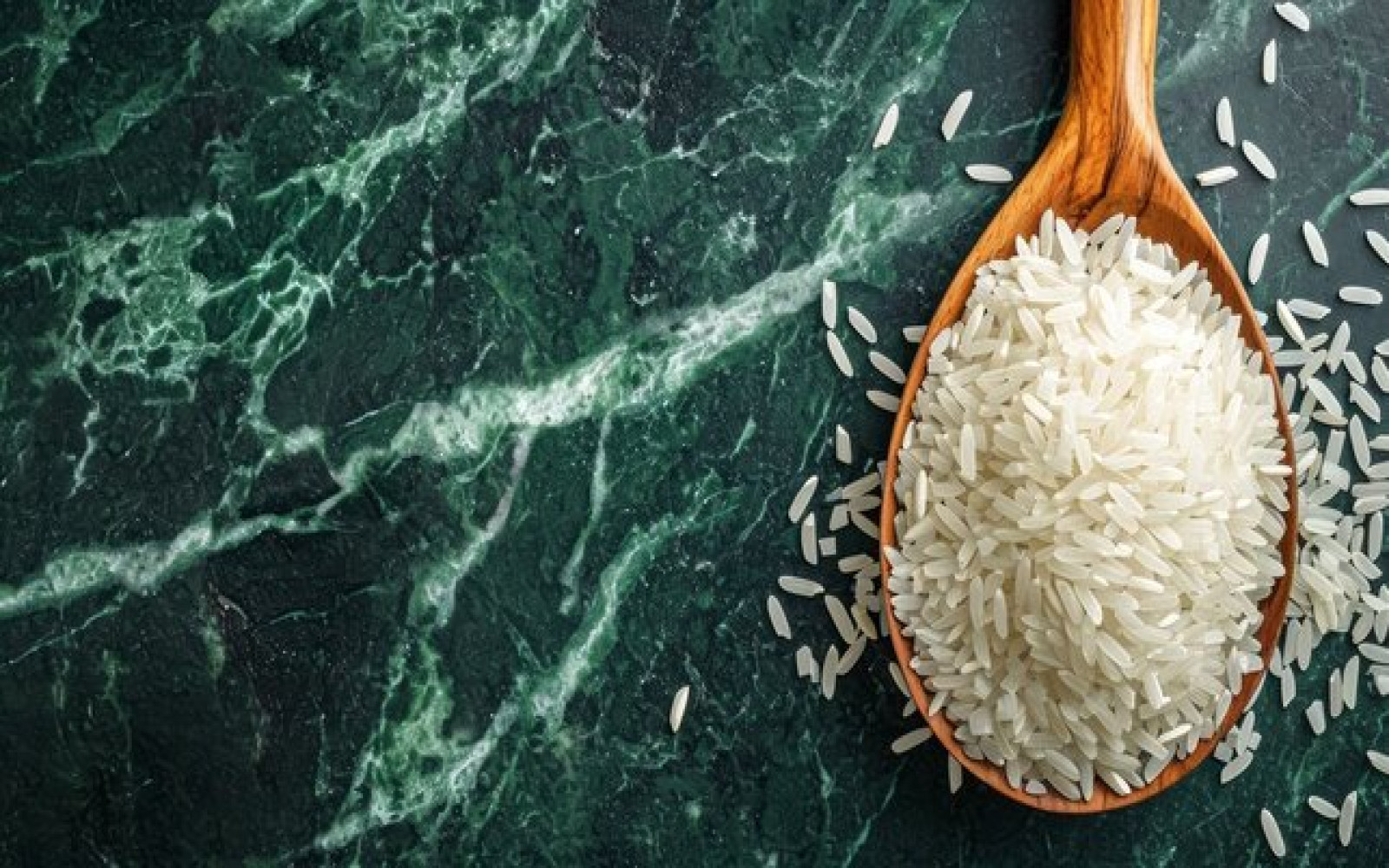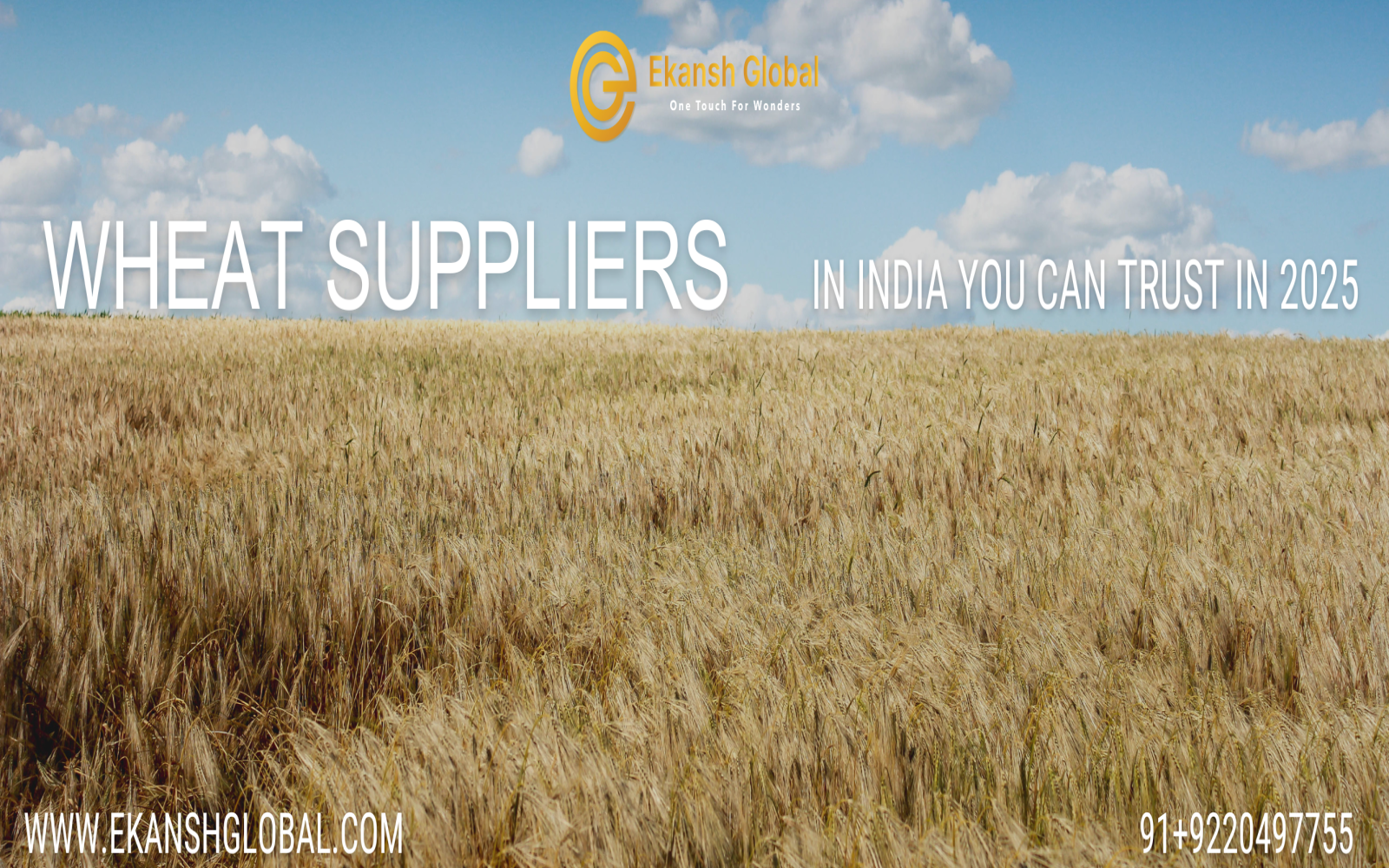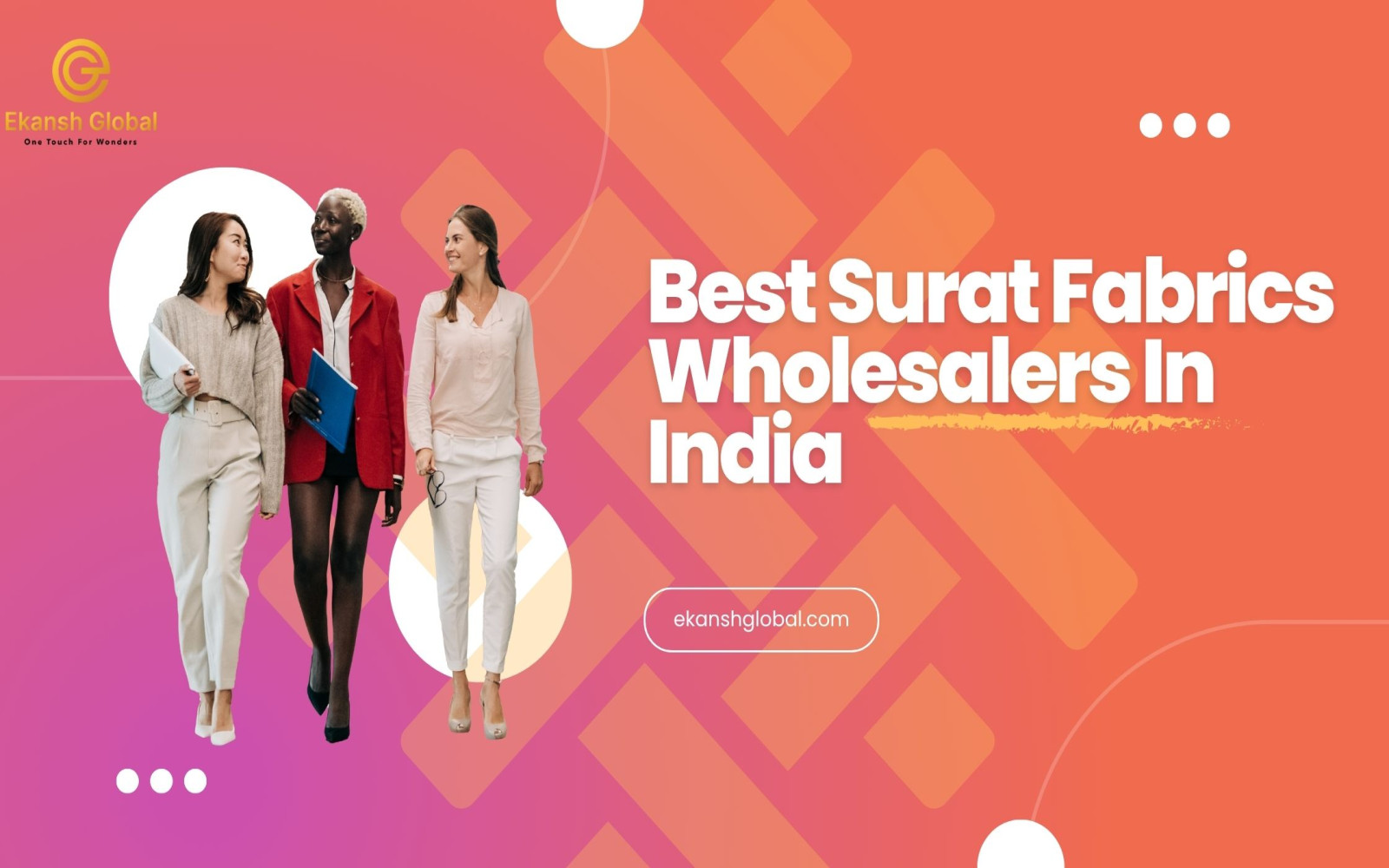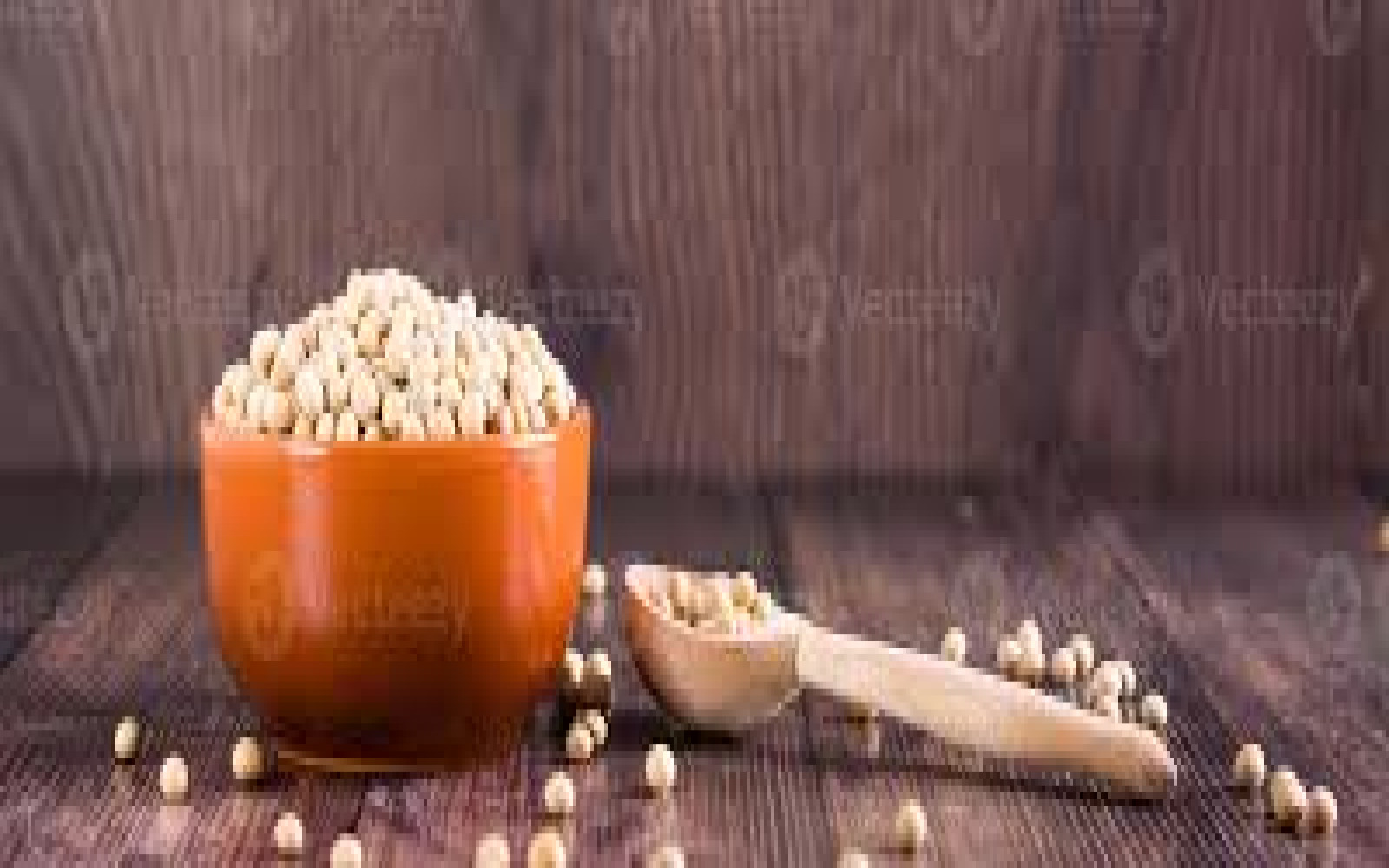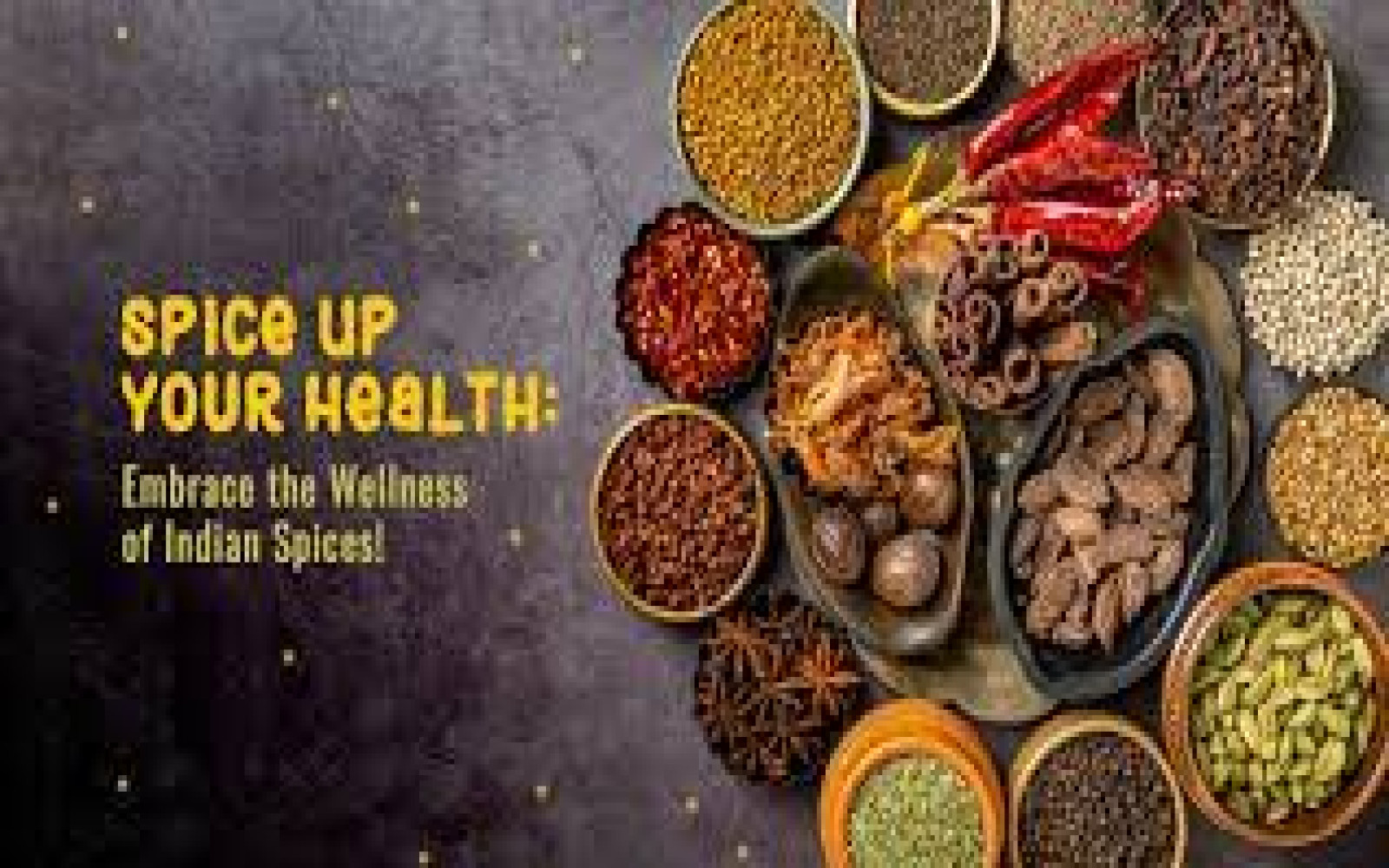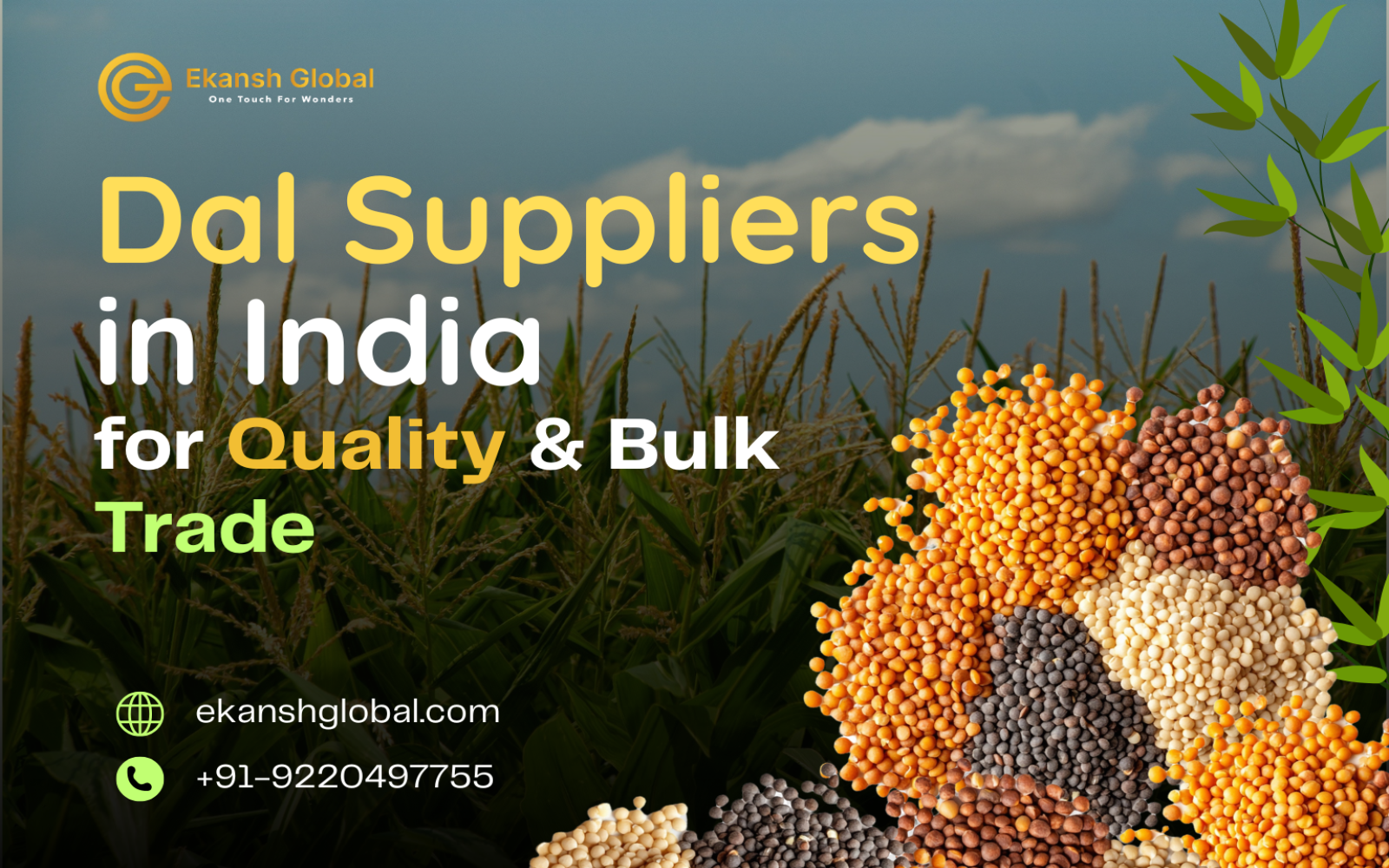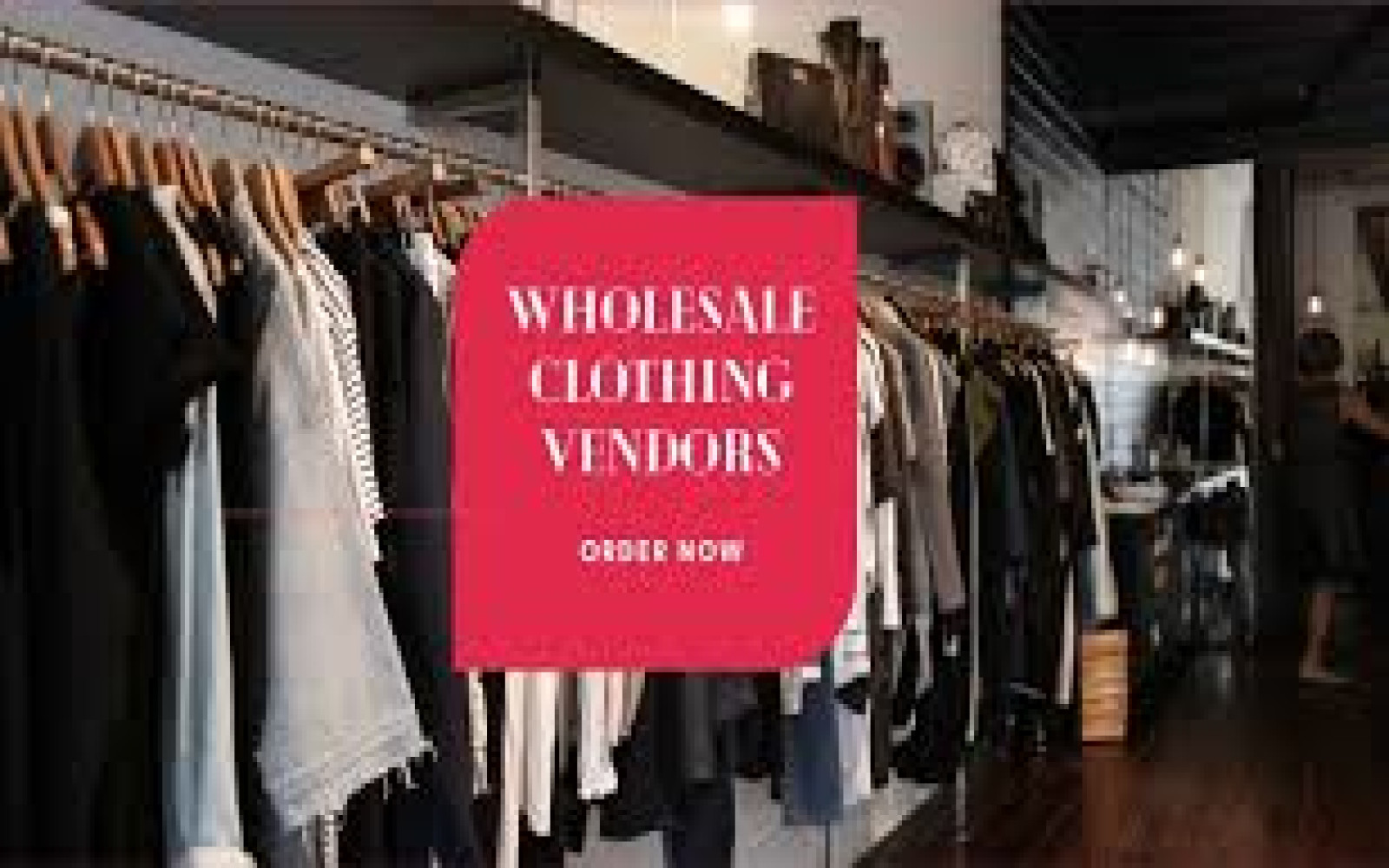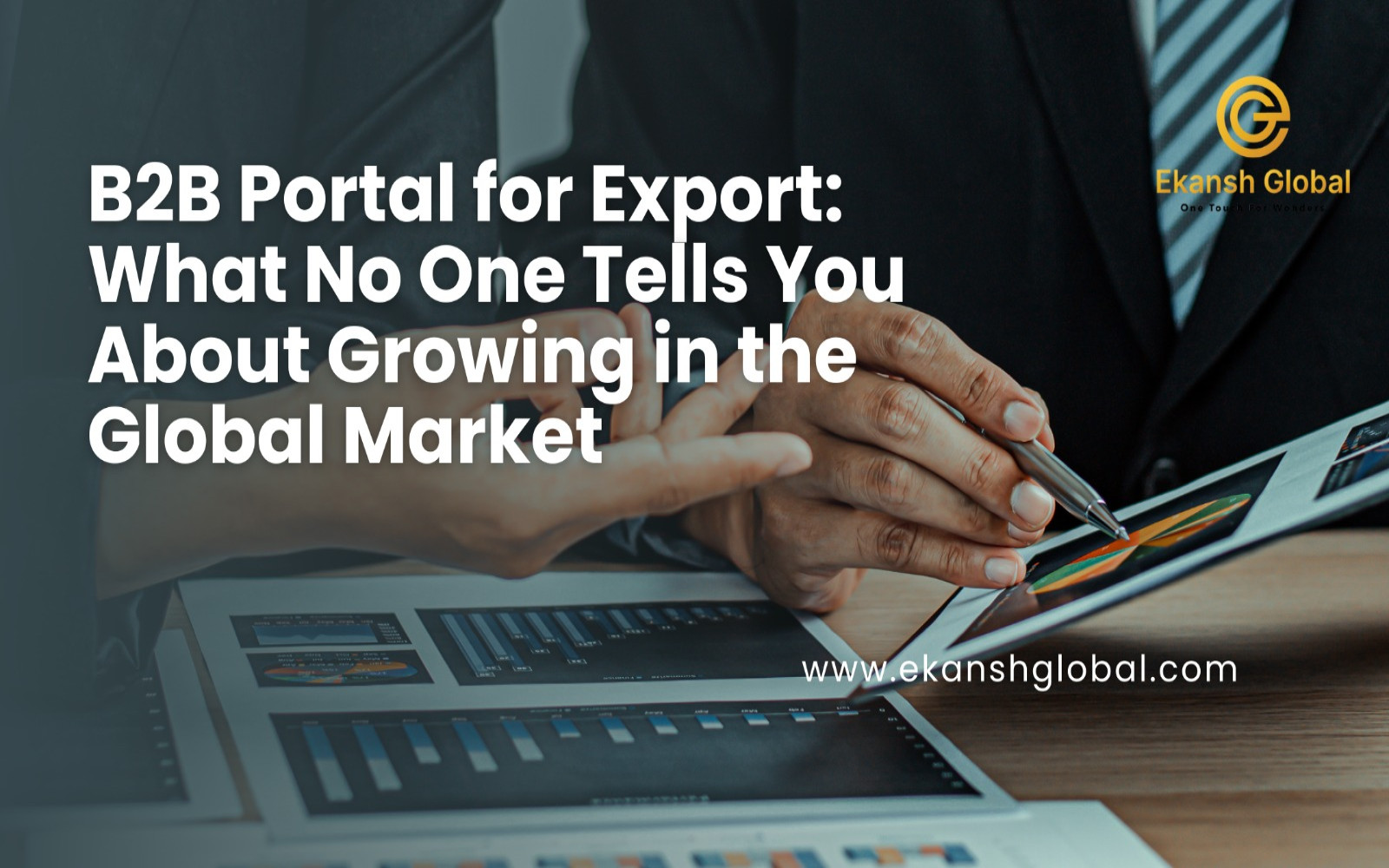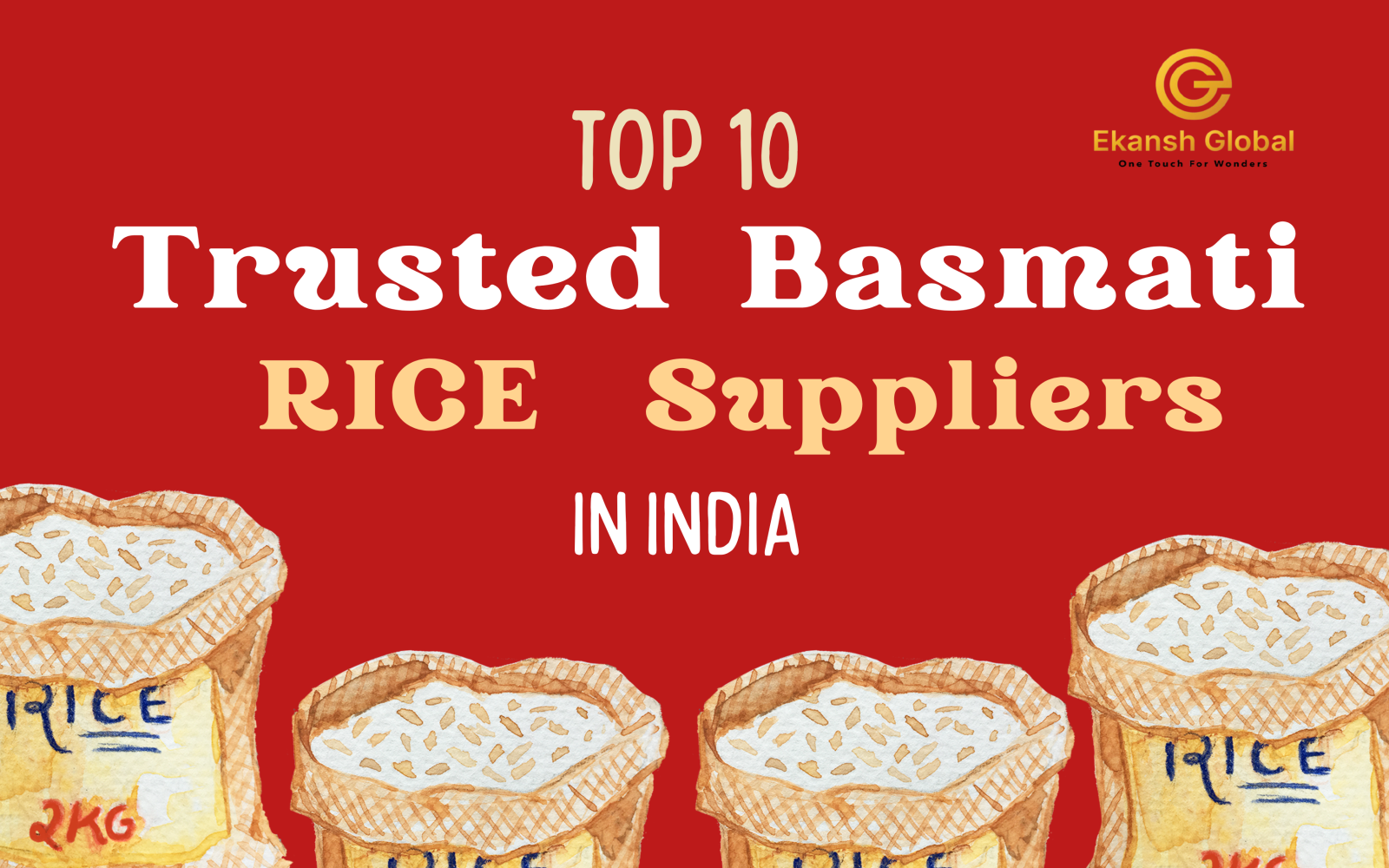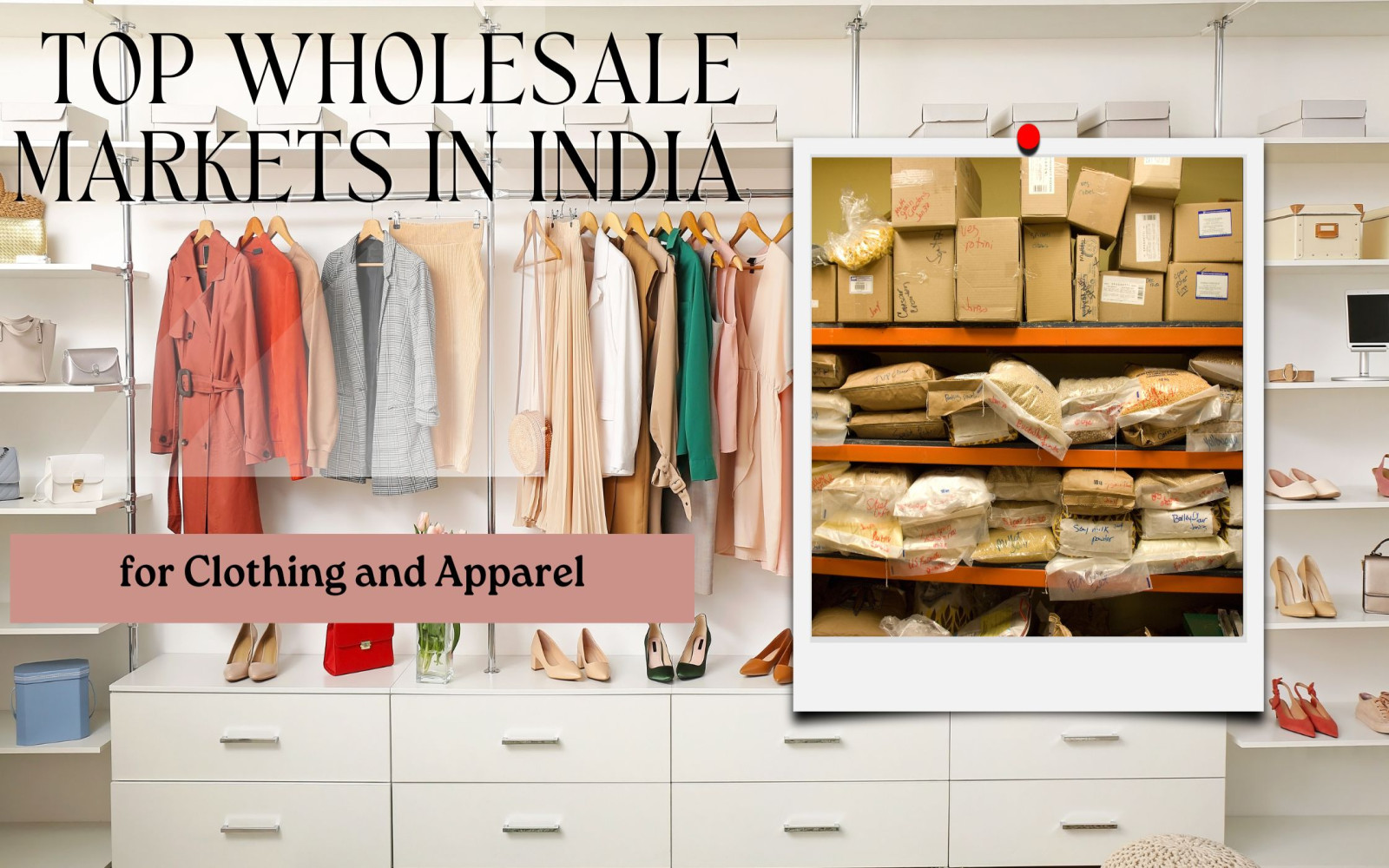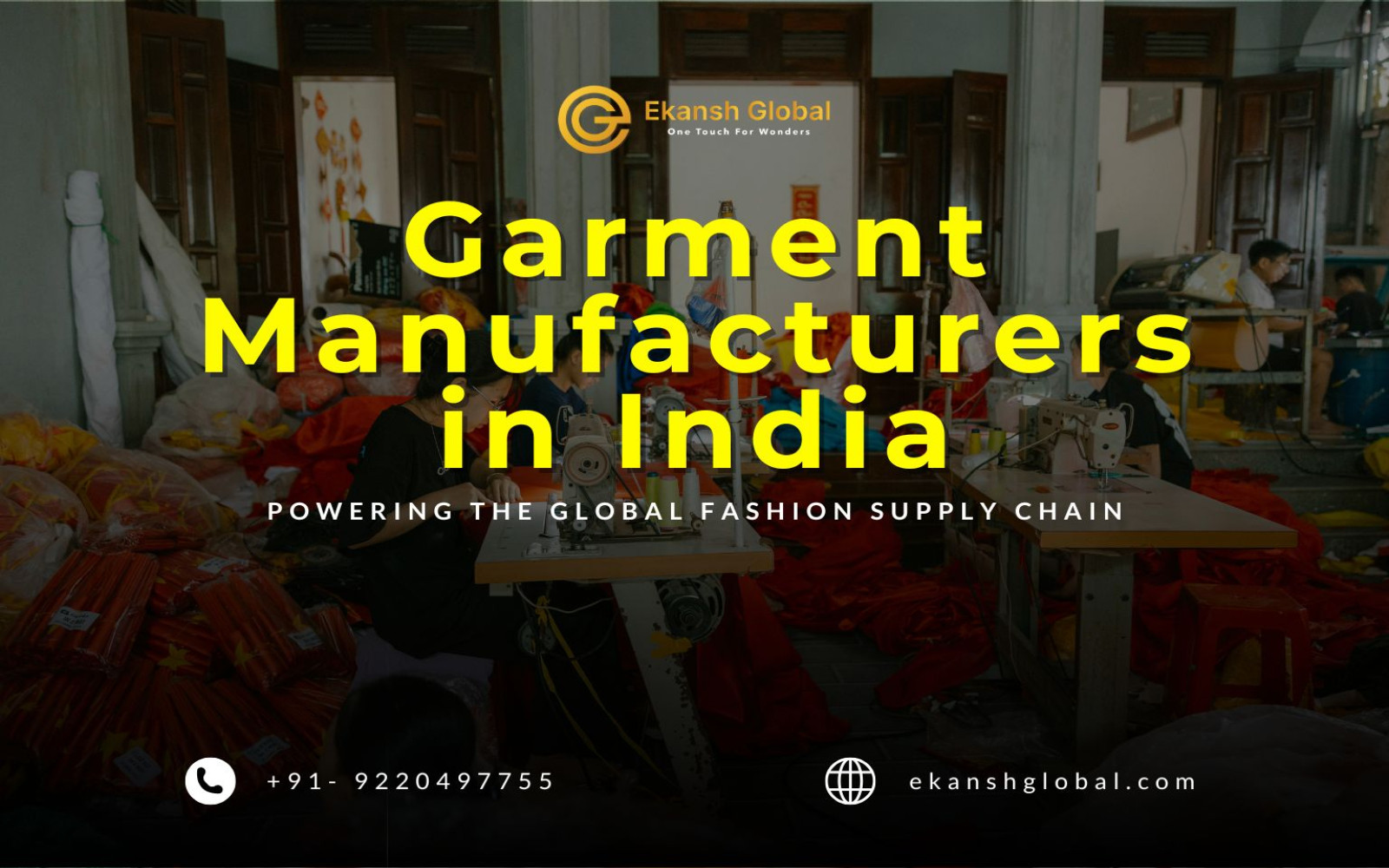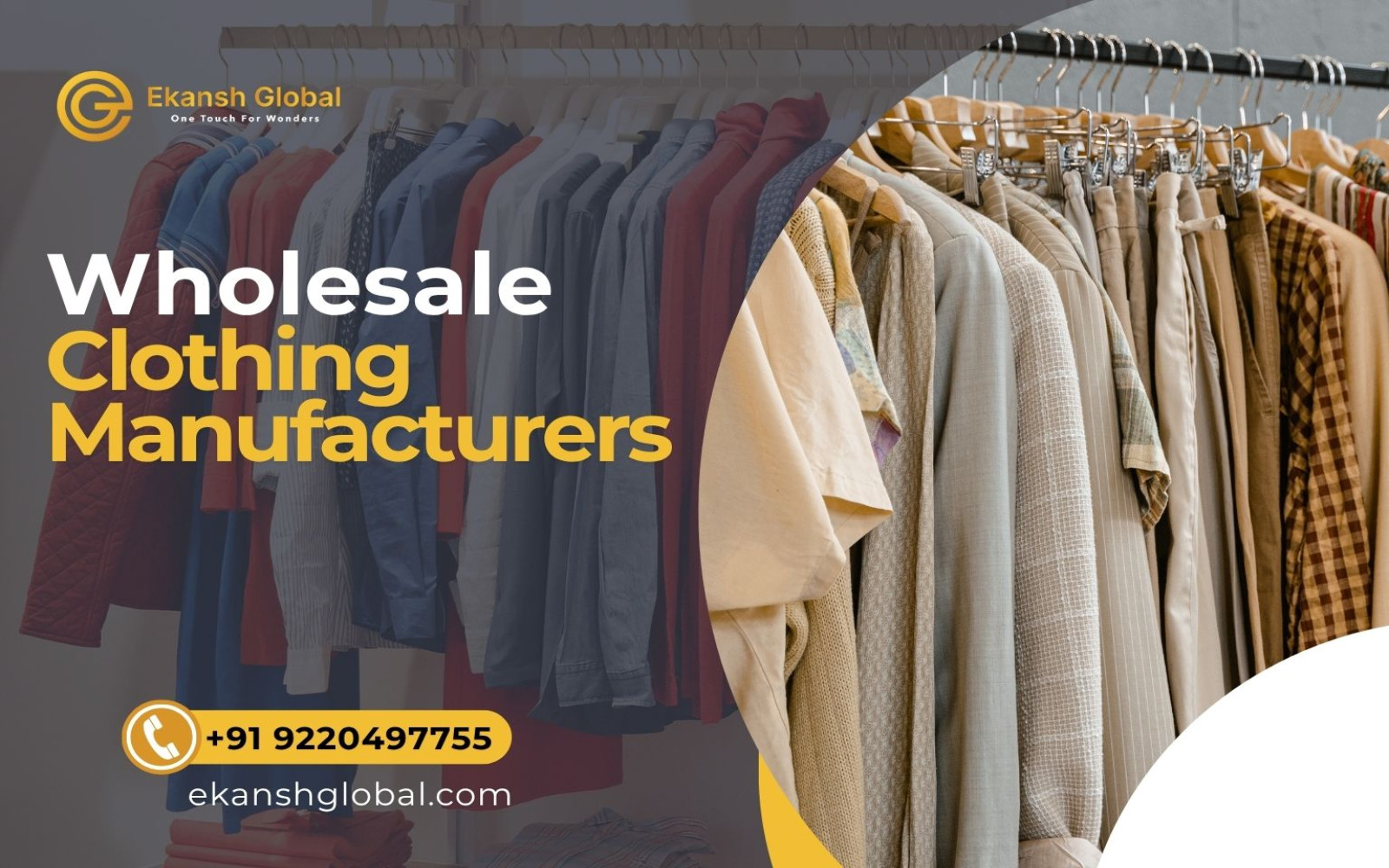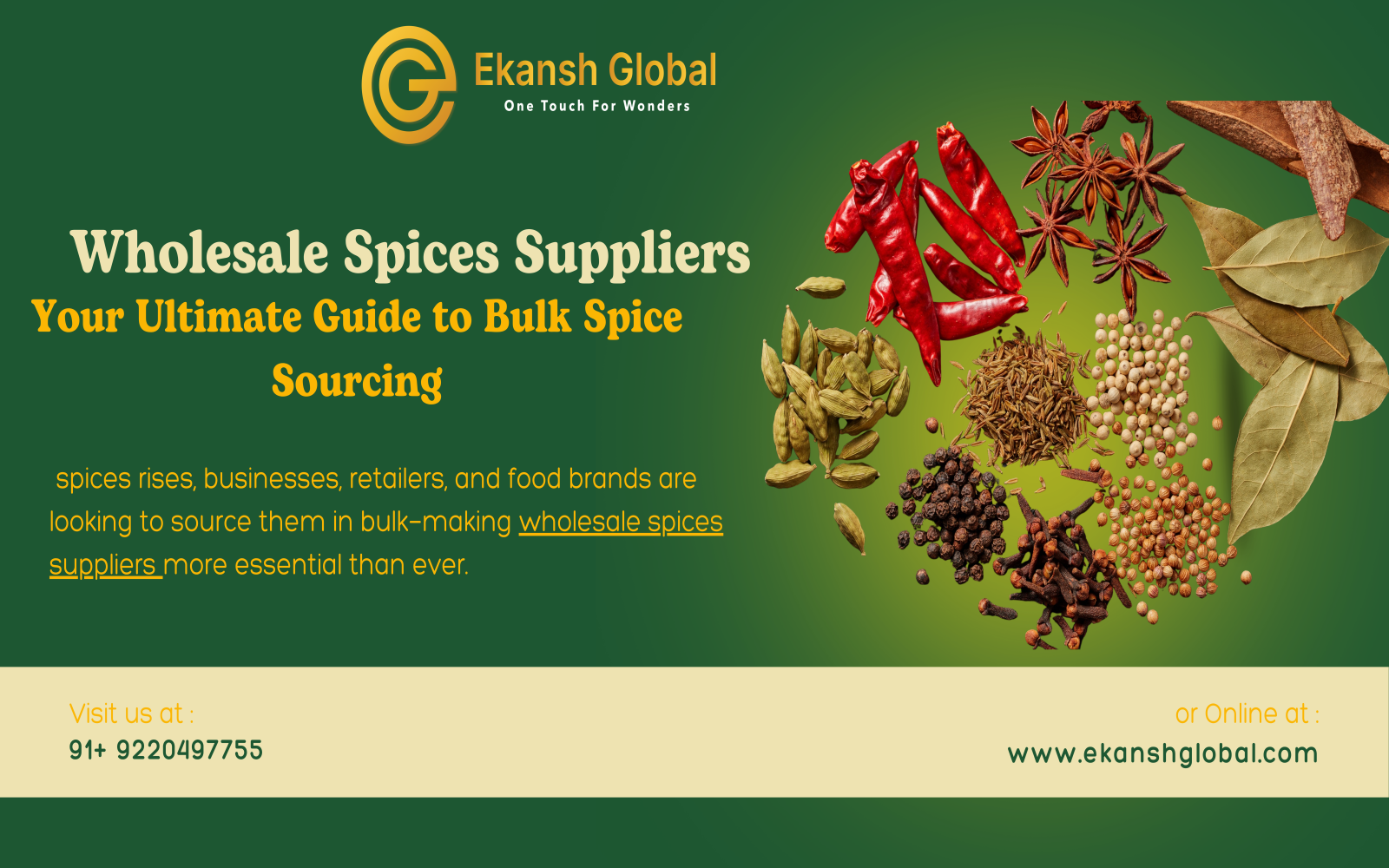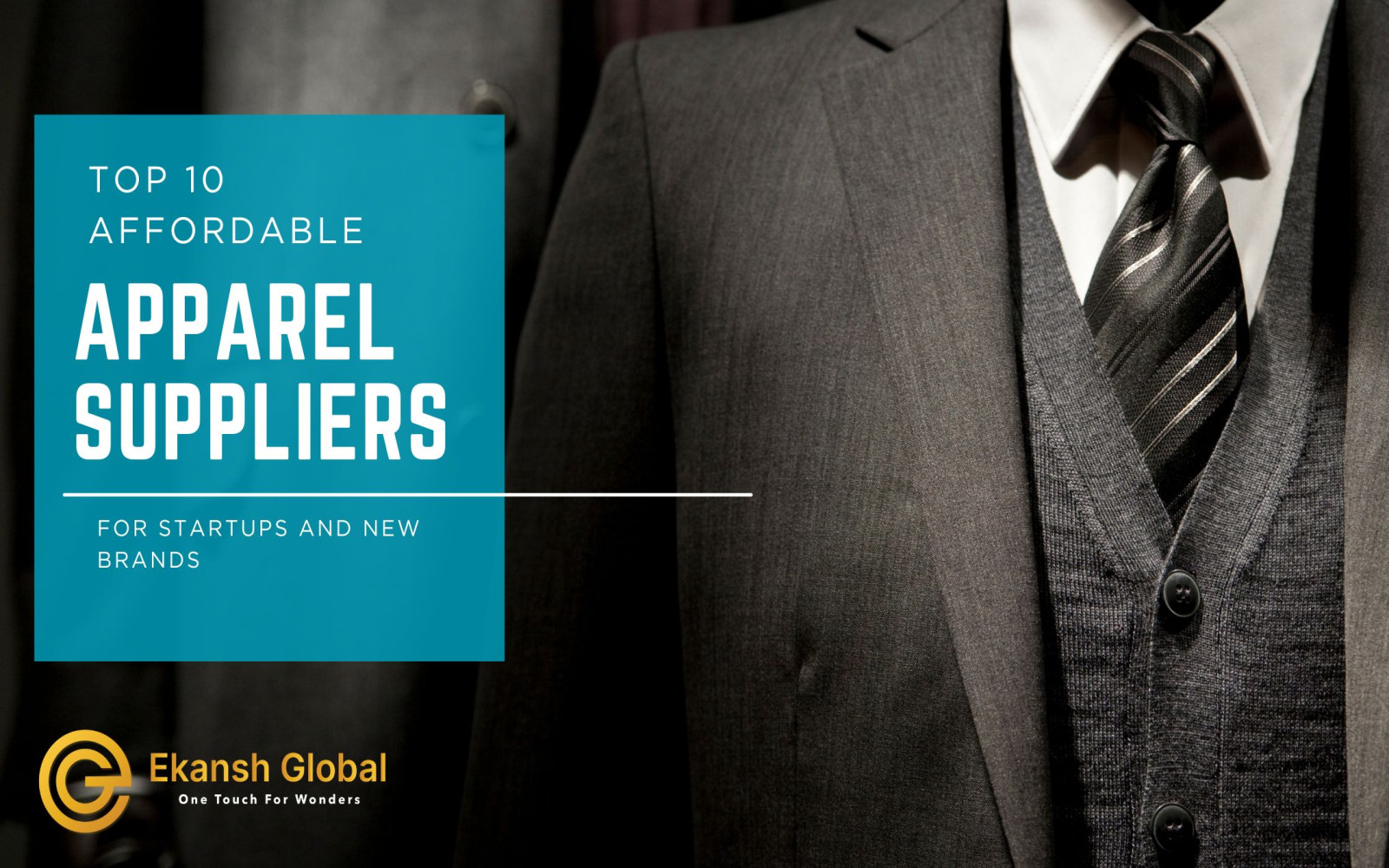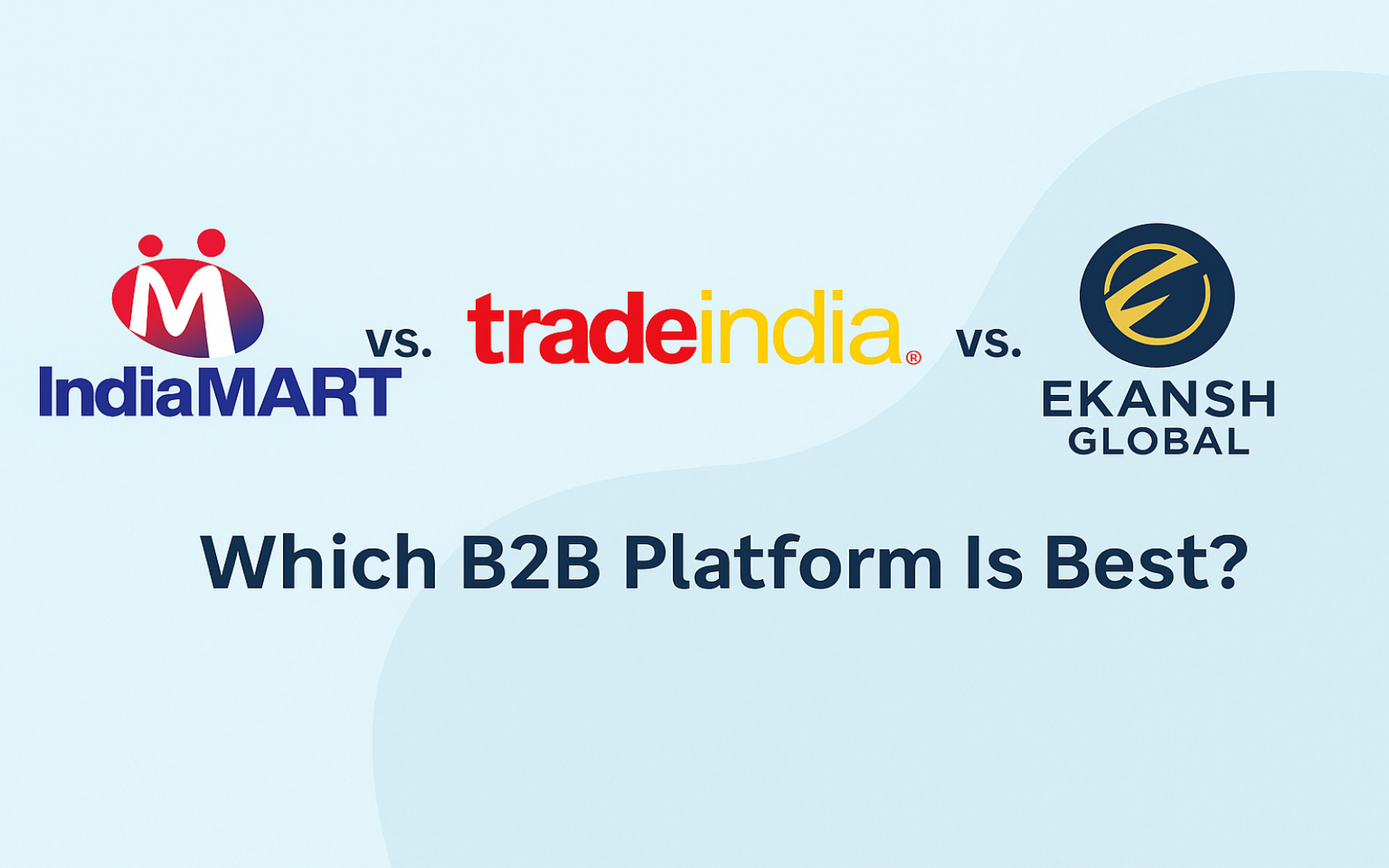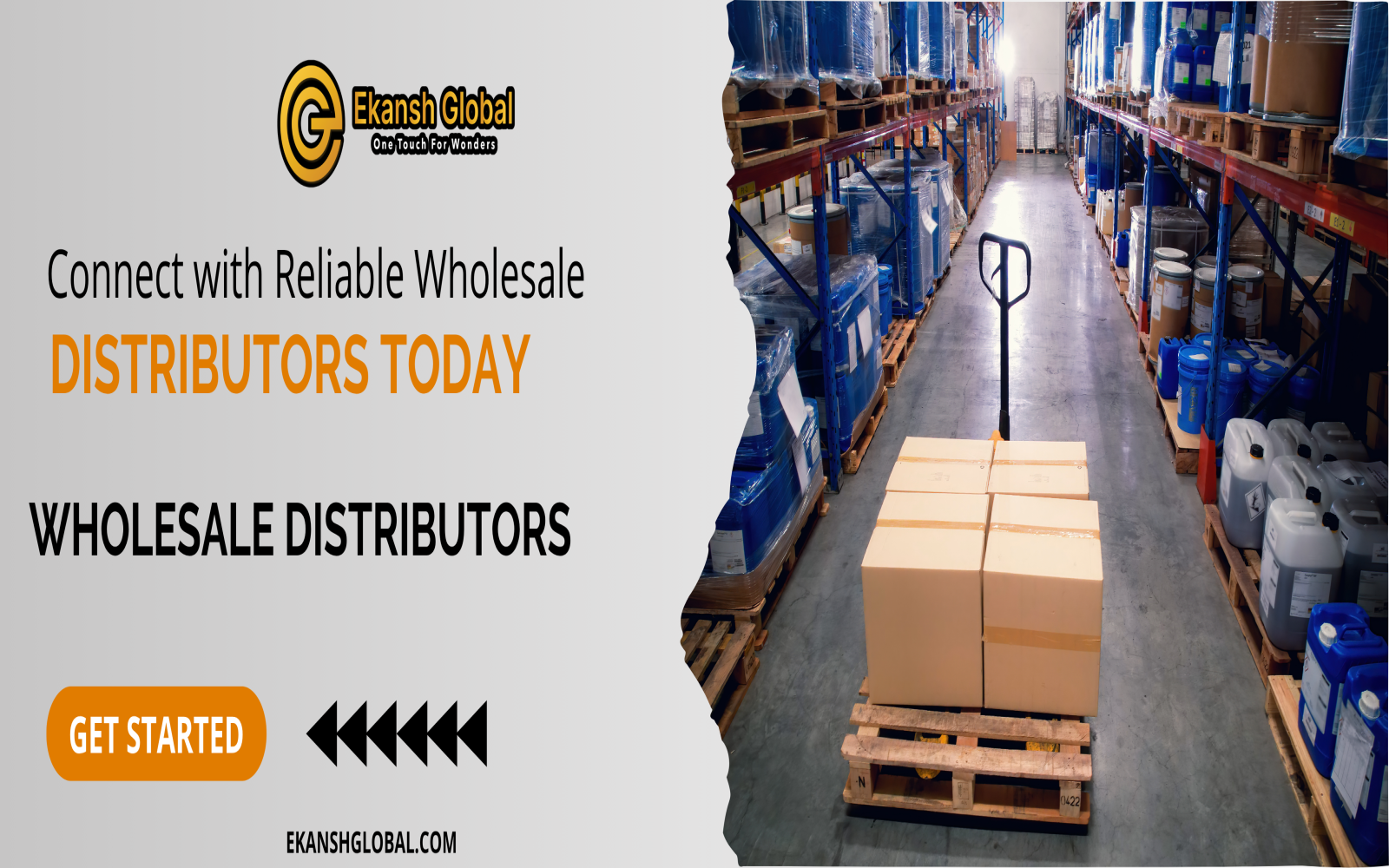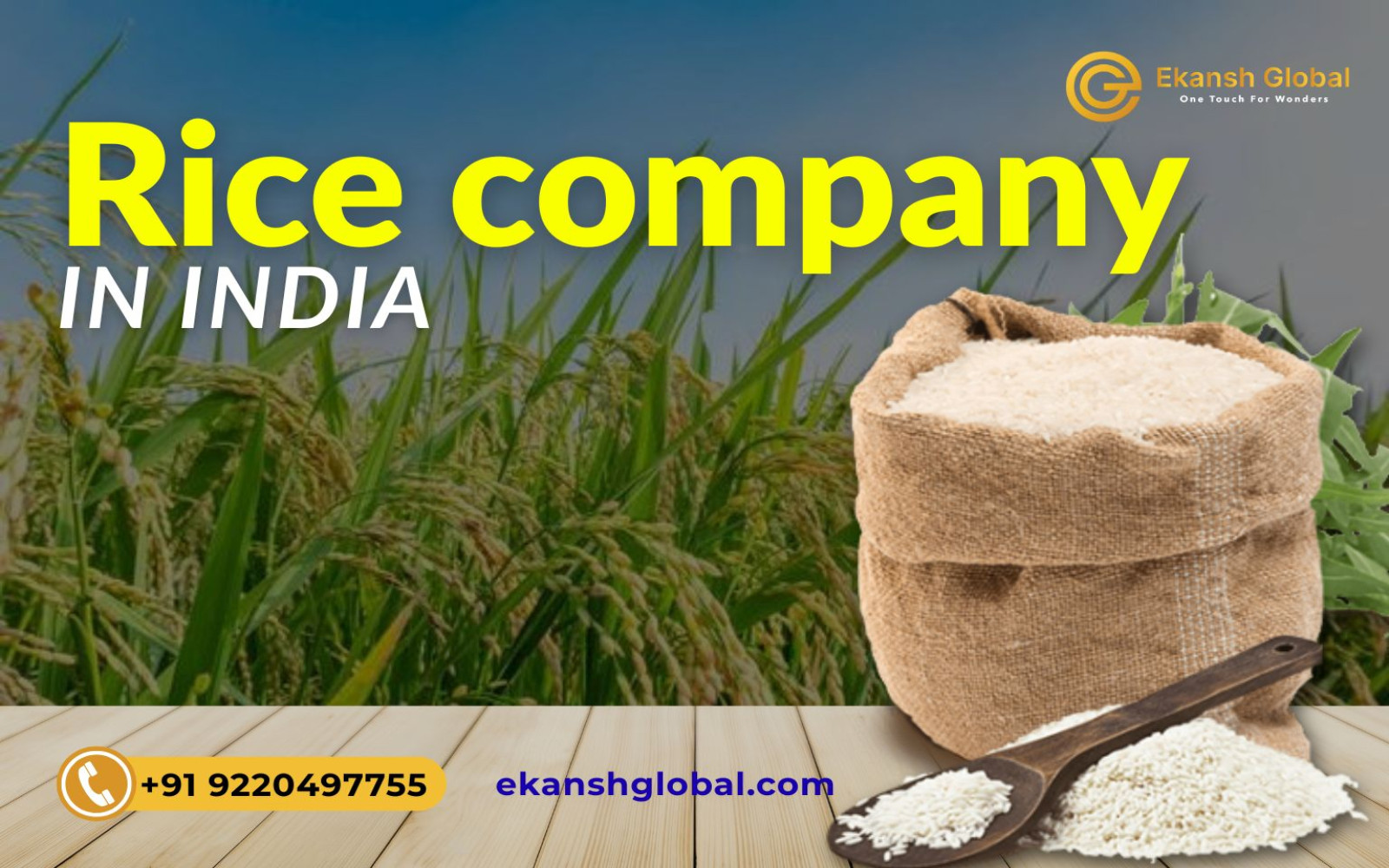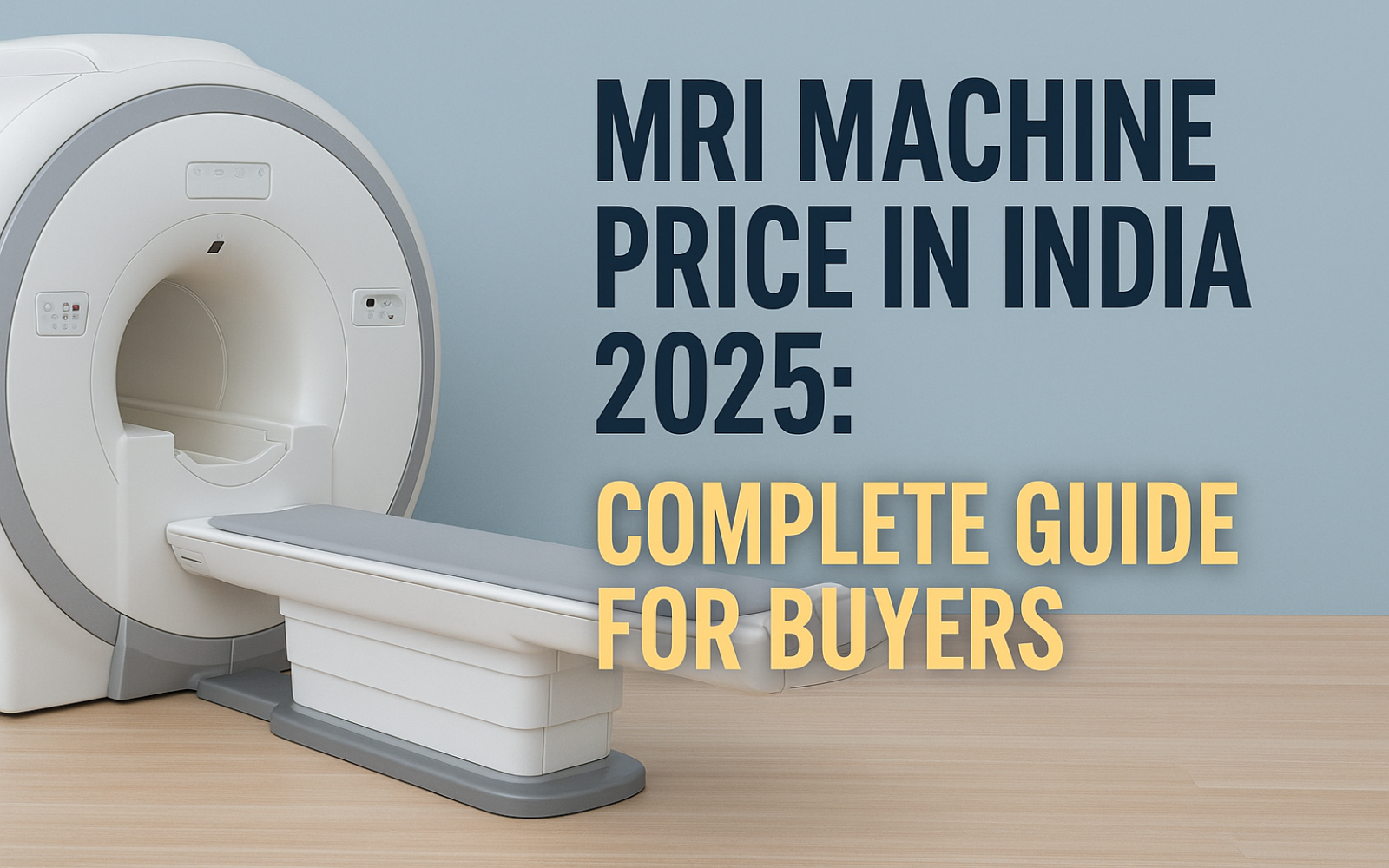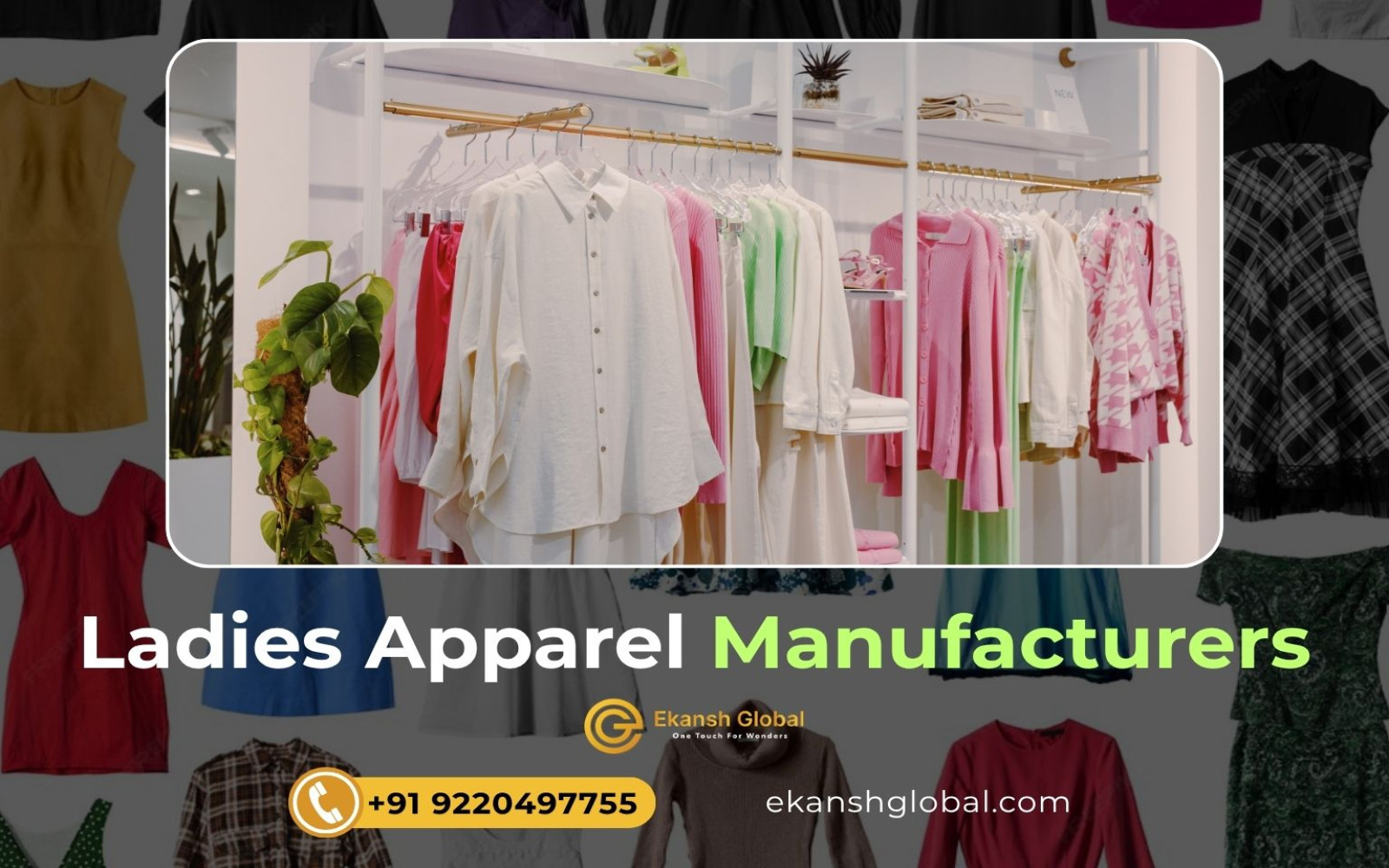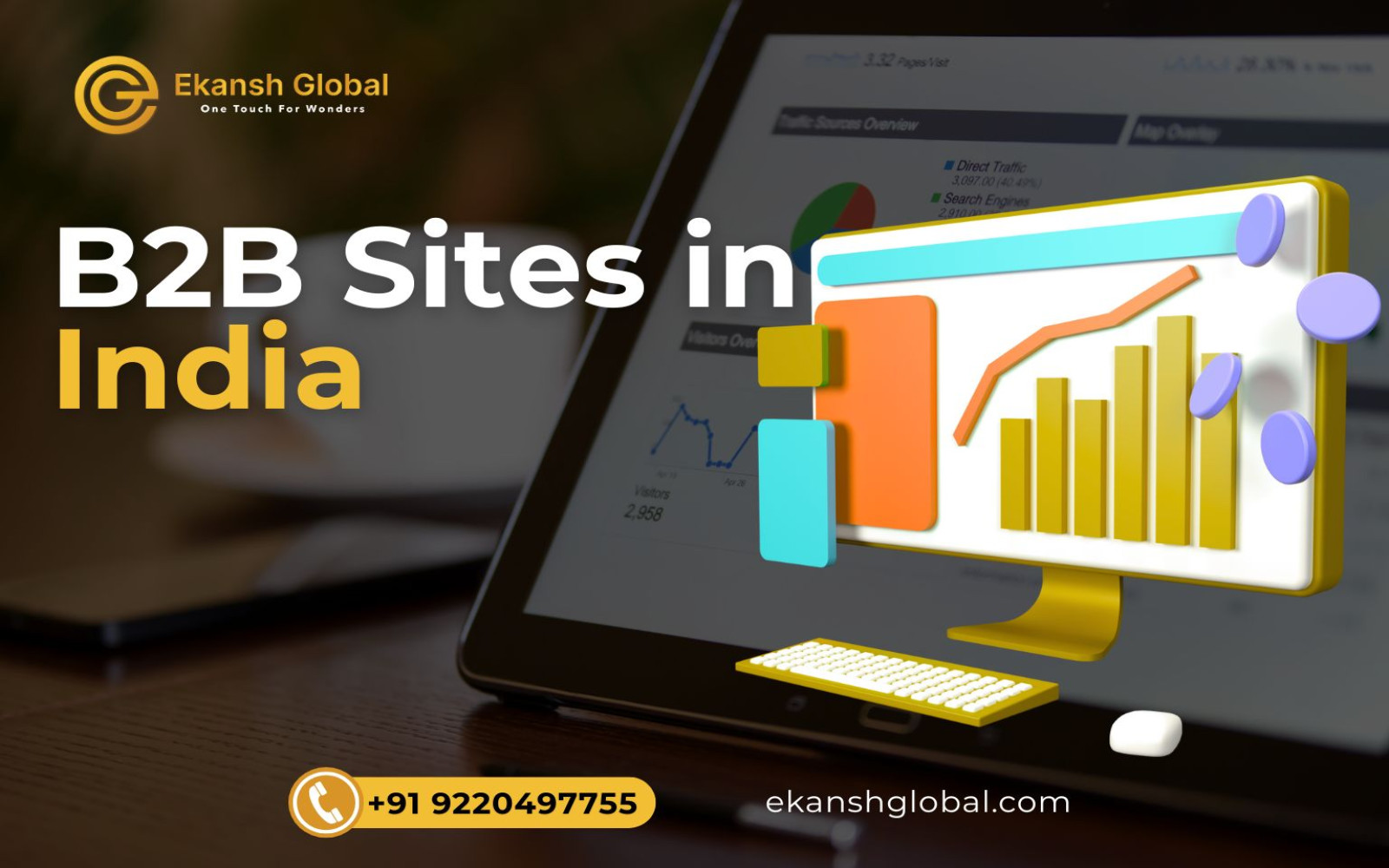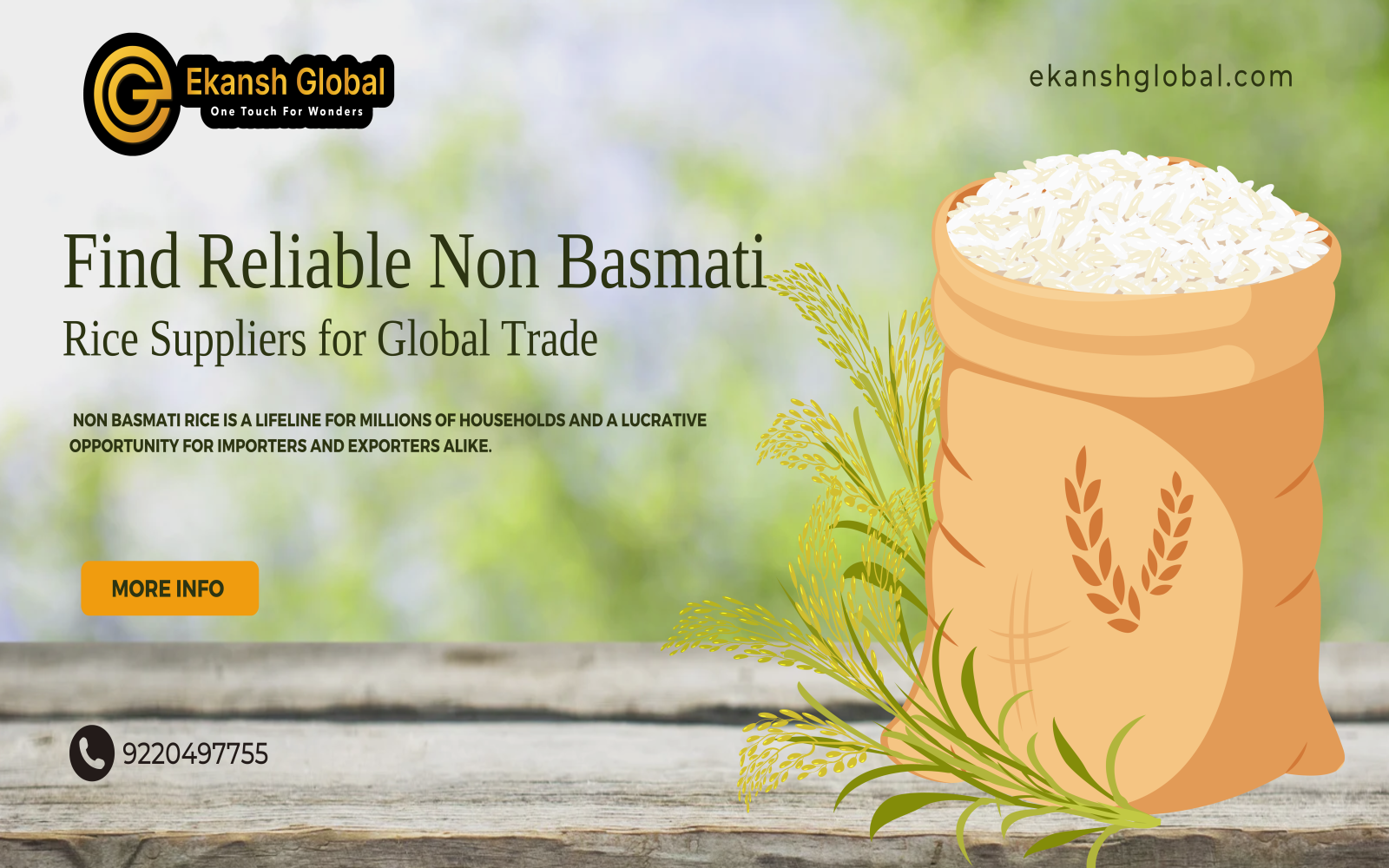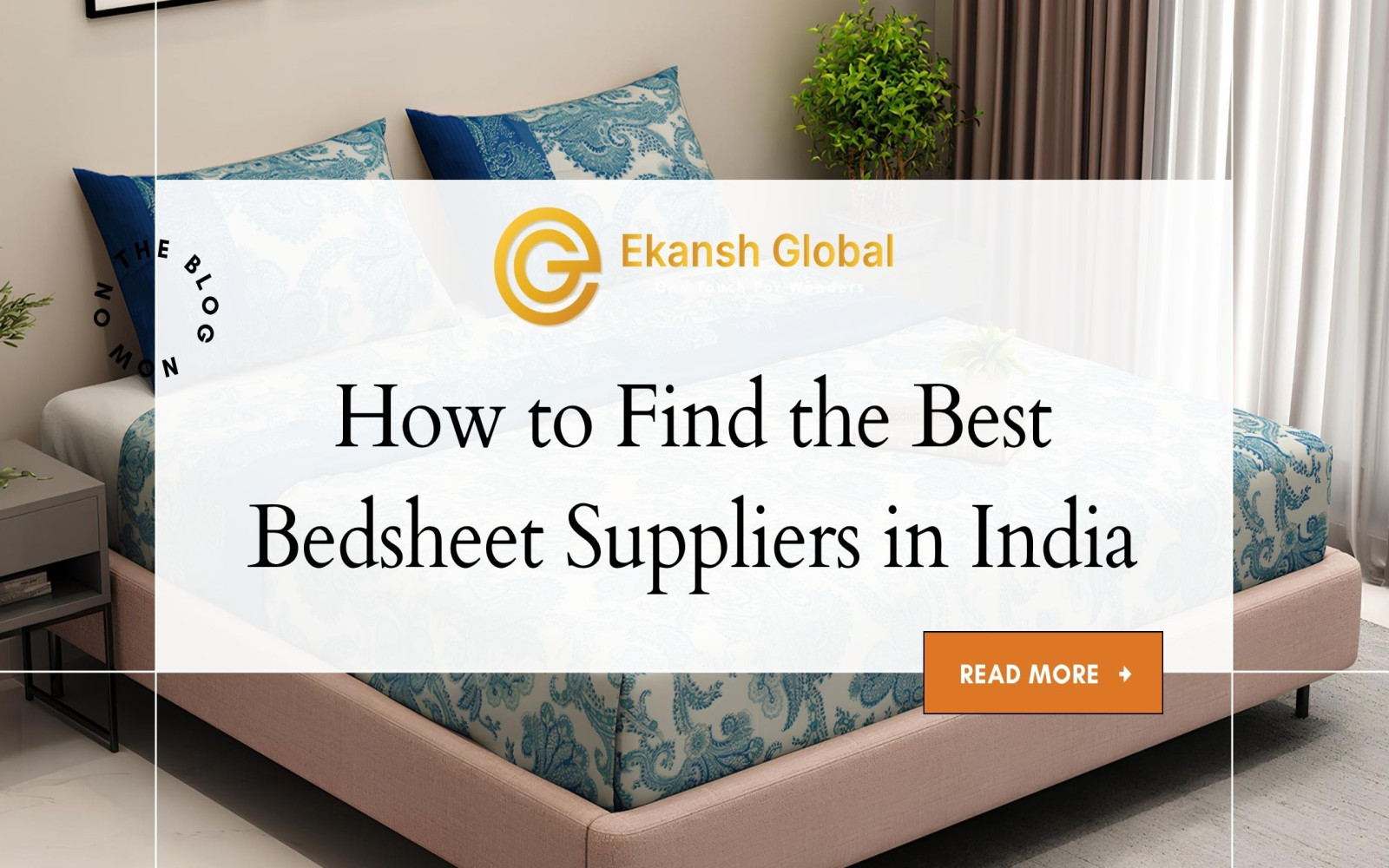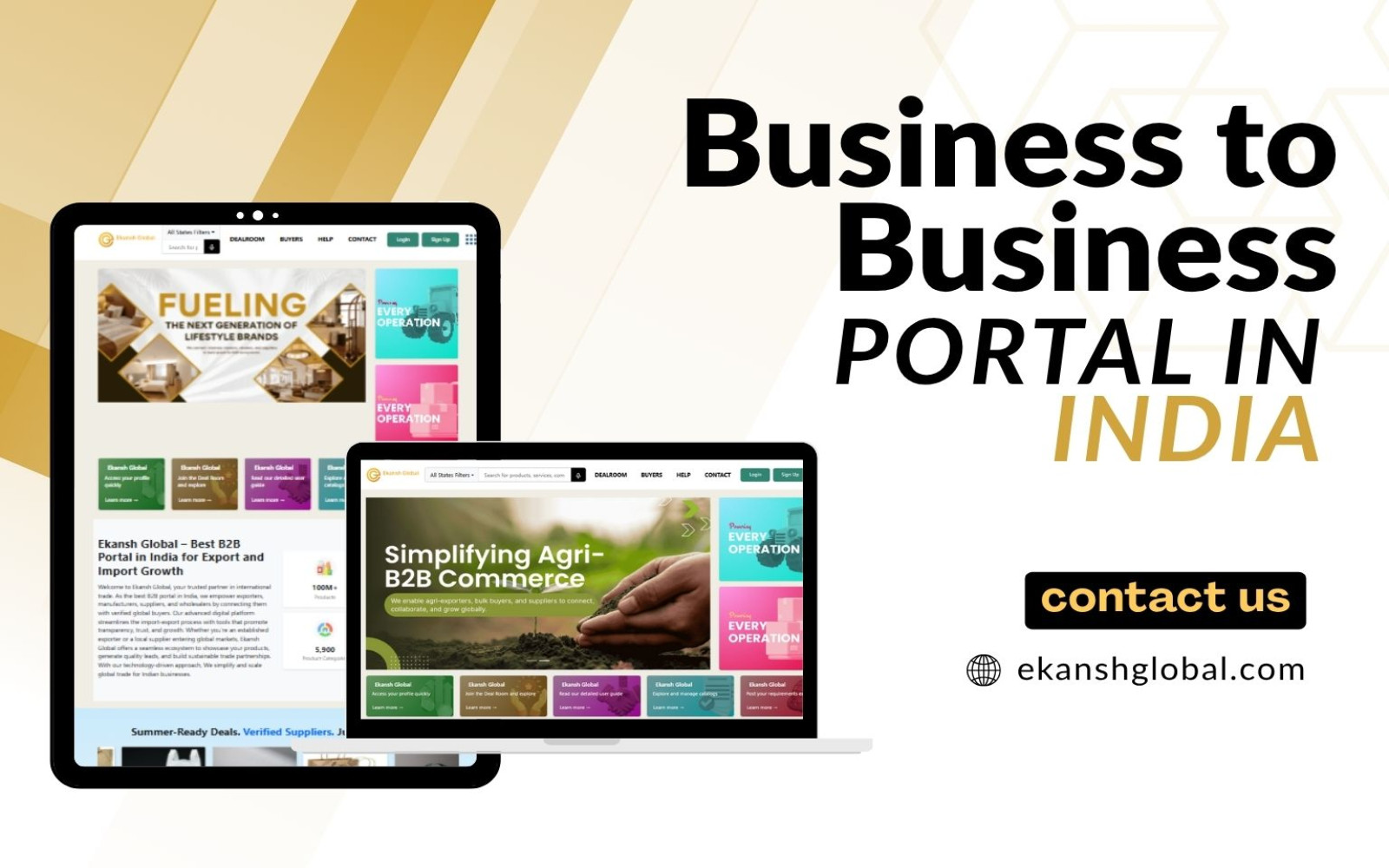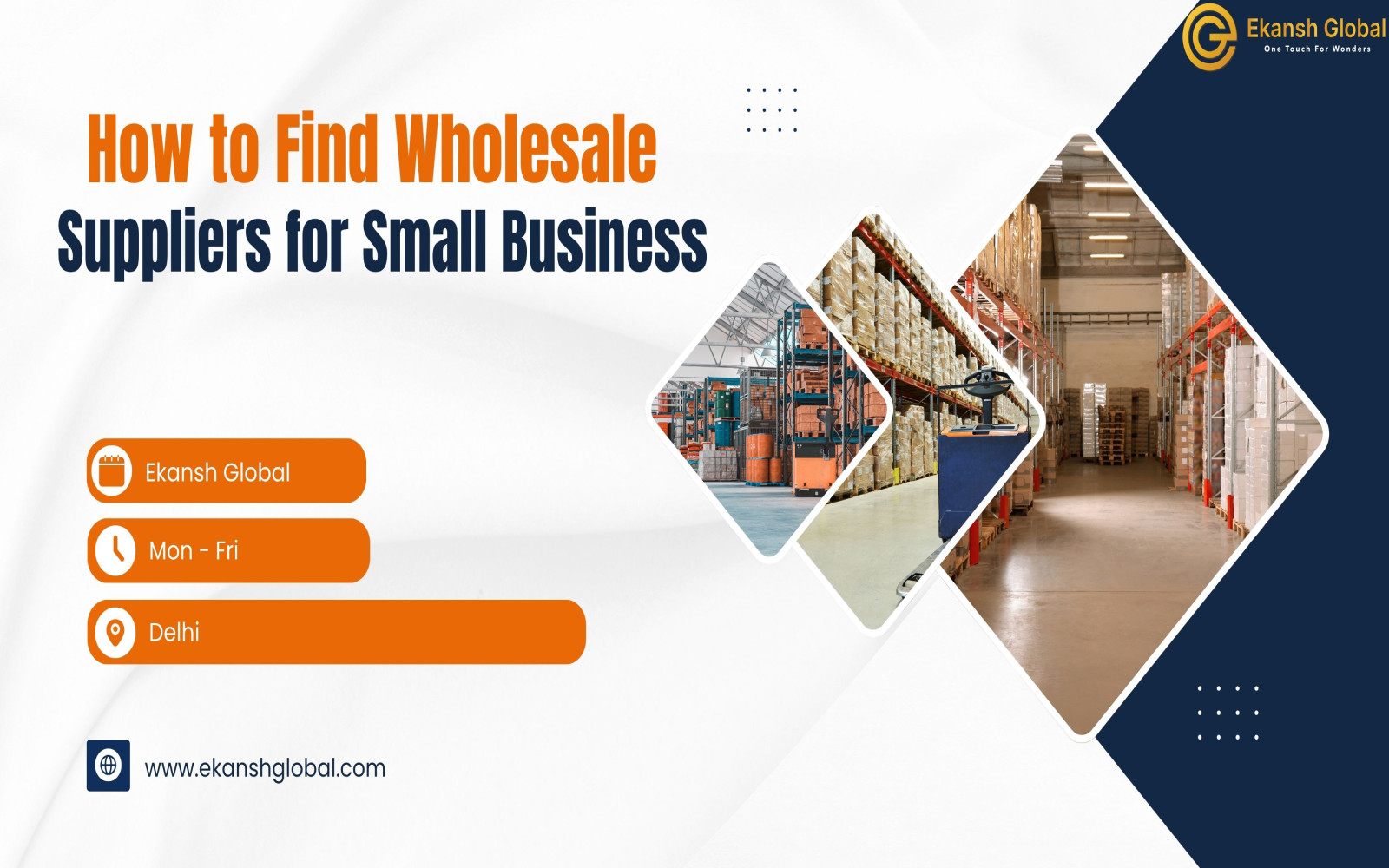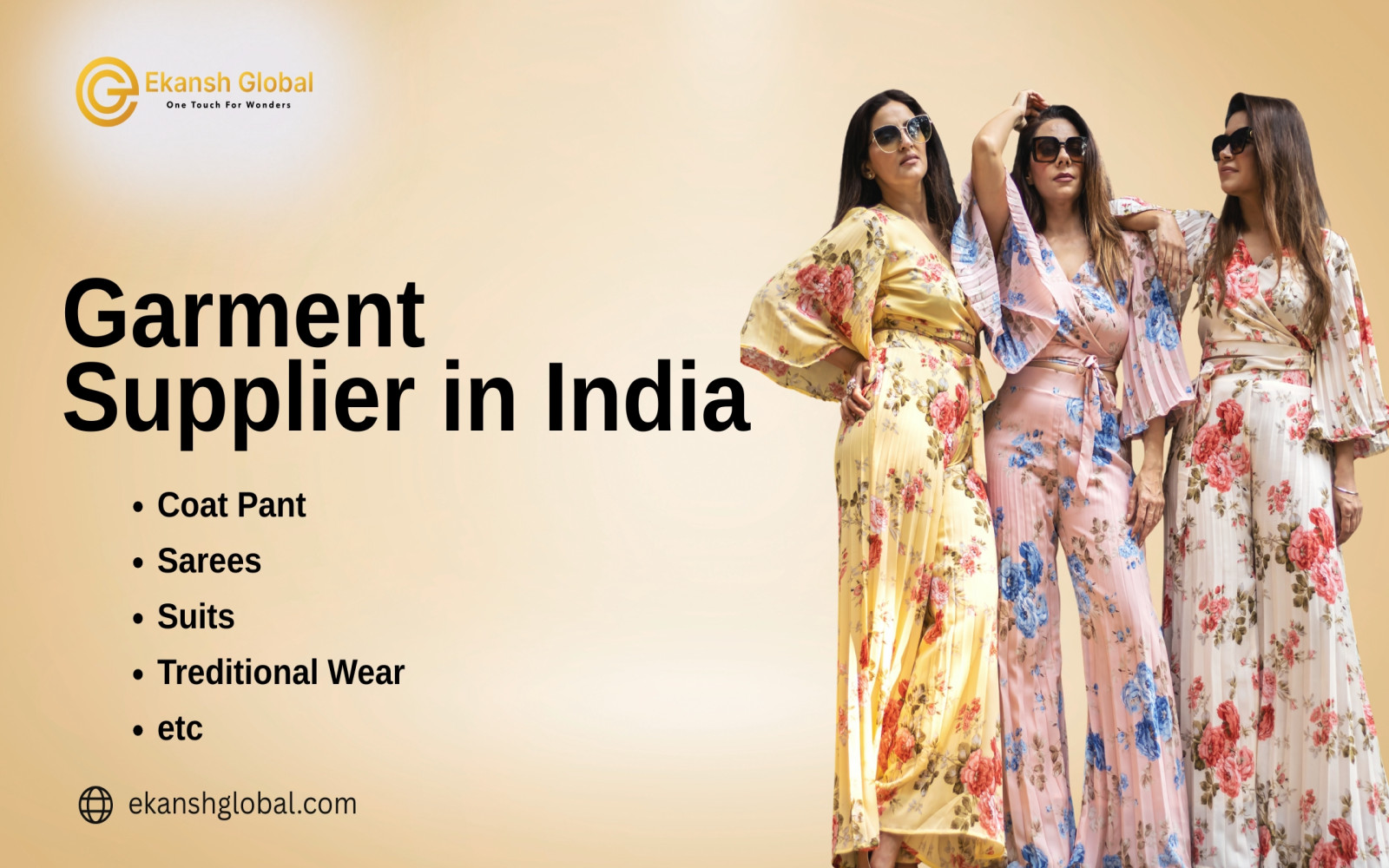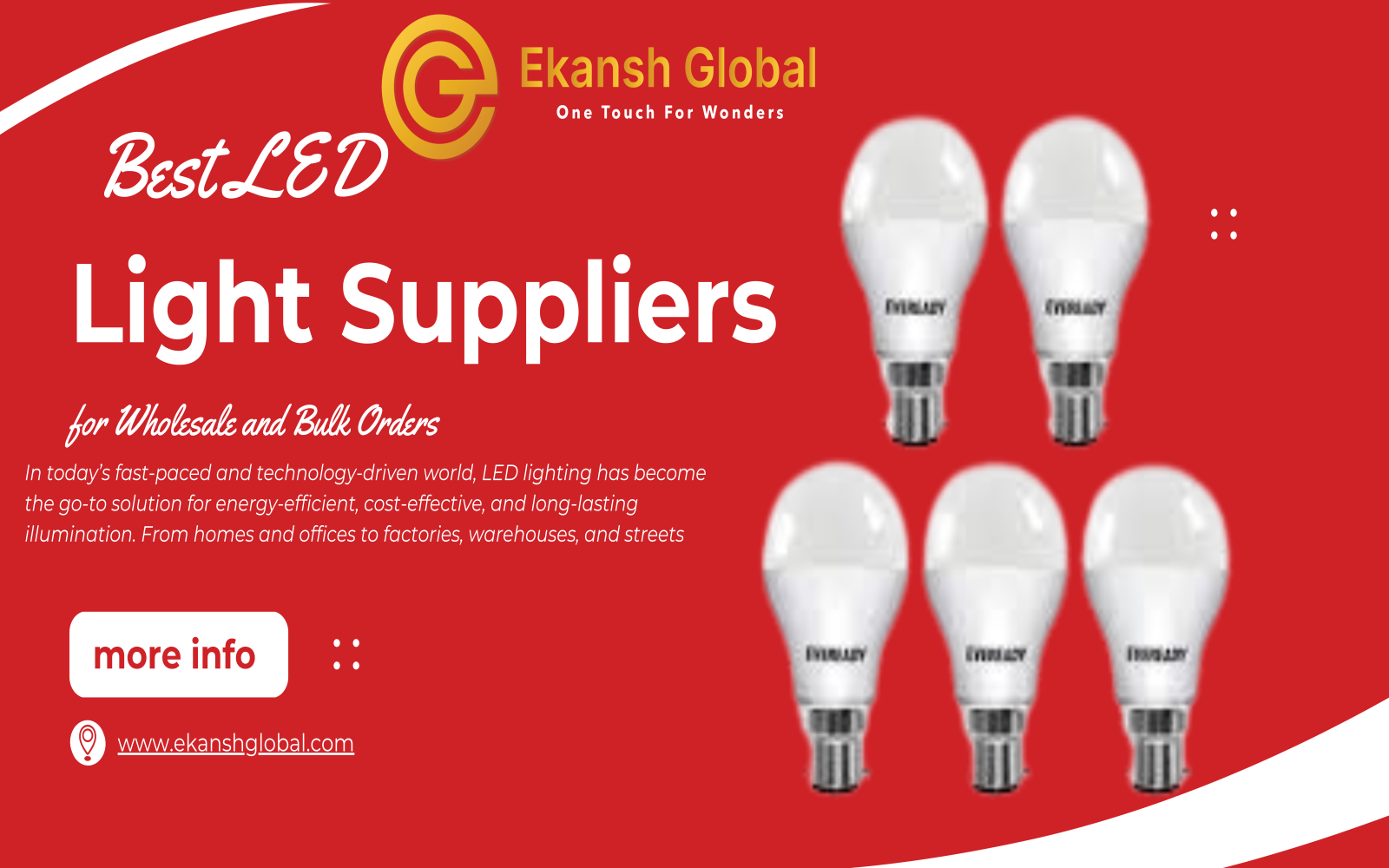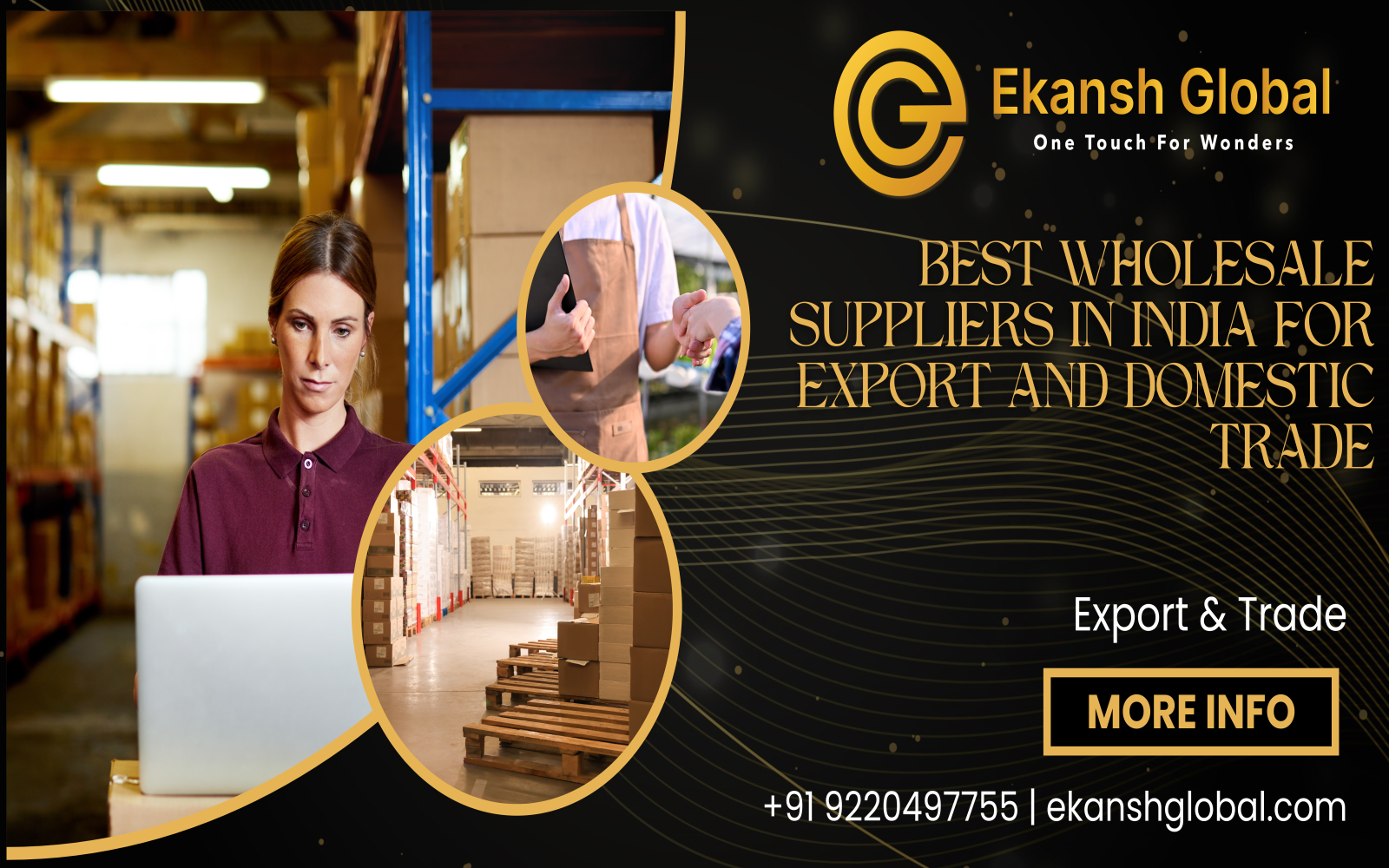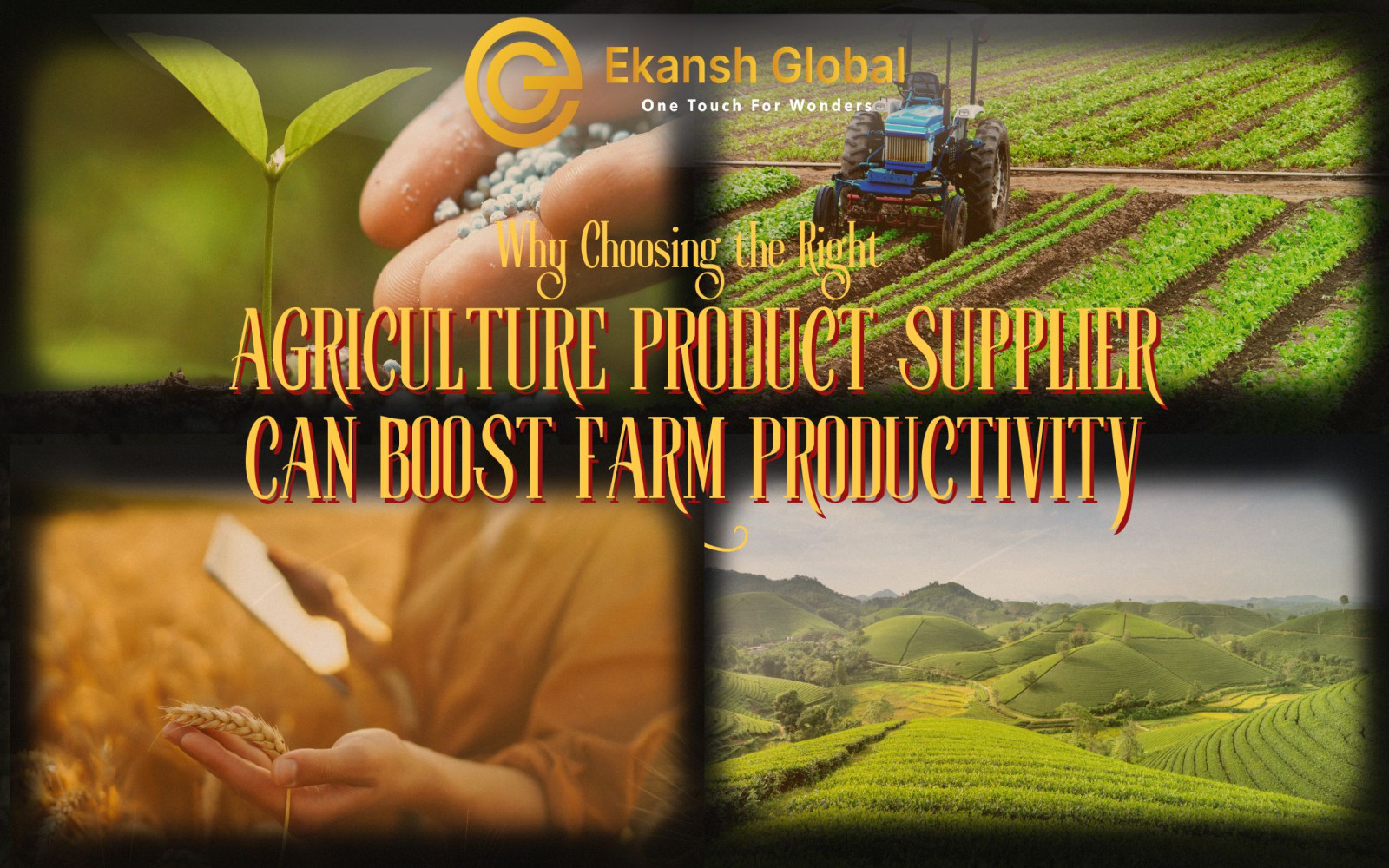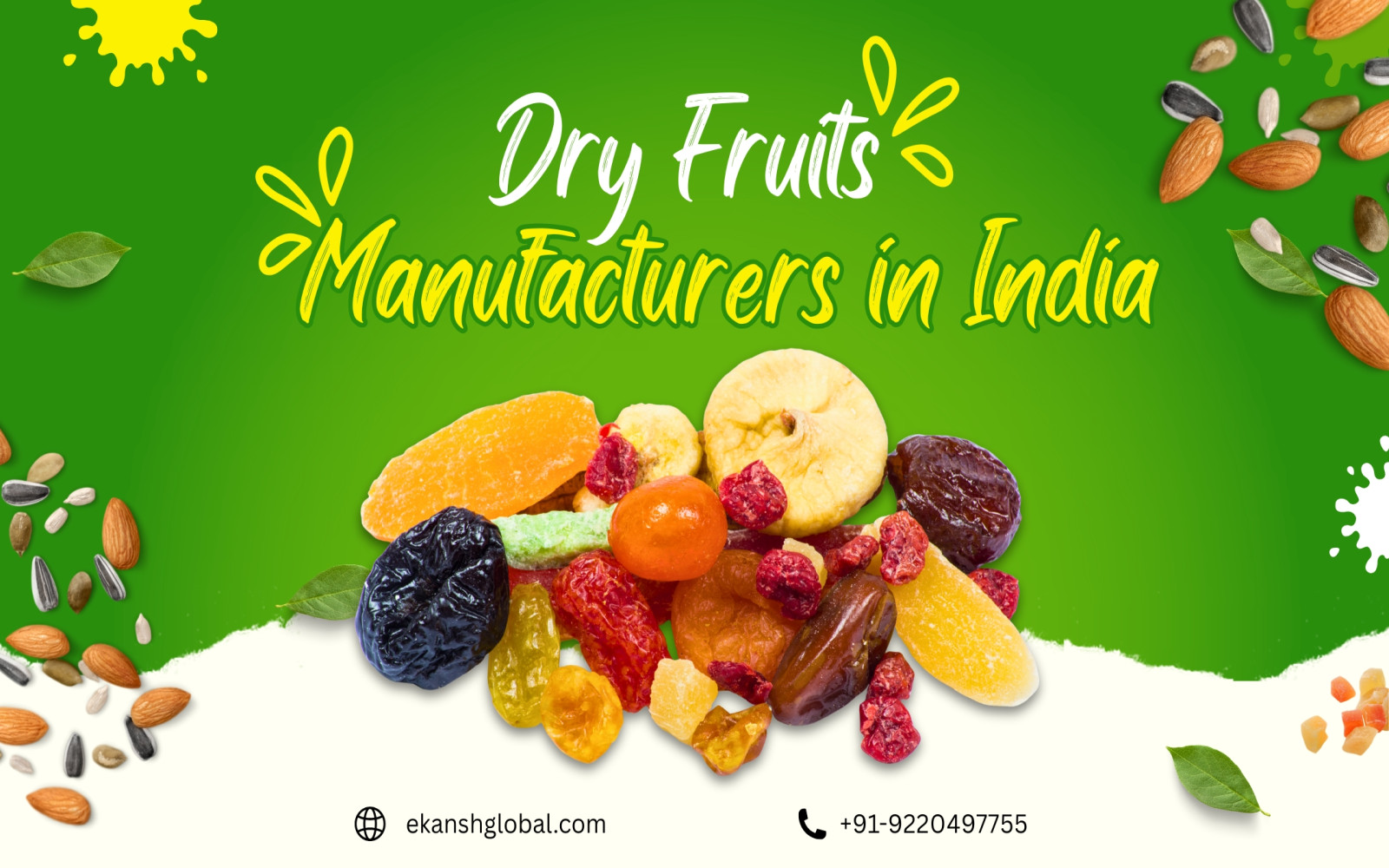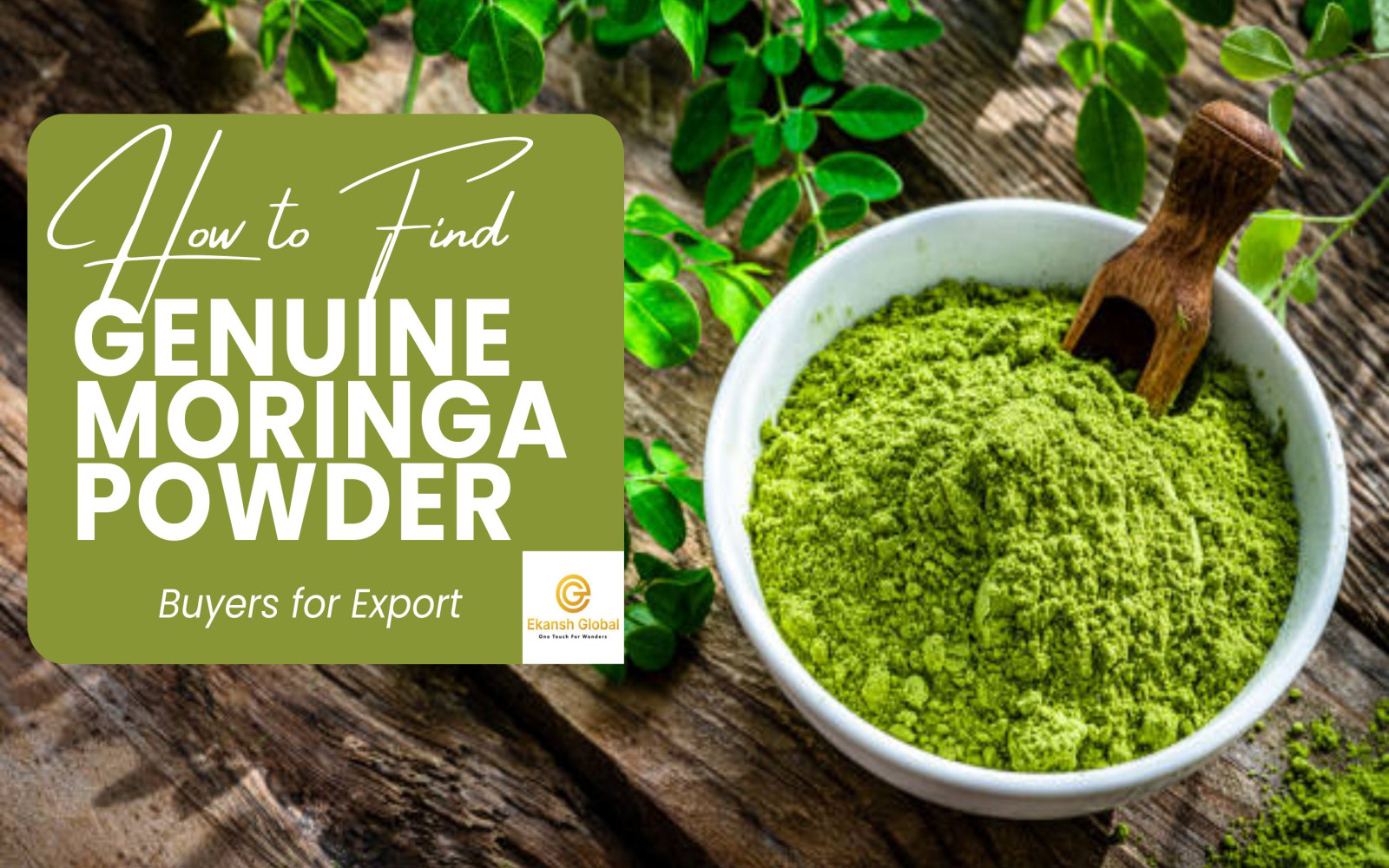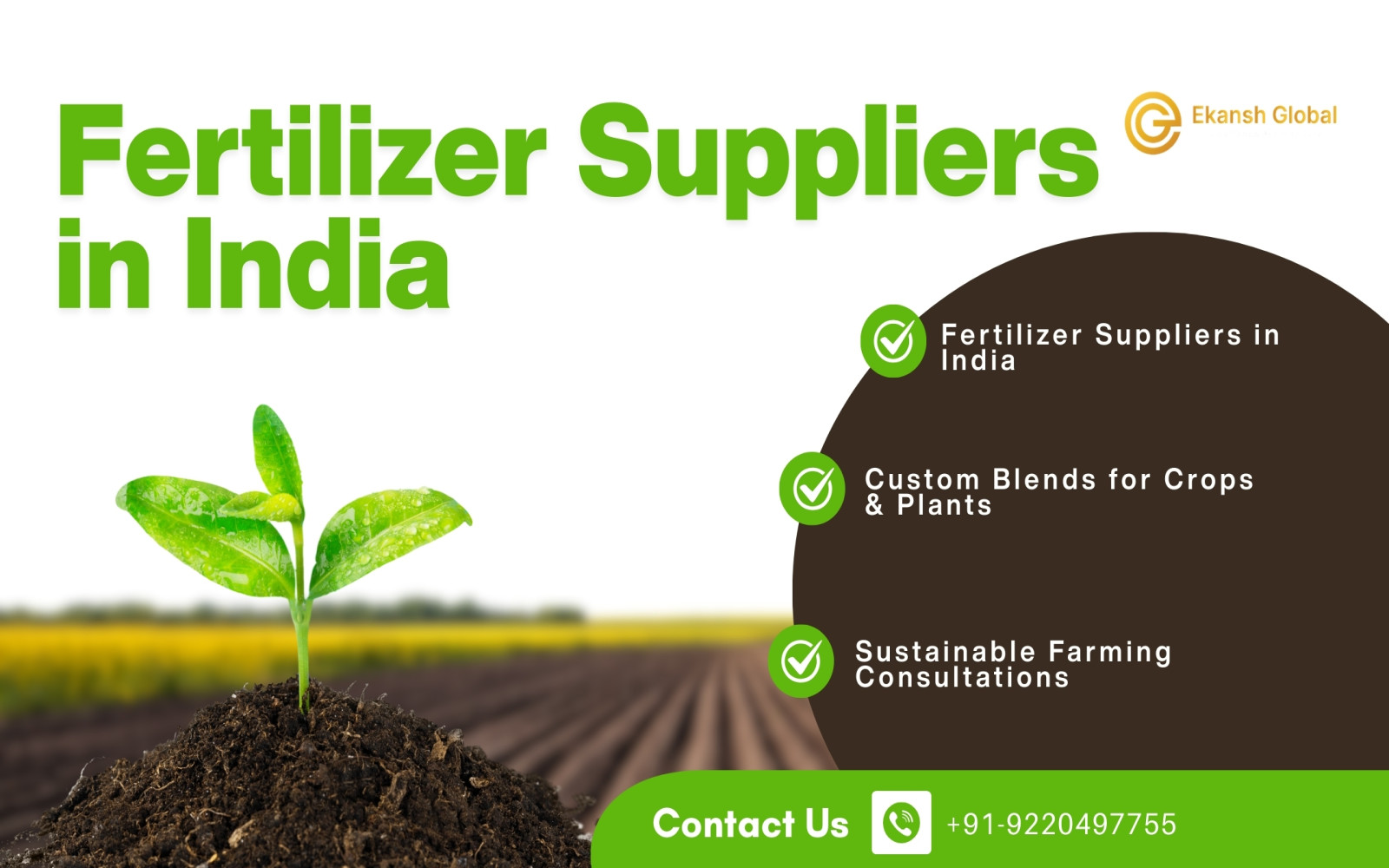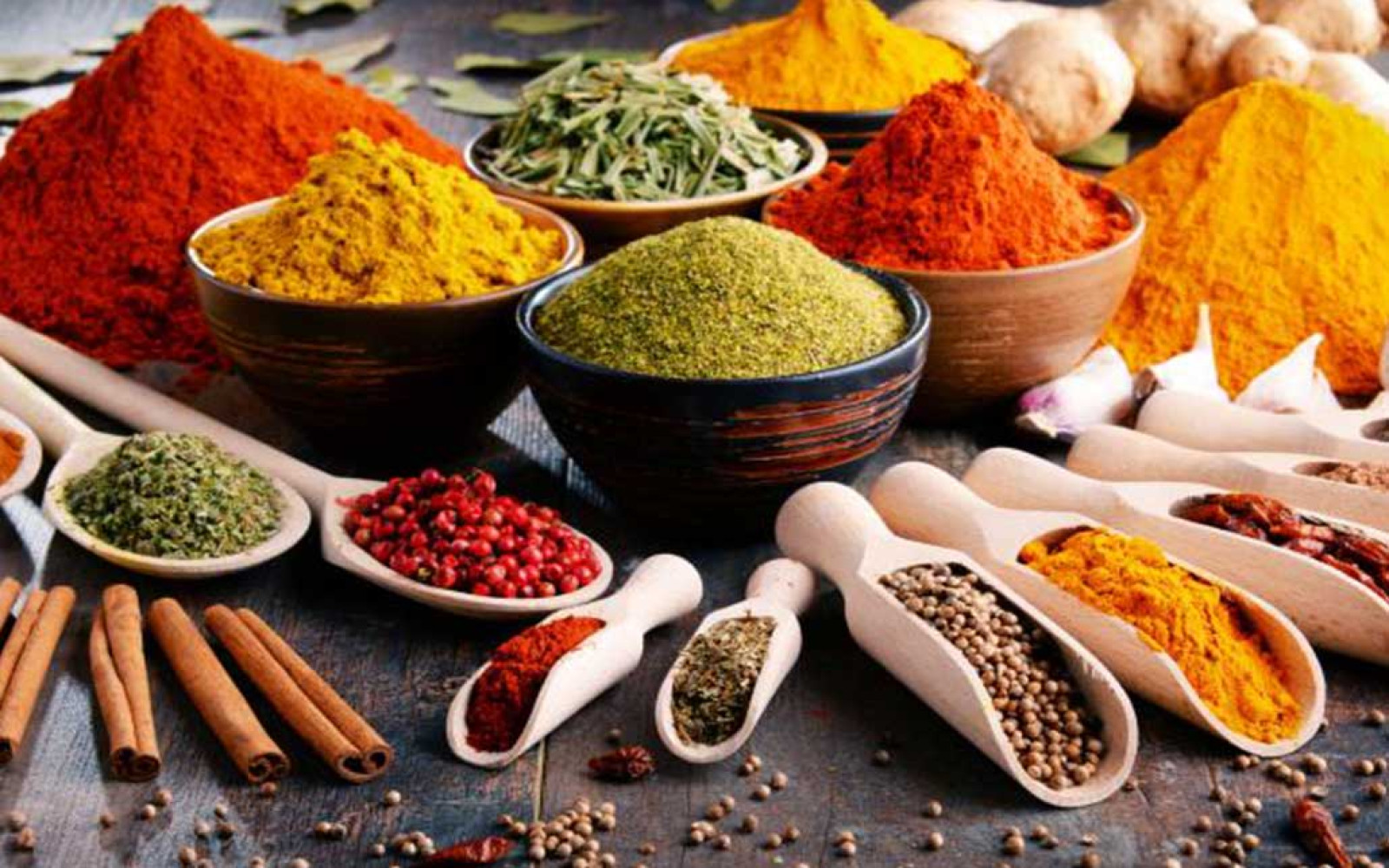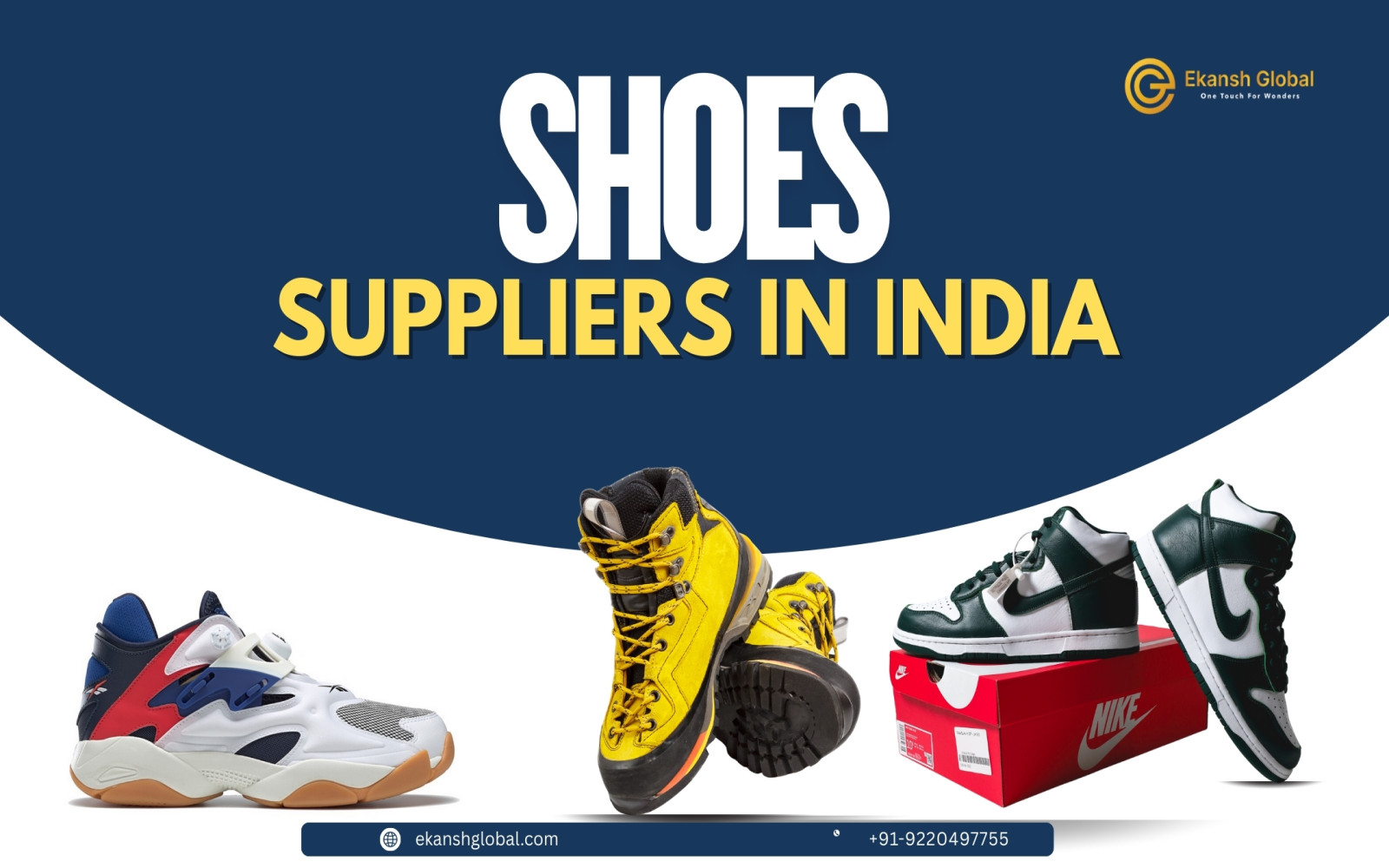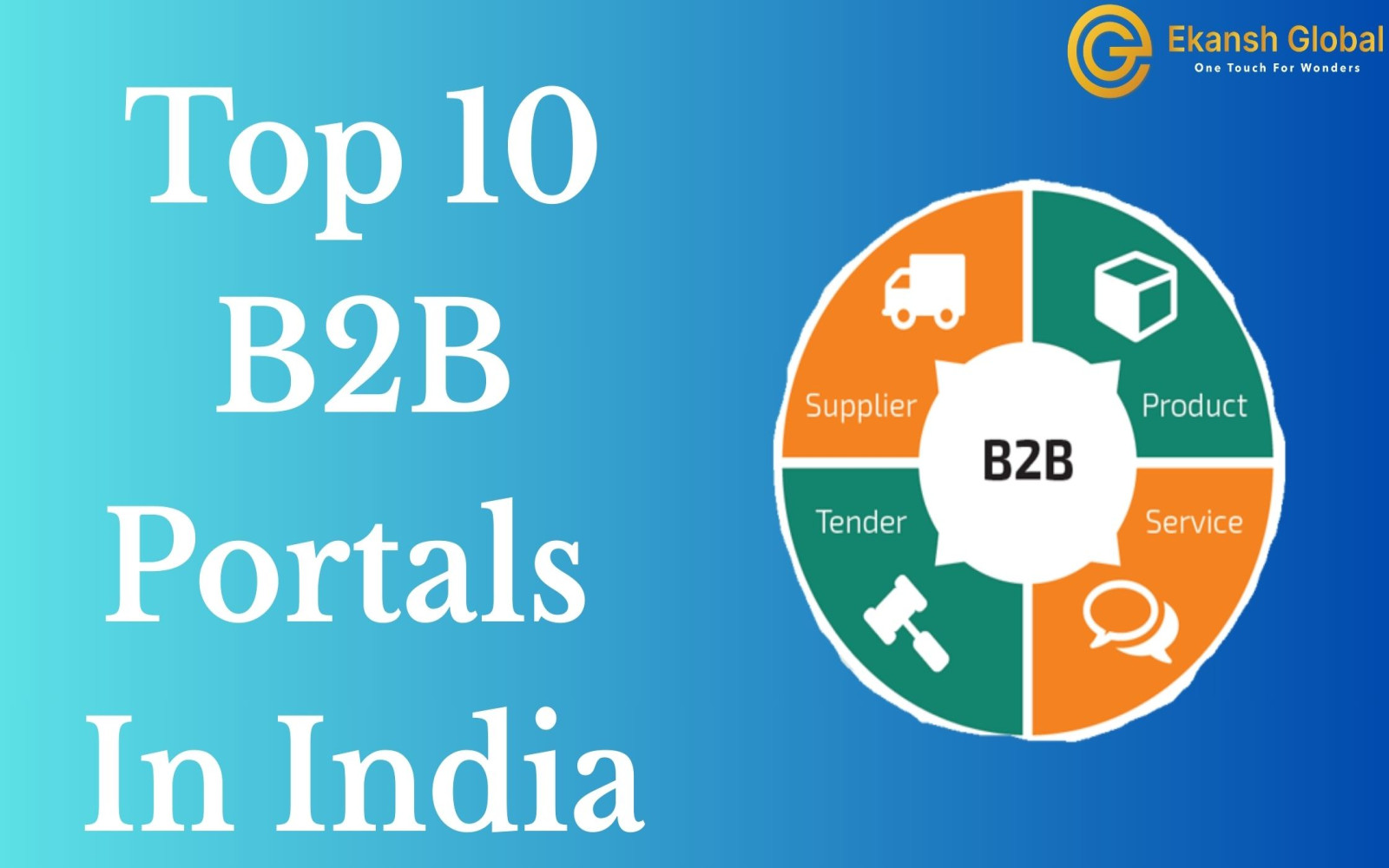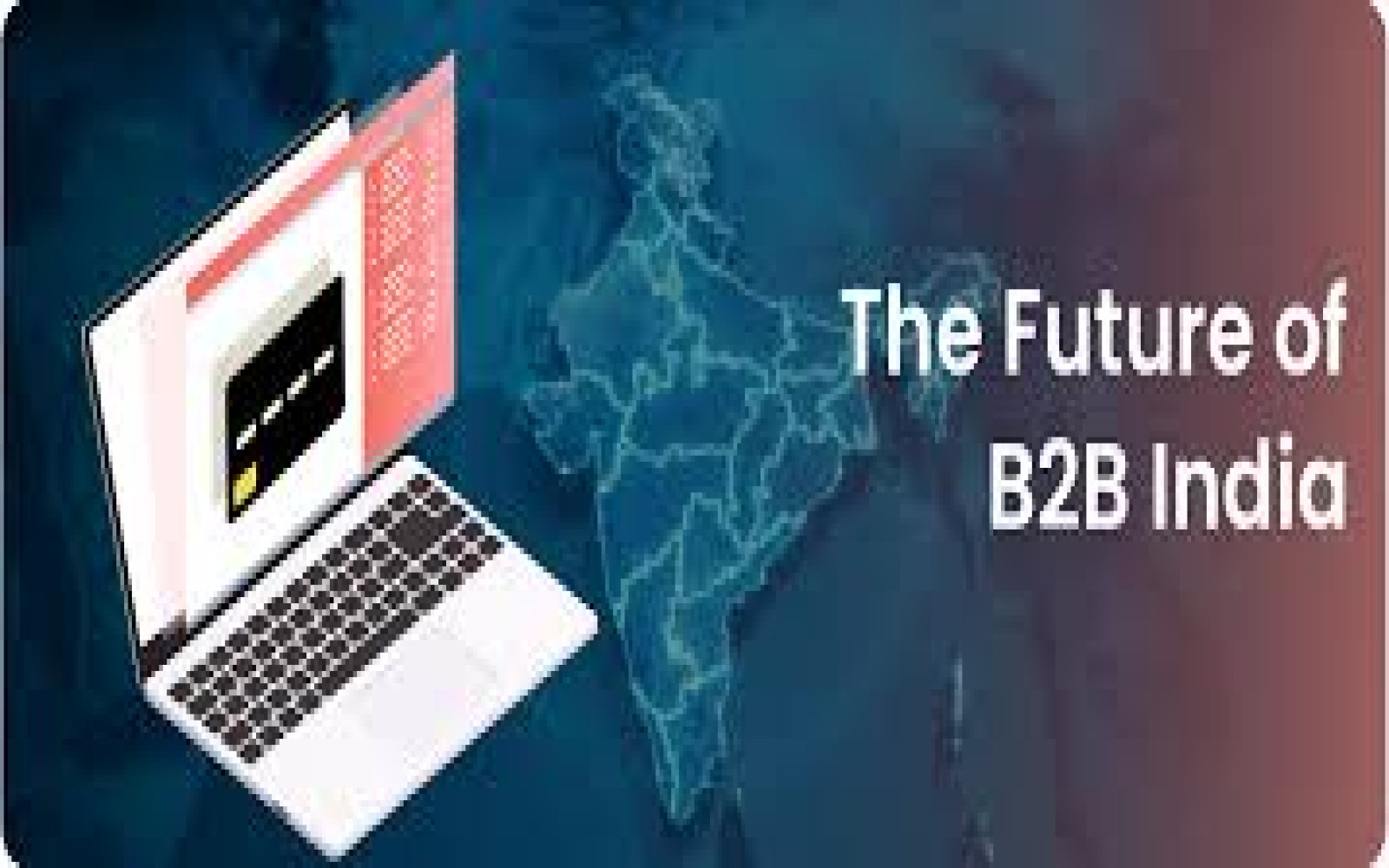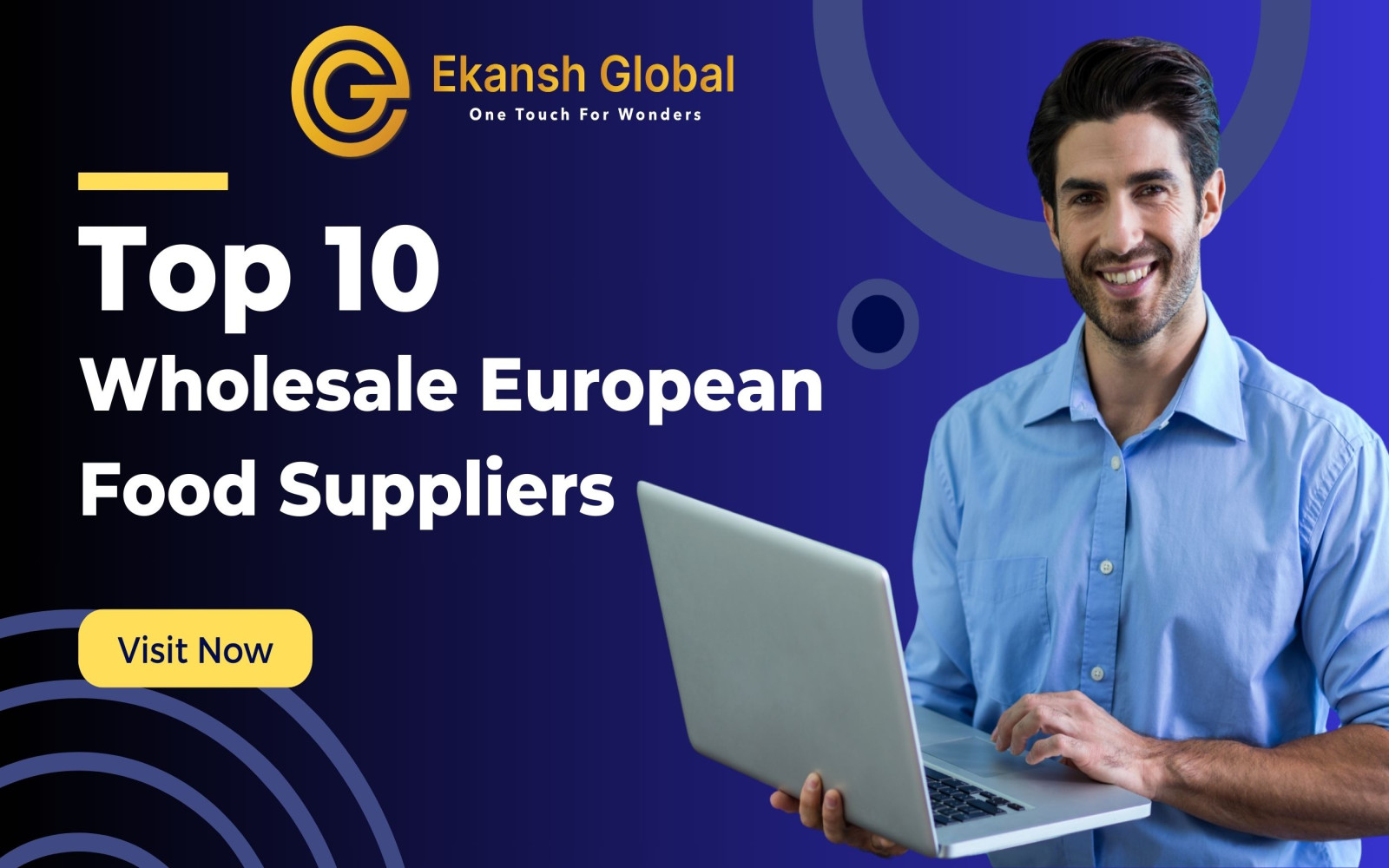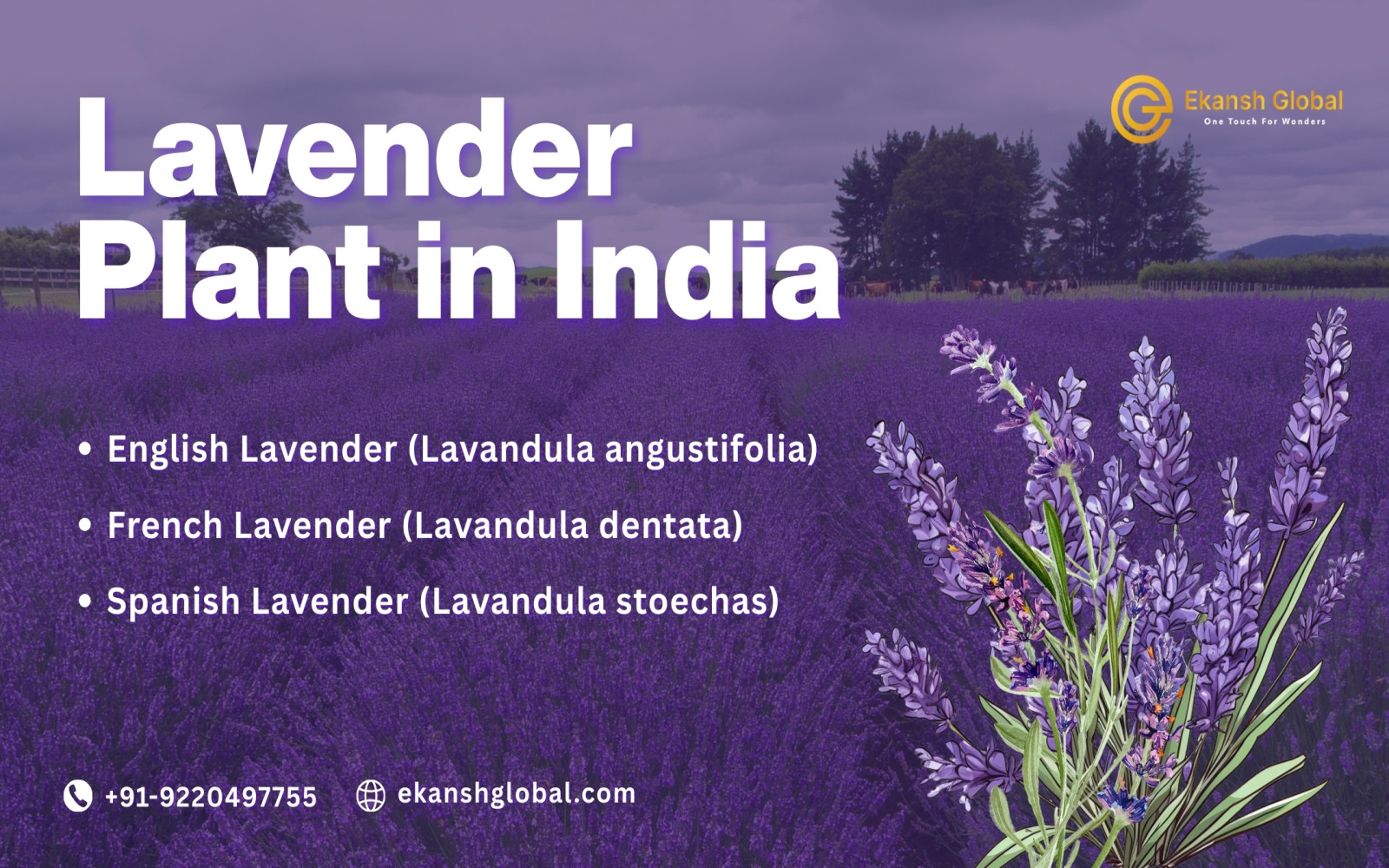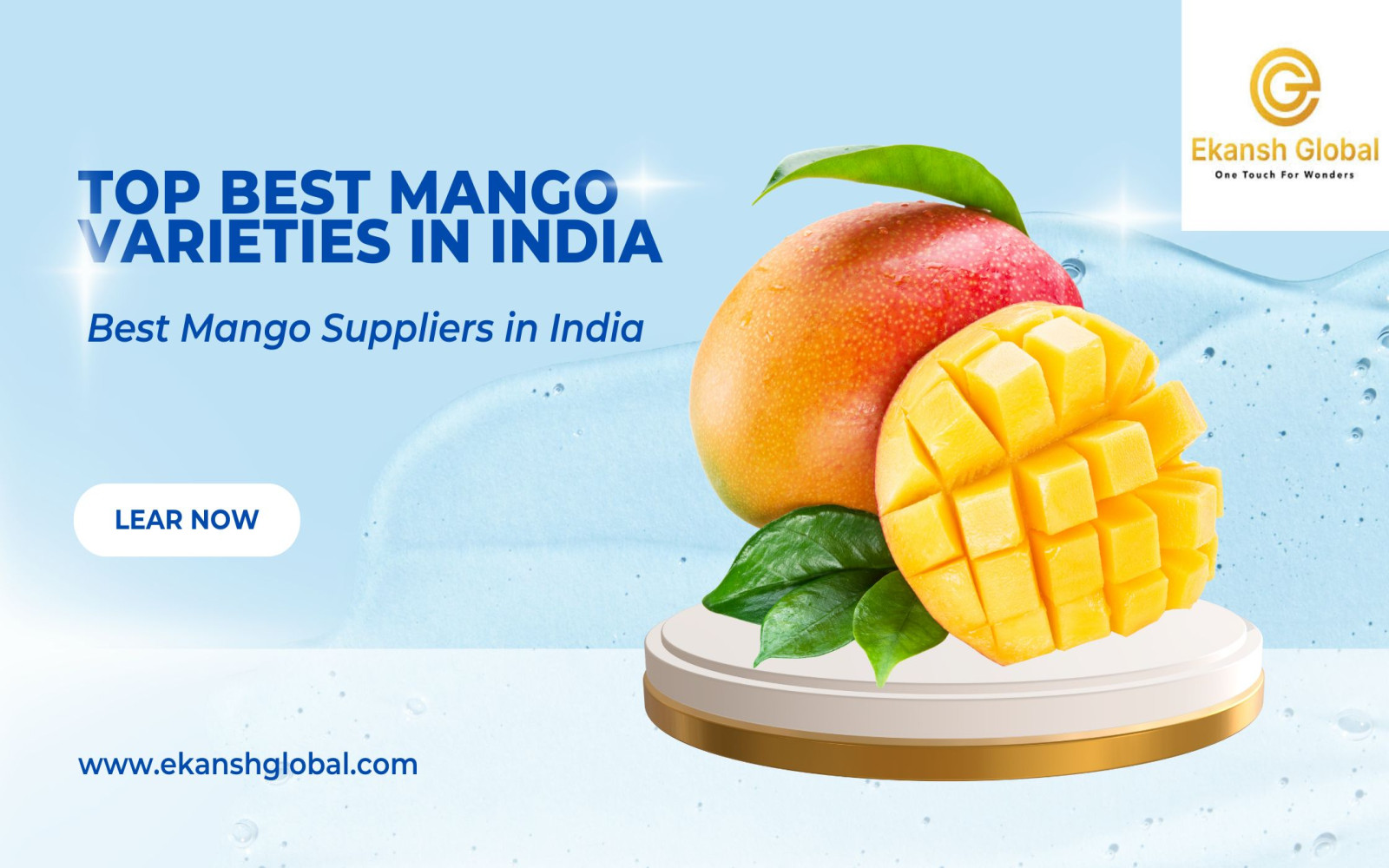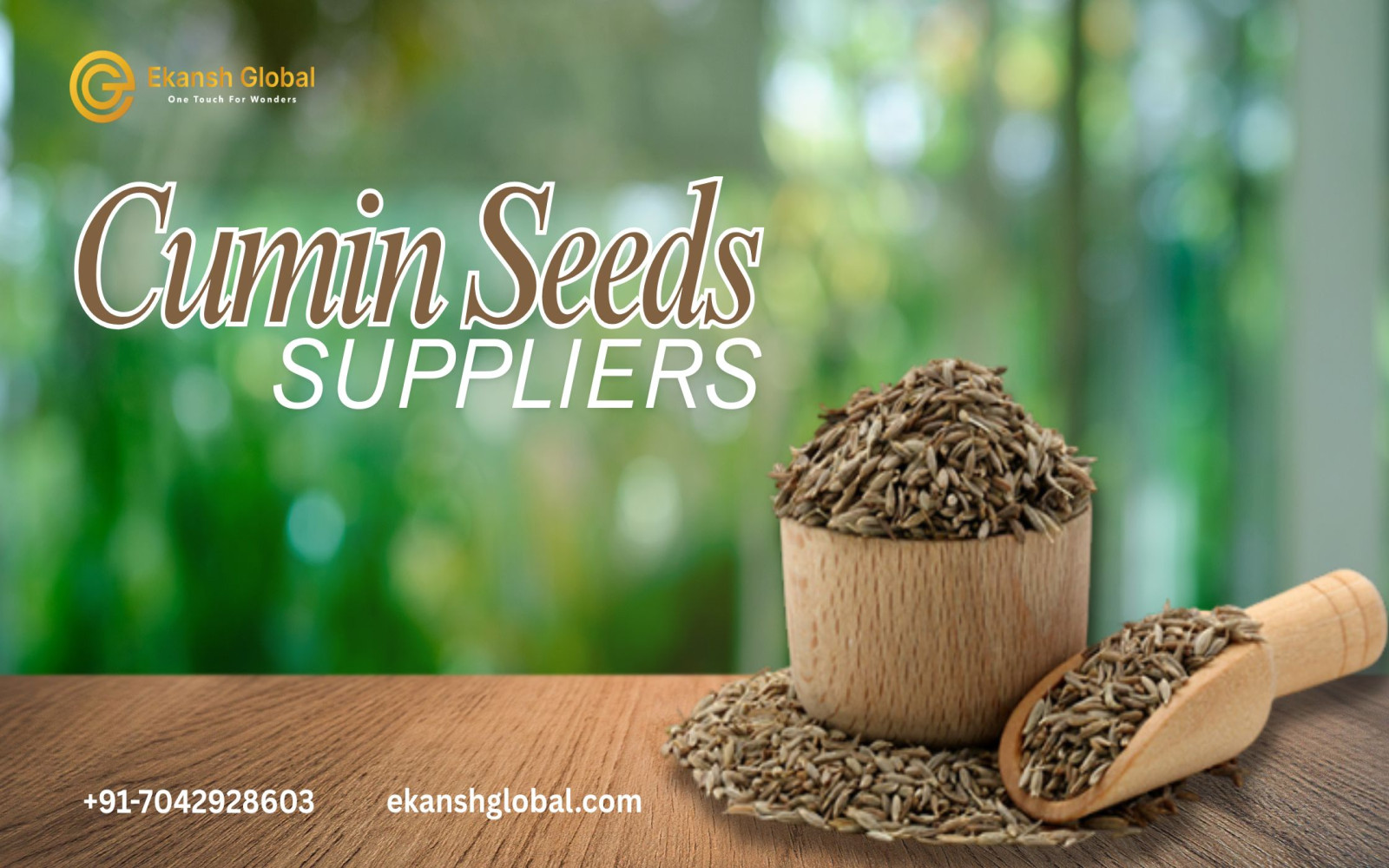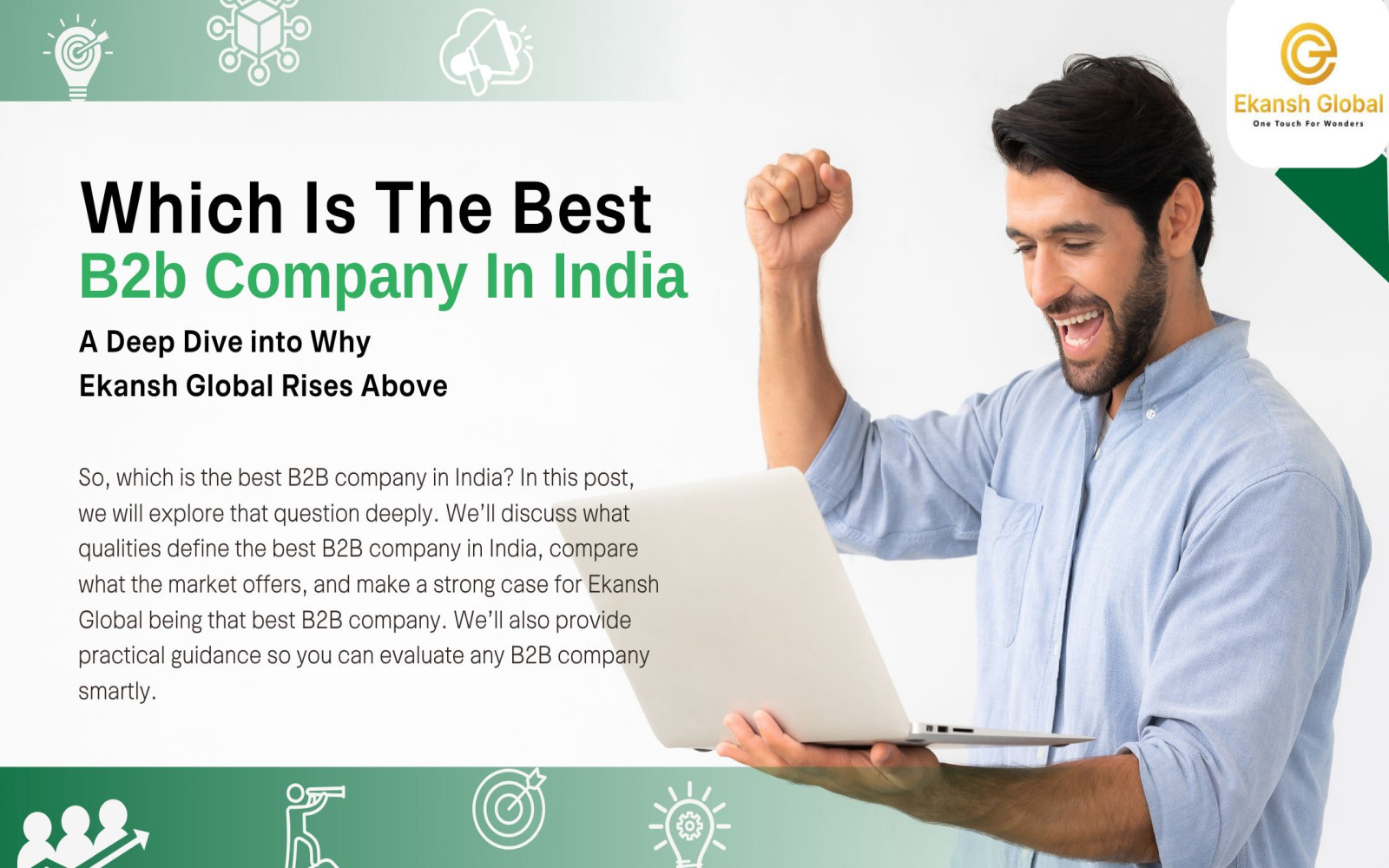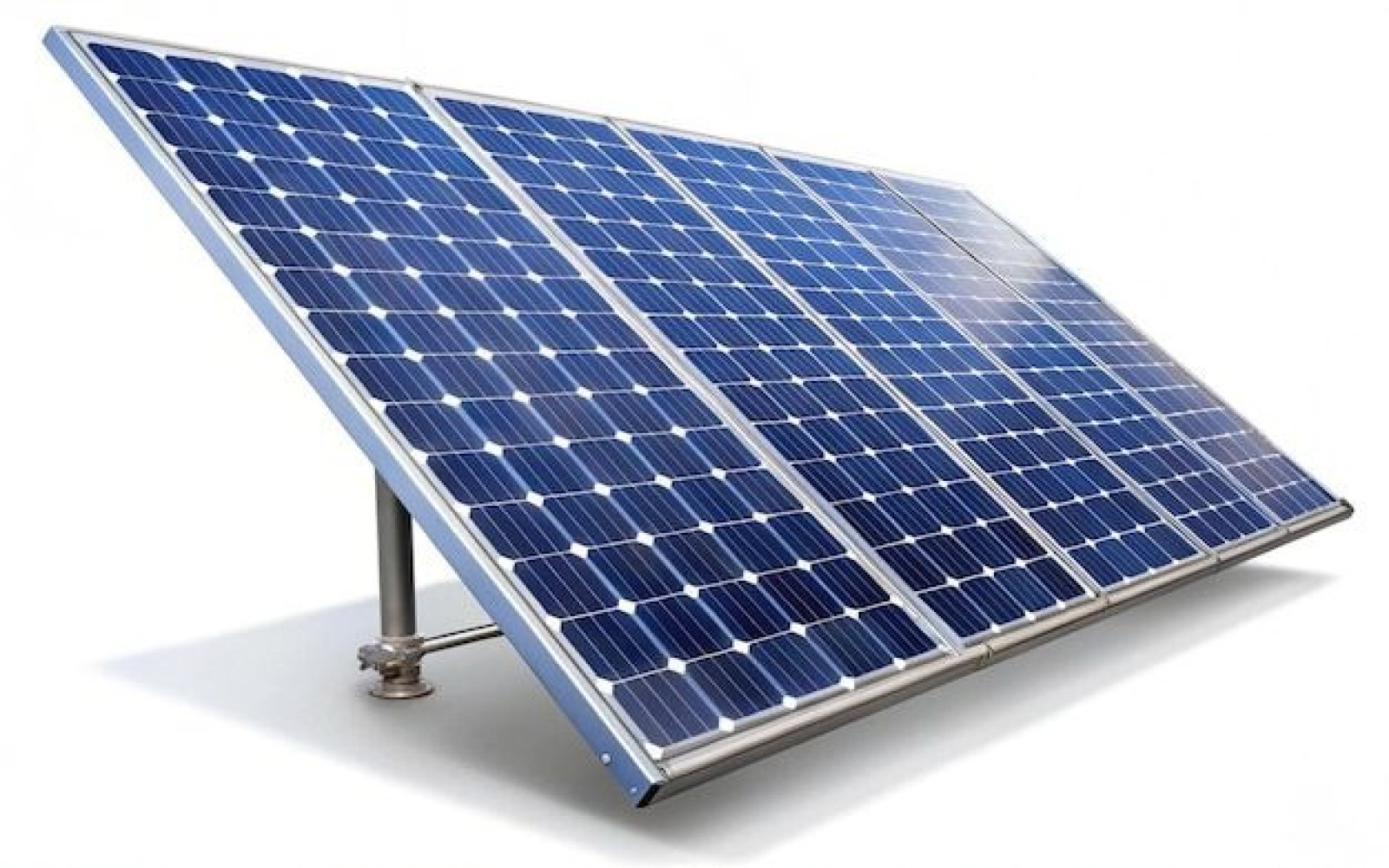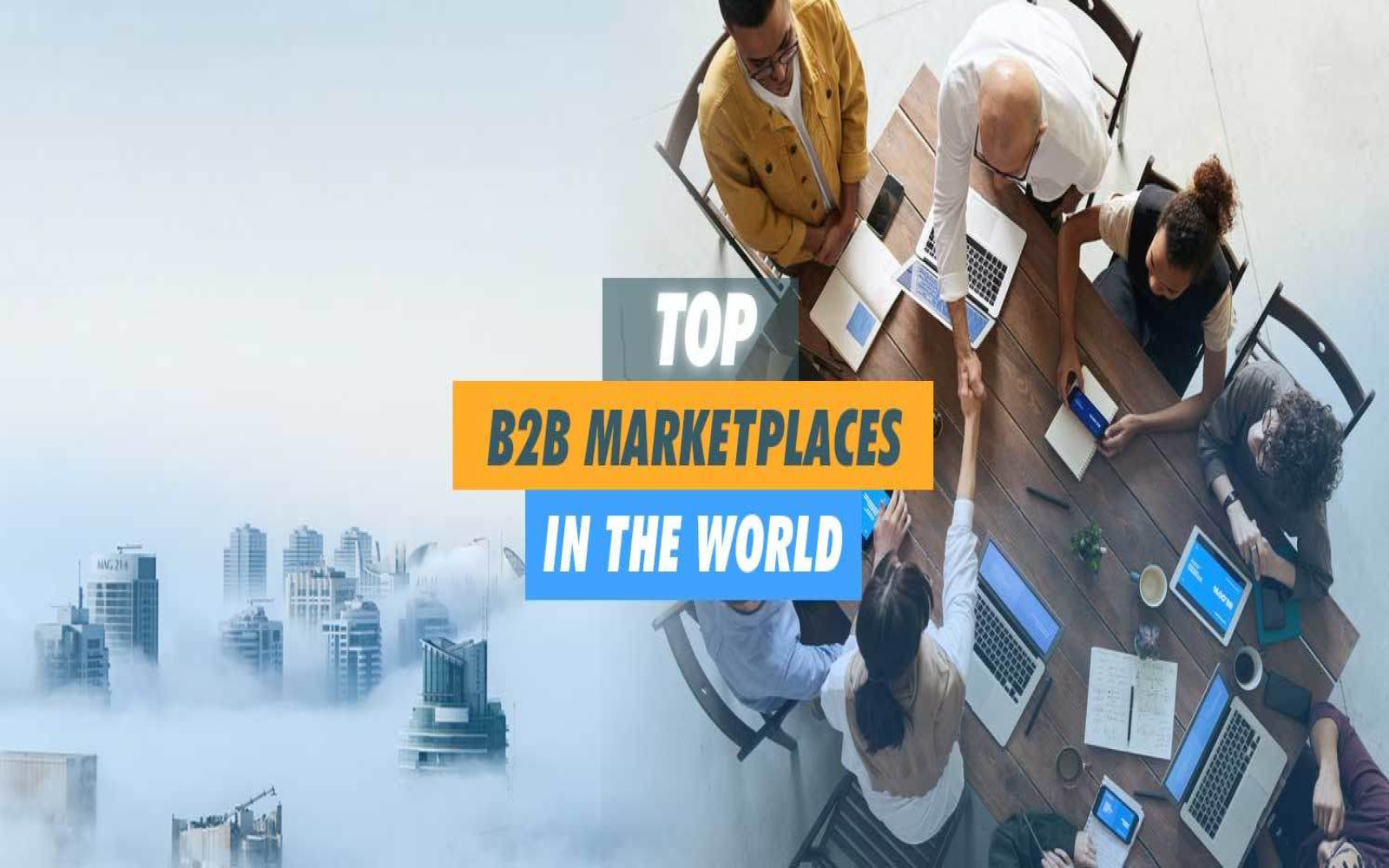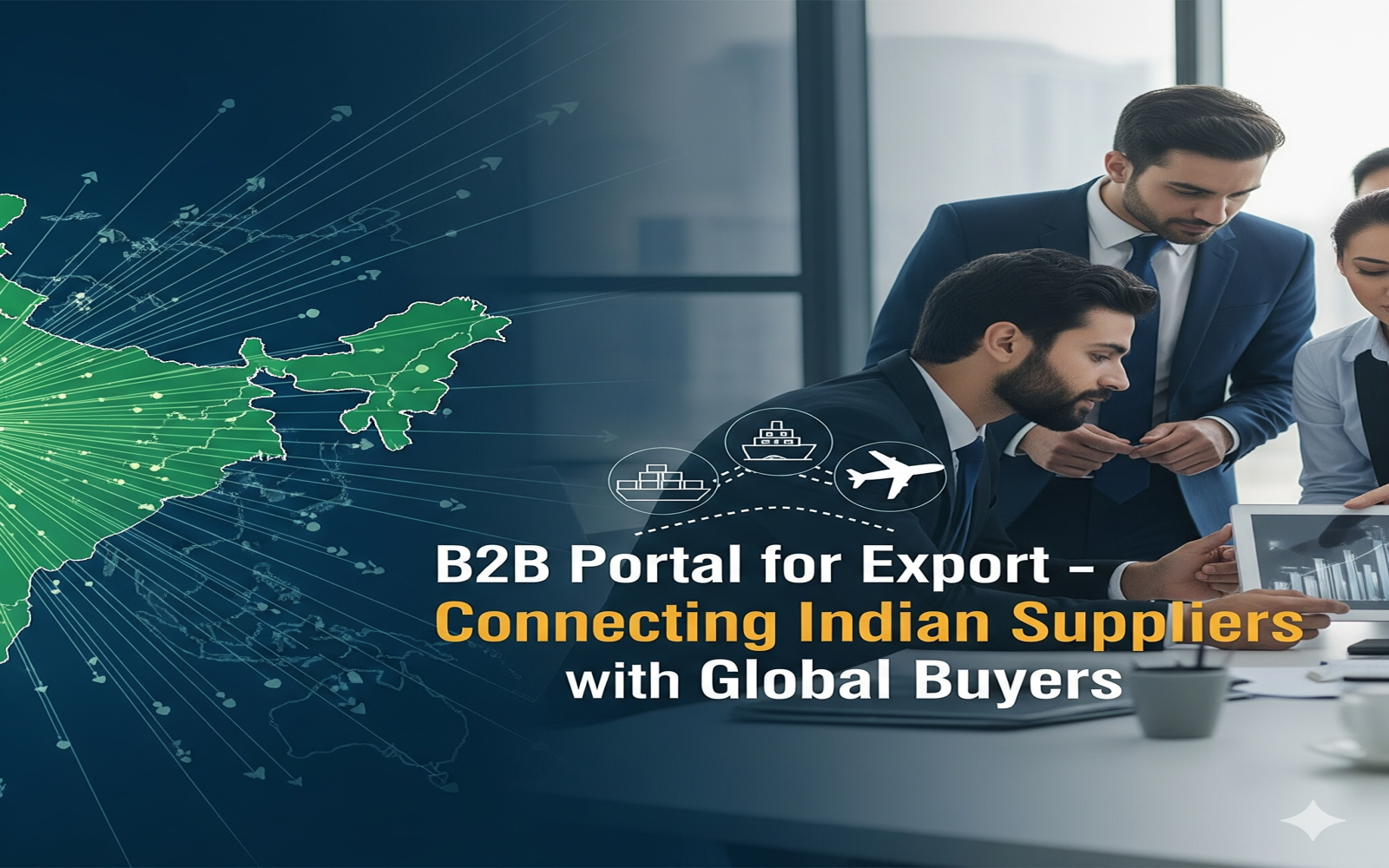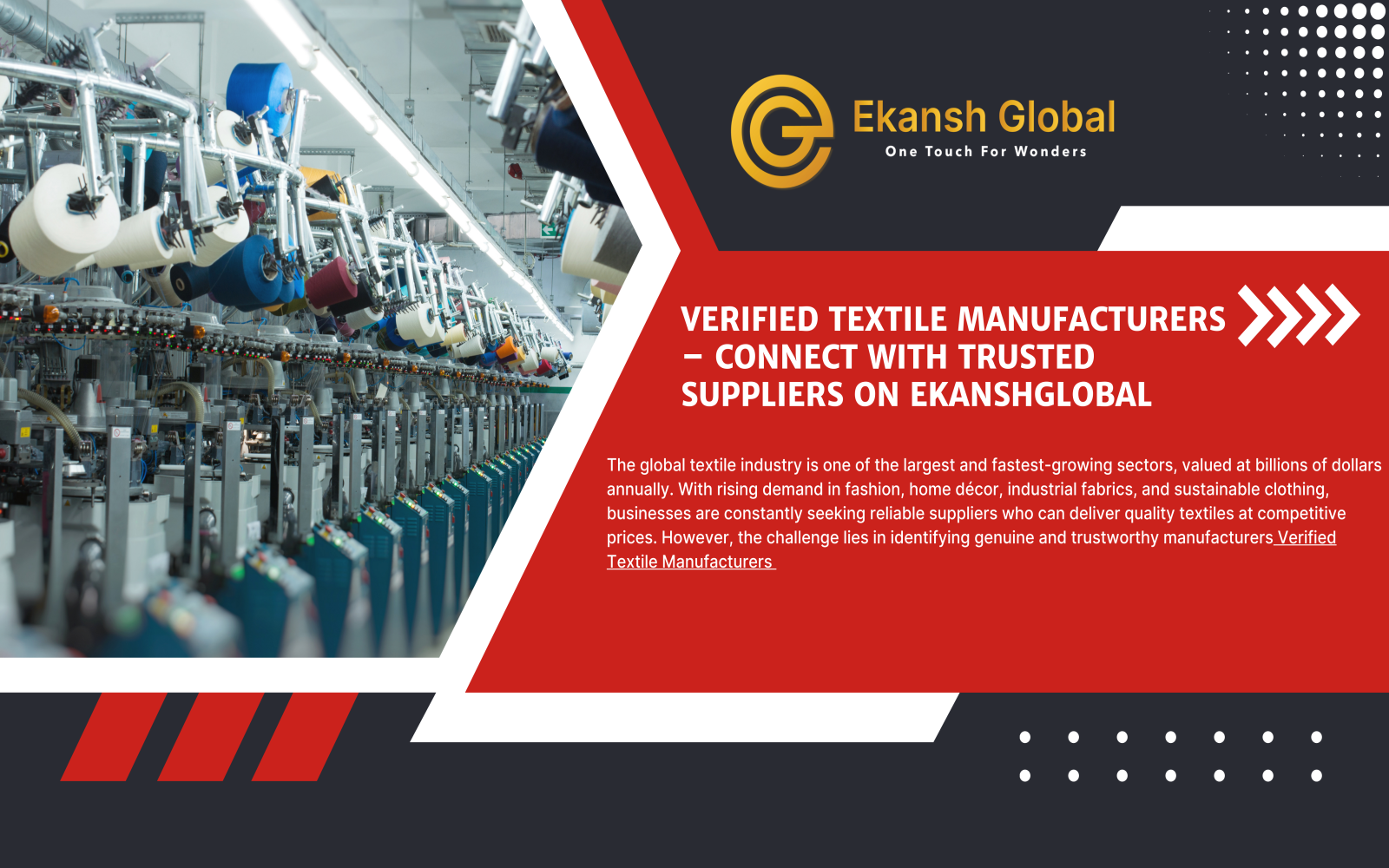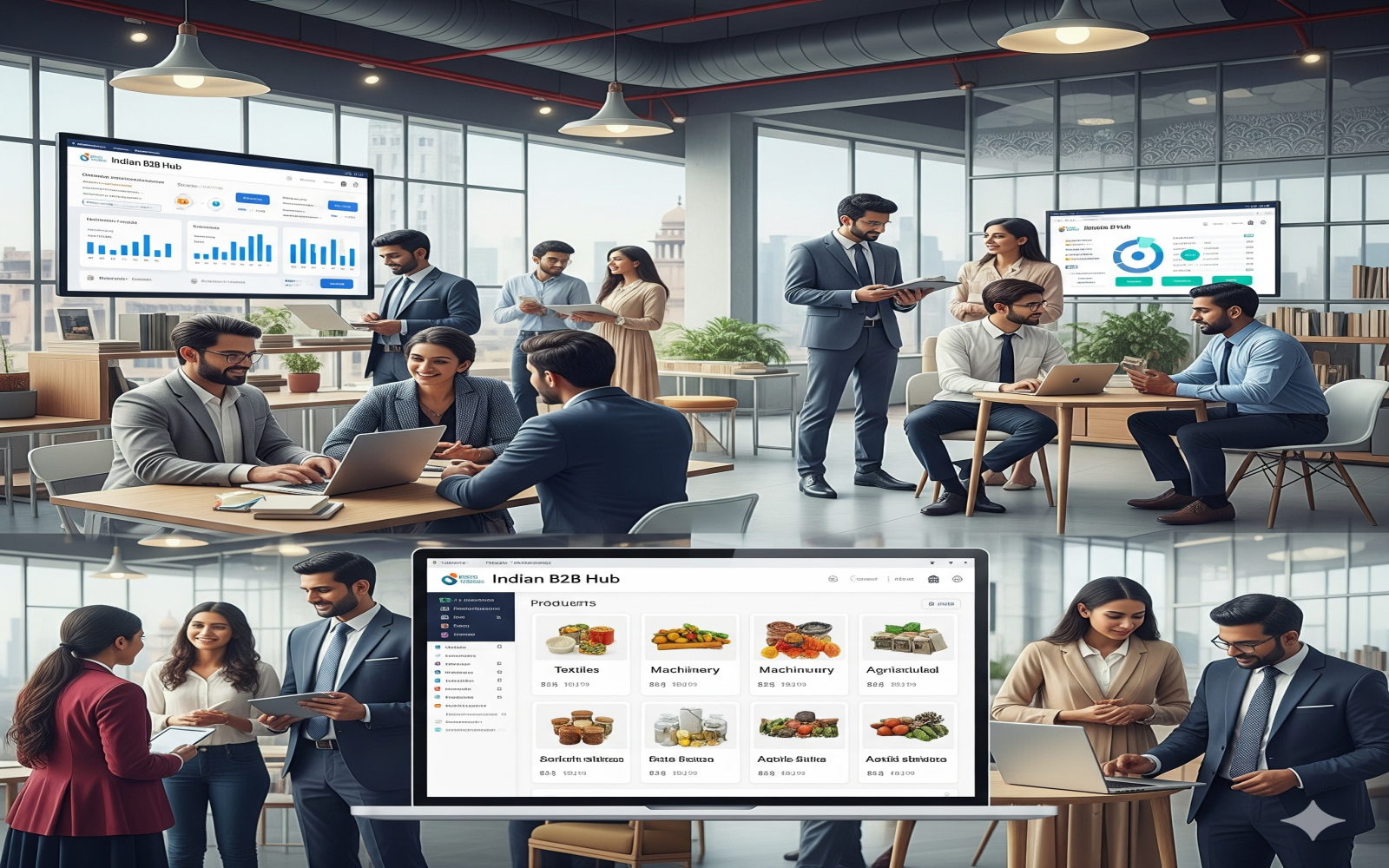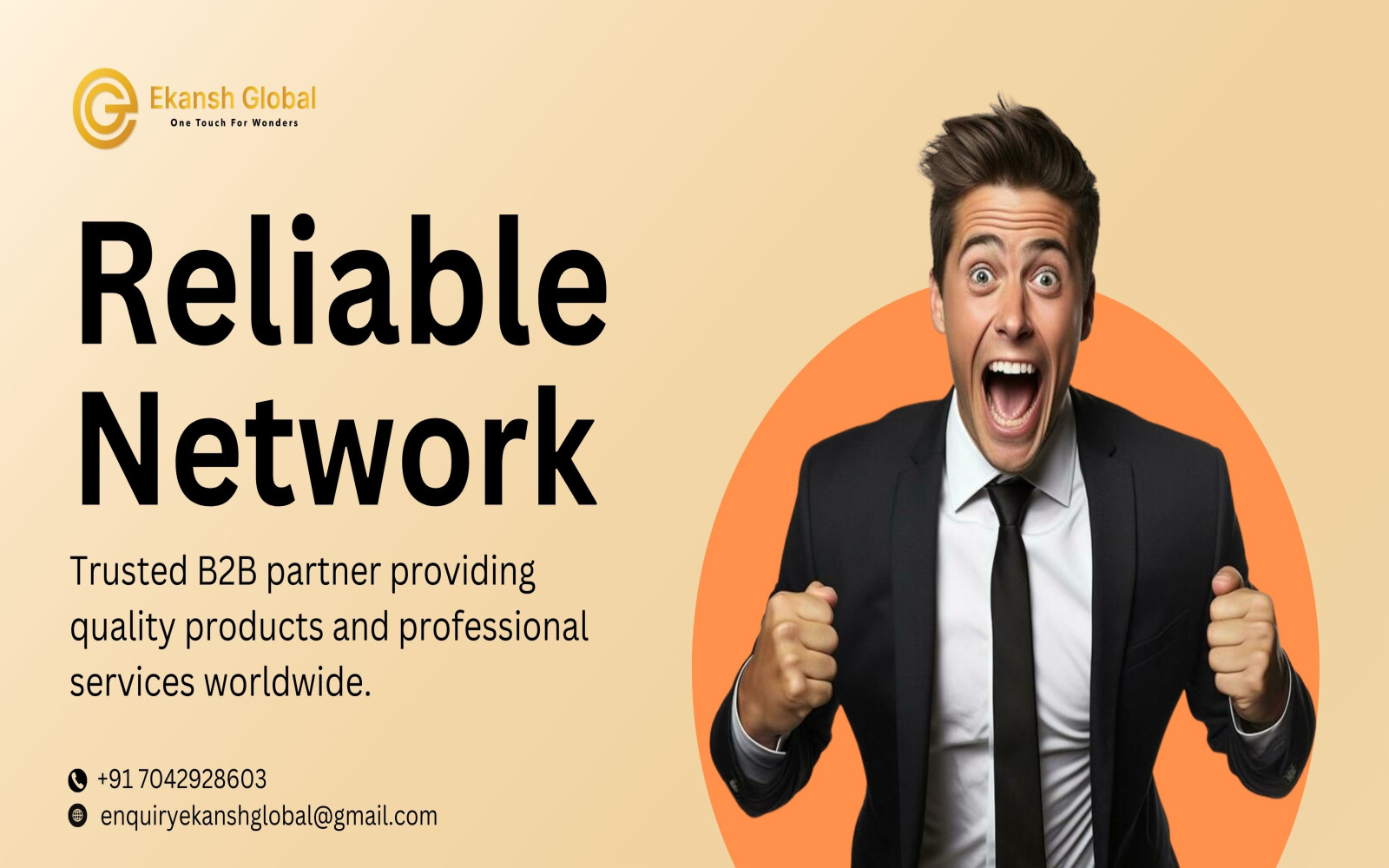How to Find Genuine Moringa Powder Buyers for Export
Posted By: Admin
The crisp, green powder of Moringa is more than just a trending superfood; it's a powerhouse of nutrition, and the demand for it is soaring globally. For many farmers and suppliers in India, this presents an incredible opportunity. But let's be honest—the dream of exporting your high-quality Moringa Powder can quickly turn into a nightmare of endless searching, shady deals, and a mountain of unanswered emails.
You've put in the hard work: from cultivating the finest Moringa leaves to processing them into a pristine powder. You know your product is top-tier. Yet, the question remains: "How do I connect with genuine international moringa leaf powder buyers and truly scale my business?" This is a real problem, a roadblock that many aspiring exporters face. The fear of getting scammed, the confusion over regulations, and the sheer volume of information can be overwhelming. But what if I told you there's a clear path forward, a systematic approach to finding reliable partners who value your product as much as you do? This isn't just about making a sale; it's about building a sustainable, trustworthy export business.
This comprehensive guide will walk you through the essential steps, from understanding the global market to leveraging the right platforms to find and verify genuine moringa powder buyers. We'll move past the generic advice and dive into actionable strategies that will help you grow your business and establish a strong presence in the international market.
The Global Moringa Market: A Snapshot
Before you start looking for buyers, you need to understand the landscape. The global market for Moringa products is a multi-billion-dollar industry, and it's growing at an impressive rate. This growth is primarily fueled by increasing consumer awareness of health and wellness, a rise in the demand for plant-based supplements, and the need for natural, clean-label ingredients.
So, who's leading the charge?
Who is the largest producer of moringa in the world?
India is, without a doubt, the undisputed champion. Often called the "Moringa hub of the world," India accounts for a significant share of the global moringa production. This gives Indian suppliers a massive advantage in terms of both volume and quality. The favorable climate, rich soil, and established agricultural practices make it the ideal place to cultivate Moringa Oleifera, the most common and sought-after variety. In fact, states like Tamil Nadu are major players, with a strong focus on enhancing export potential through specialized zones.
This leadership position means your product is coming from a region with a reputation for excellence. It's a key selling point you should always highlight when engaging with potential buyers.
In which industry is moringa powder used?
The versatility of Moringa Powder is what makes it so valuable. Its applications span across several lucrative industries, offering you multiple avenues for sales.
Nutraceutical and Health Supplements: This is the biggest market. Moringa's rich profile of vitamins, minerals, and antioxidants makes it a perfect ingredient for dietary supplements, capsules, tablets, and protein powders. Think about health-conscious consumers in the USA and Europe looking for natural immunity boosters.
Food and Beverage: The powder is used to fortify a wide range of food products. It can be added to energy bars, smoothies, juices, teas, and even baked goods. The "superfood" trend has made Moringa a popular addition to functional foods.
Cosmetics and Skincare: Moringa's antioxidant properties are highly valued in the beauty industry. It's used in anti-aging creams, hair oils, face masks, and other skincare products due to its ability to combat free radicals and nourish the skin.
Animal Feed: While less glamorous, this is a growing market. Moringa is being used as a nutritional supplement in animal feed to improve the health and growth of livestock.
By understanding these industries, you can tailor your marketing and product offerings to specific buyer needs. A buyer from the cosmetics industry will have different quality and certification requirements than a nutraceutical company, so it's crucial to know who you're talking to.
The Challenge: Finding Genuine Moringa Powder Buyers
Now for the main event. Finding moringa powder buyers who are legitimate, reliable, and willing to pay a fair price for your quality product is the most critical step. You'll need a strategic, multi-pronged approach.
1. Leveraging B2B Portals and Marketplaces
In the digital age, B2B portals are your best friends. They act as a bridge between moringa powder suppliers and global moringa powder buyers. However, not all platforms are created equal. You need to choose a platform that is not only popular but also has a strong focus on authenticity and buyer verification.
This is where a B2B portal like Ekansh Global comes into play. It's not just a directory; it's a curated marketplace designed to connect serious businesses. By listing your moringa powder on a platform like this, you get direct access to a global audience of verified moringa leaf powder buyers. The platform promotes transparency and trust, which is a huge relief for anyone looking to avoid scams. Ekansh Global is promoted as one of the best B2B portals in India, providing a reliable ecosystem for both suppliers and buyers, making it an excellent starting point for your export journey.
2. Trade Shows and Exhibitions
While digital is essential, don't underestimate the power of face-to-face interactions. Attending international food, health, and wellness trade shows is a fantastic way to meet potential buyers directly. It allows you to showcase your product, build personal relationships, and get a feel for the market.
Mini Case Study: An aspiring moringa powder supplier from a small farm in Tamil Nadu, let's call him Rajesh, was struggling to get noticed online. He decided to invest in a small booth at a wellness exhibition in Dubai. He brought samples of his organically certified moringa powder and shared the story of his farm. A procurement manager from a large European nutraceutical company, impressed by the quality and Rajesh's passion, placed an initial order of 100 kgs. Within two years, that relationship grew into a consistent quarterly order of 5 metric tons, with the company helping Rajesh with packaging and certification standards. This is a real-world example of how a personal connection at a trade show can lead to long-term, high-value contracts.
3. Partnering with Export Promotion Councils and Government Bodies
Organizations like the Agricultural and Processed Food Products Export Development Authority (APEDA) in India are invaluable resources. They often provide market intelligence, organize buyer-seller meets, and offer support for new exporters. They can help you with certifications and provide a list of credible importers.
4. The Power of Direct Outreach and Content Marketing
Building your own brand and online presence is crucial. A professional website that showcases your farm, your processing standards, and your certifications (like ISO, FSSAI, or organic certifications) is non-negotiable.
You can also use content marketing to position yourself as an expert. Write blog posts about the benefits of Moringa Powder, its applications, and the quality of your product. Use LinkedIn to connect with procurement managers and industry leaders. Share your story. This helps build trust and makes buyers feel confident in your expertise and product.
The Due Diligence: Verifying Your Potential Buyer
Once you have a list of potential moringa powder buyers, the real work begins. You must verify them to ensure they are genuine and not a fraudulent entity.
Check for an Online Presence: Do they have a professional website? Is it active and up-to-date? Look for their company on LinkedIn and other professional networks. A legitimate business will have a verifiable digital footprint.
Request References: Don't hesitate to ask for references from other suppliers they have worked with. A genuine buyer will be happy to provide them.
Use Trade Data Websites: Platforms like Volza, Panjiva, or even a simple Google search for their import/export records can provide a wealth of information. This data will show you if they are actively importing moringa powder and from where.
Start with a Small Trial Order: Always, always, always begin with a small trial order. This allows you to test their payment process, communication, and overall professionalism without risking a large shipment.
In Which City Is the Most Moringa Powder Sold?
This is a common question, and the answer isn't as simple as naming a single city. The demand for moringa powder is driven by major metropolitan areas with high concentrations of health-conscious consumers, supplement manufacturers, and a strong presence of the food and beverage industry.
Internationally, top importing countries are the United States, the United Kingdom, Germany, and Canada. Within India, while production is concentrated in states like Tamil Nadu, cities with significant commercial hubs and a robust domestic wellness market, such as Mumbai, Delhi, and Bangalore, see high demand for both domestic consumption and for further processing and export. These cities are where you'll find many of the key players—distributors, wholesalers, and manufacturers—who are the ultimate moringa powder buyers.
The Largest Company Providing Supplier and Buyer of Moringa Powder
The Moringa industry is quite fragmented, with many small to medium-sized players. However, some large-scale corporations and B2B platforms have established themselves as dominant forces. While it's difficult to pinpoint a single "largest company," platforms like Ekansh Global and other leading B2B marketplaces have emerged as the largest providers of a network for both suppliers and buyers. They are essentially the digital infrastructure that enables the entire global trade of moringa powder.
By providing a platform for thousands of verified moringa powder suppliers and connecting them with a massive pool of global moringa powder buyers, these B2B portals play a pivotal role. They offer tools for communication, trade, and logistics, making the entire process more efficient and secure. In this sense, they act as the largest facilitator of moringa trade.
Final Thoughts: Building Your Export Empire
The journey from a local moringa powder supplier to a global exporter is a marathon, not a sprint. It requires patience, diligence, and a strategic mindset. The key is to demonstrate your product's quality, build trust with your buyers, and leverage the right tools and platforms to make those connections.
Remember the story of Rajesh—a small supplier who turned a single trade show connection into a thriving export business. Your story can be the same. By understanding the market, using reliable platforms like Ekansh Global to find genuine moringa powder buyers, and conducting your due diligence, you can confidently take your business to the next level. The world is waiting for your Moringa Powder, and with the right approach, you can deliver it to them.
Frequently Asked Questions (FAQs)
1. Is it really safe to trust buyers from online B2B platforms?
That's a great question, and I get it. The internet can feel like the wild west. Here’s my take: B2B platforms themselves vary in quality. Some are just directories, while others, like Ekansh Global, put a lot of effort into verifying their members. I always recommend using a combination of the platform's verification and your own due diligence. Start with a small sample order, ask for company documents, and check their online reviews and references. It’s about being smart and cautious, not just blindly trusting.
2. What certifications are absolutely essential for exporting moringa powder?
In my experience, this depends on the destination country. However, a few certifications are universally respected and will open many doors for you. Having an ISO 9001 certification for quality management is a great start. If you're selling organic moringa powder, a certification from a body like USDA Organic, EU Organic, or India Organic is non-negotiable. Additionally, some countries may require specific food safety certifications like HACCP or FSSAI. Getting these upfront shows you're a serious, professional supplier and builds a lot of trust with buyers.
3. How do I decide on a price for my moringa powder?
Pricing can be tricky. My advice is to not just compete on the lowest price. Your goal is to get a good price for a great product. First, calculate all your costs—production, processing, packaging, shipping, and certifications. Then, research the market rate for a similar quality of moringa powder from other suppliers. Look at both domestic and international prices. Finally, don't be afraid to price your product based on its quality, especially if you have organic certification or unique processing methods. Quality buyers are often willing to pay a premium for a superior product.
4. What's the best way to package moringa powder for export?
Packaging is more important than you might think. For export, you need sturdy, durable packaging that protects the powder from moisture, light, and air. I've seen many suppliers use multi-layered bags with an inner lining, often with a vacuum seal. Make sure to clearly label everything with the product name, weight, origin, batch number, and any relevant certifications. Some buyers have specific packaging requirements, so always confirm with them before finalizing your shipment. Professional-looking packaging that reflects the quality of your product will always make a better impression.
Read Also
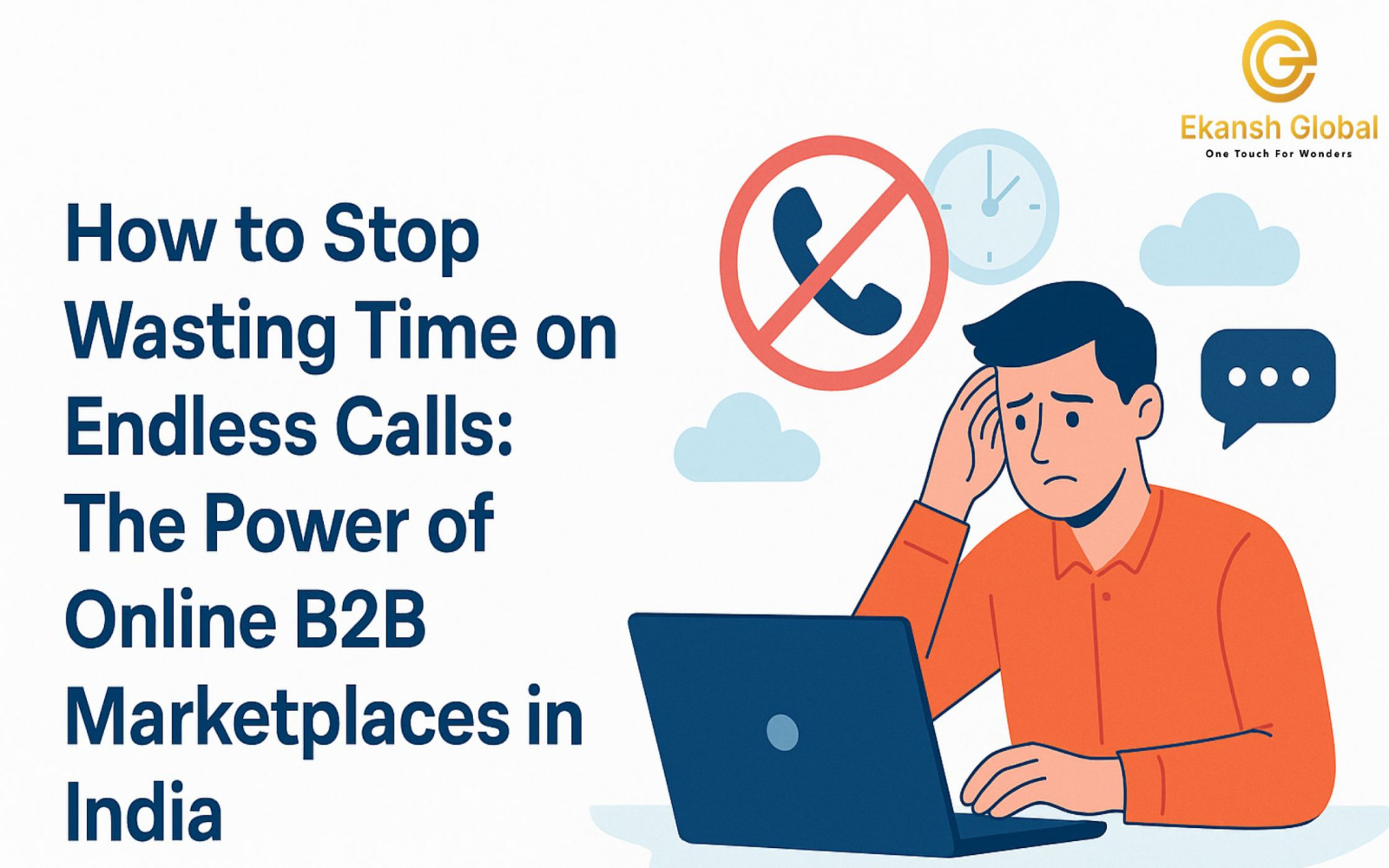

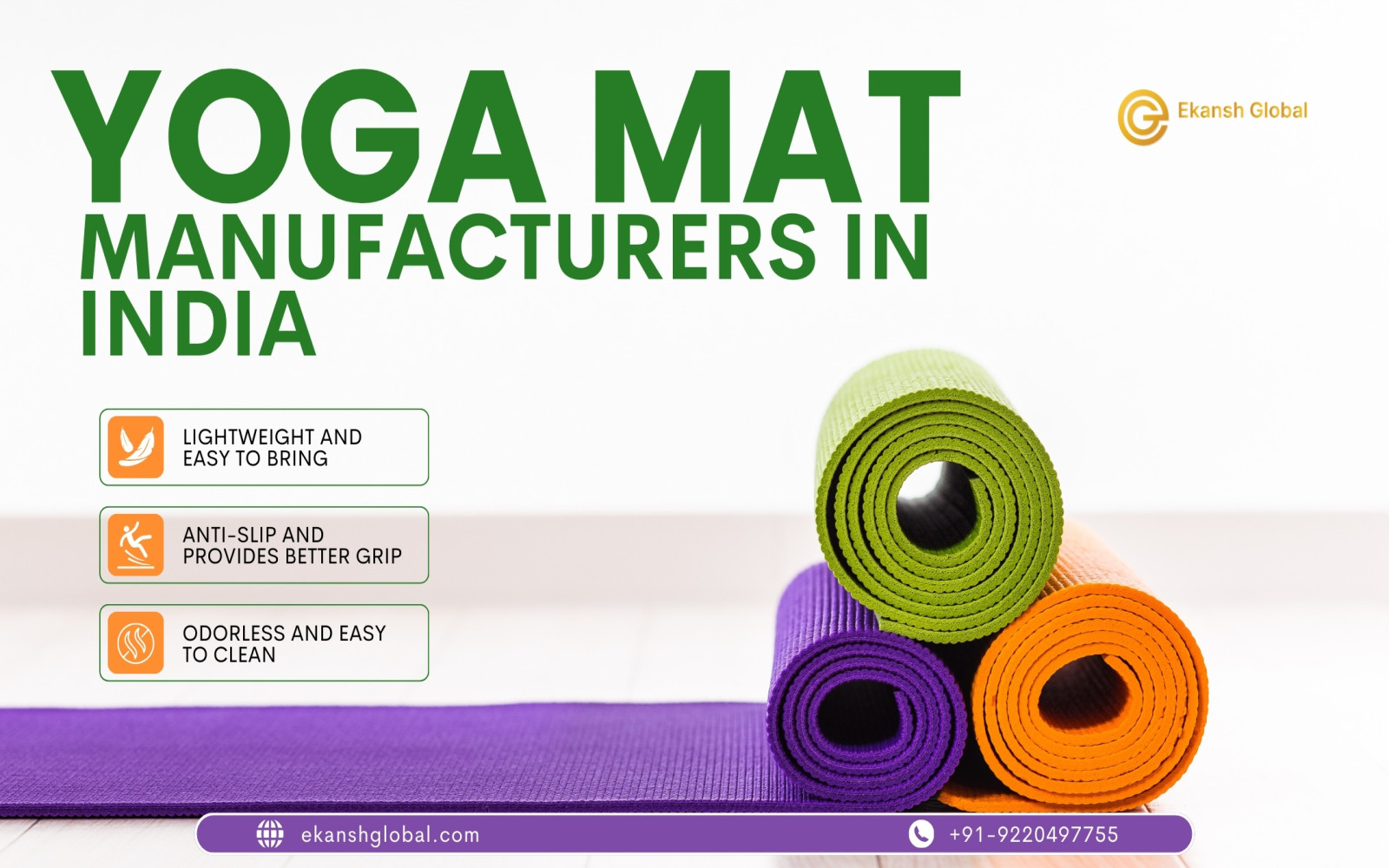
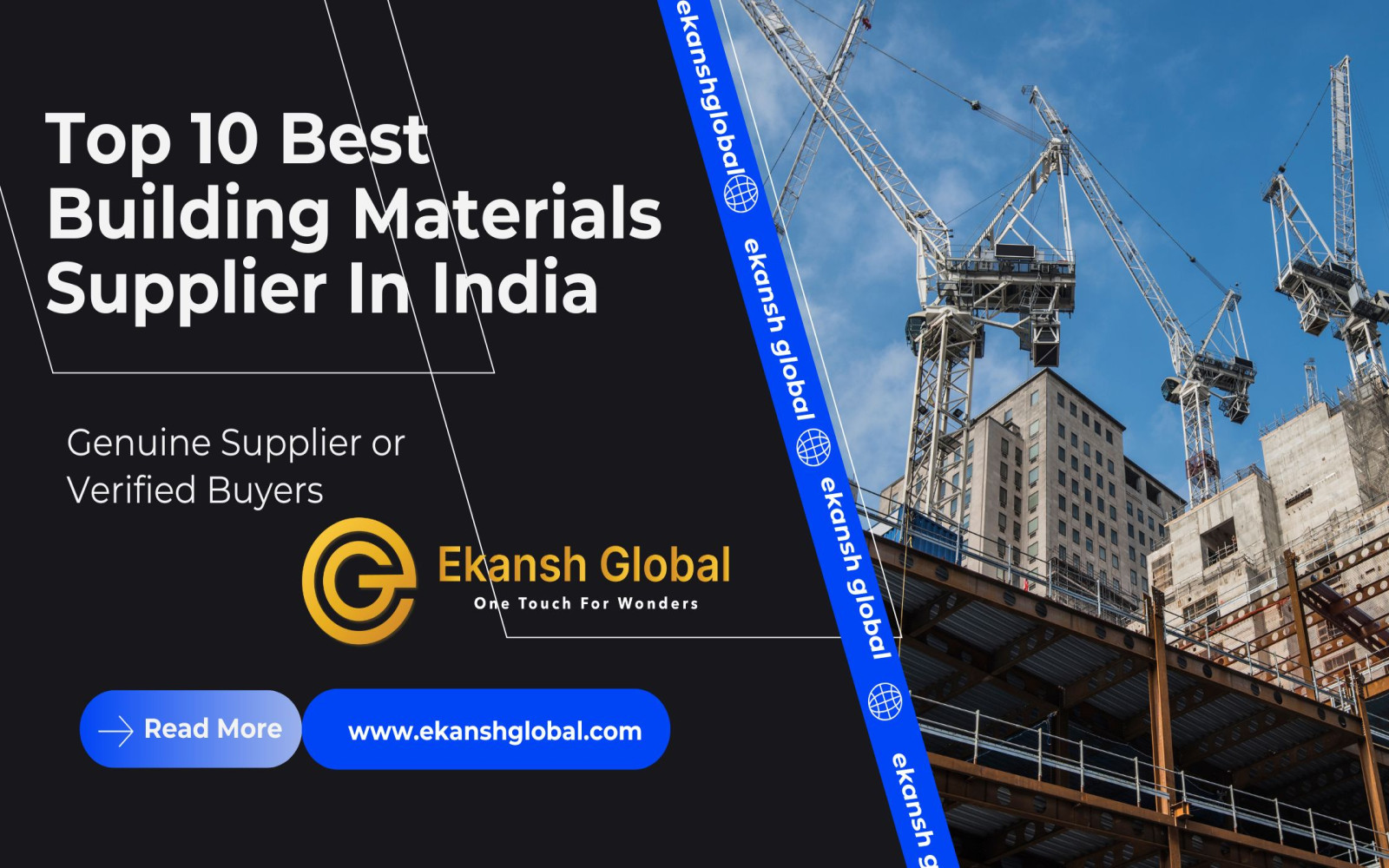
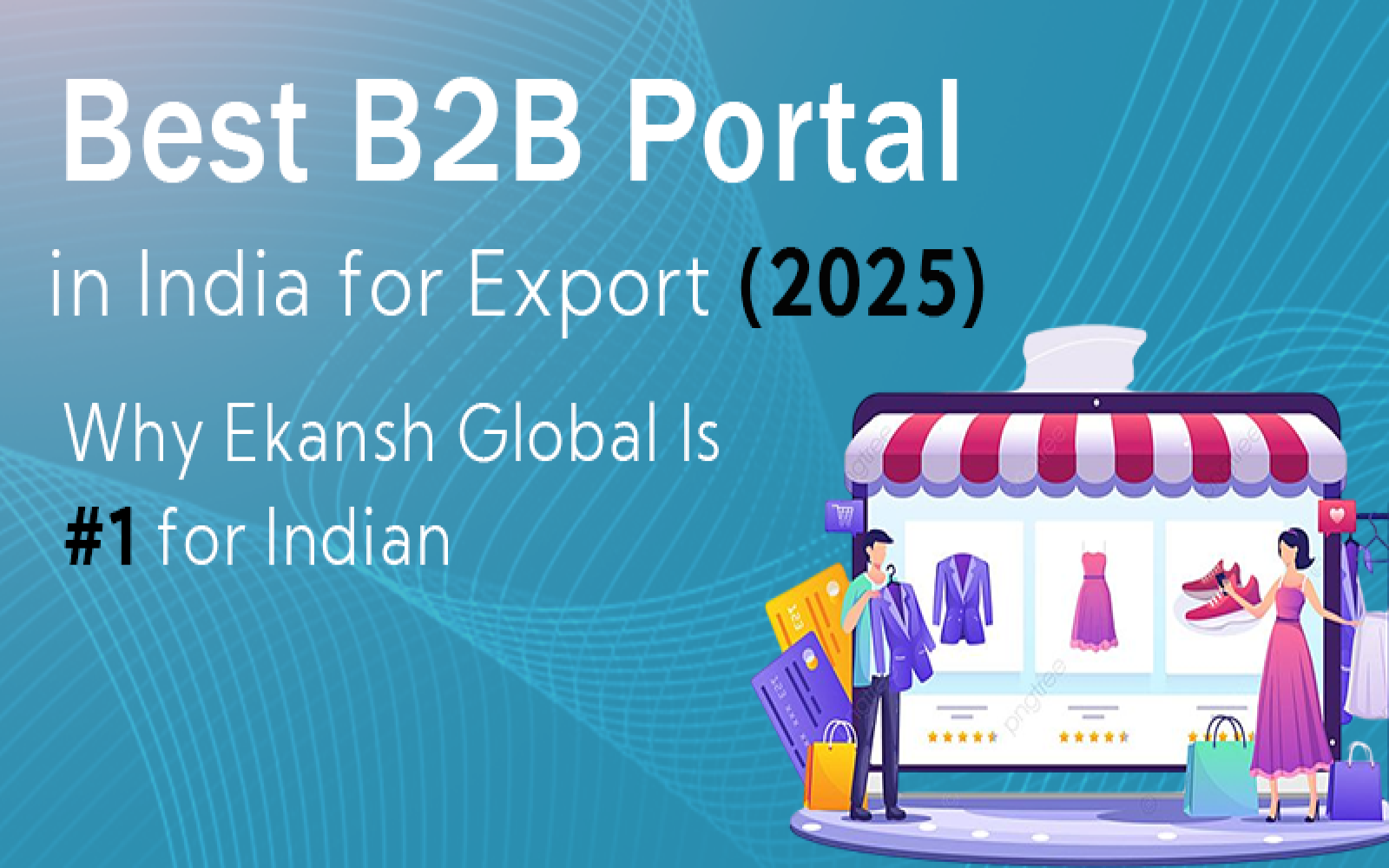
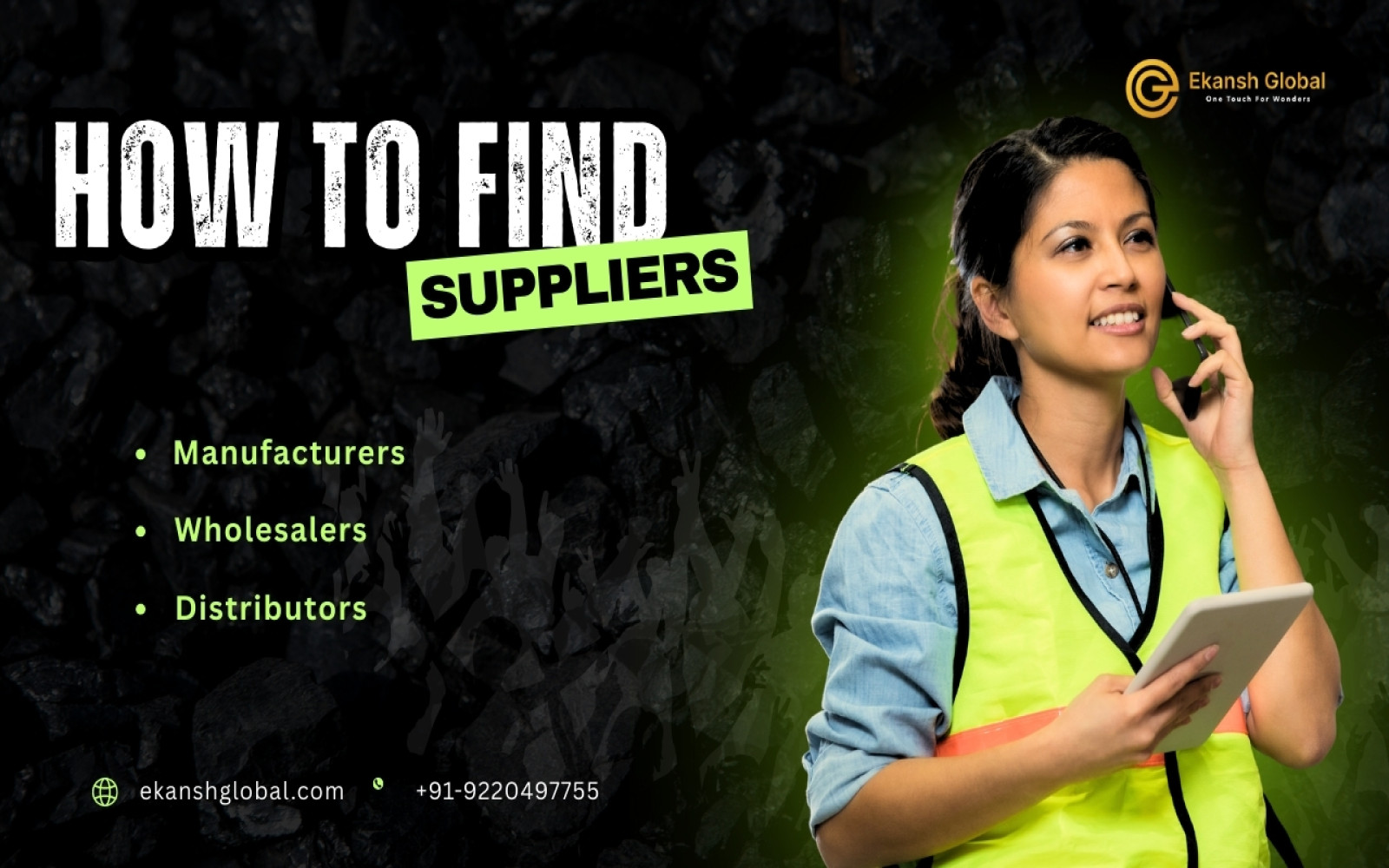
About Me

Ekansh Global Private Limited connects Indian products with global buyers, offering reliable export-import services to simplify and support safe, successful international trade for businesses worldwide.
EKANSH GLOBAL
Categories
- Agriculture
- Apparel & Fashion
- Auto & Automobile Accessories
- Construction & Building Material
- Gifts & Crafts
- Health & Beauty
- Home Supply
- Industrial Machinery
- Industrial Supplies
- Kitchen Utensils & Appliances
- Lab Instruments & Suppliers
- Leather
- Natural Stone
- Office Supplies
- Packaging & Paper
- Plastic
- Textiles & Fabrics
- Tools & Equipment
- F.M.C.G
- Ayurvedic and Herbal product
- Sports Goods / Equipment
- Stationery Products





